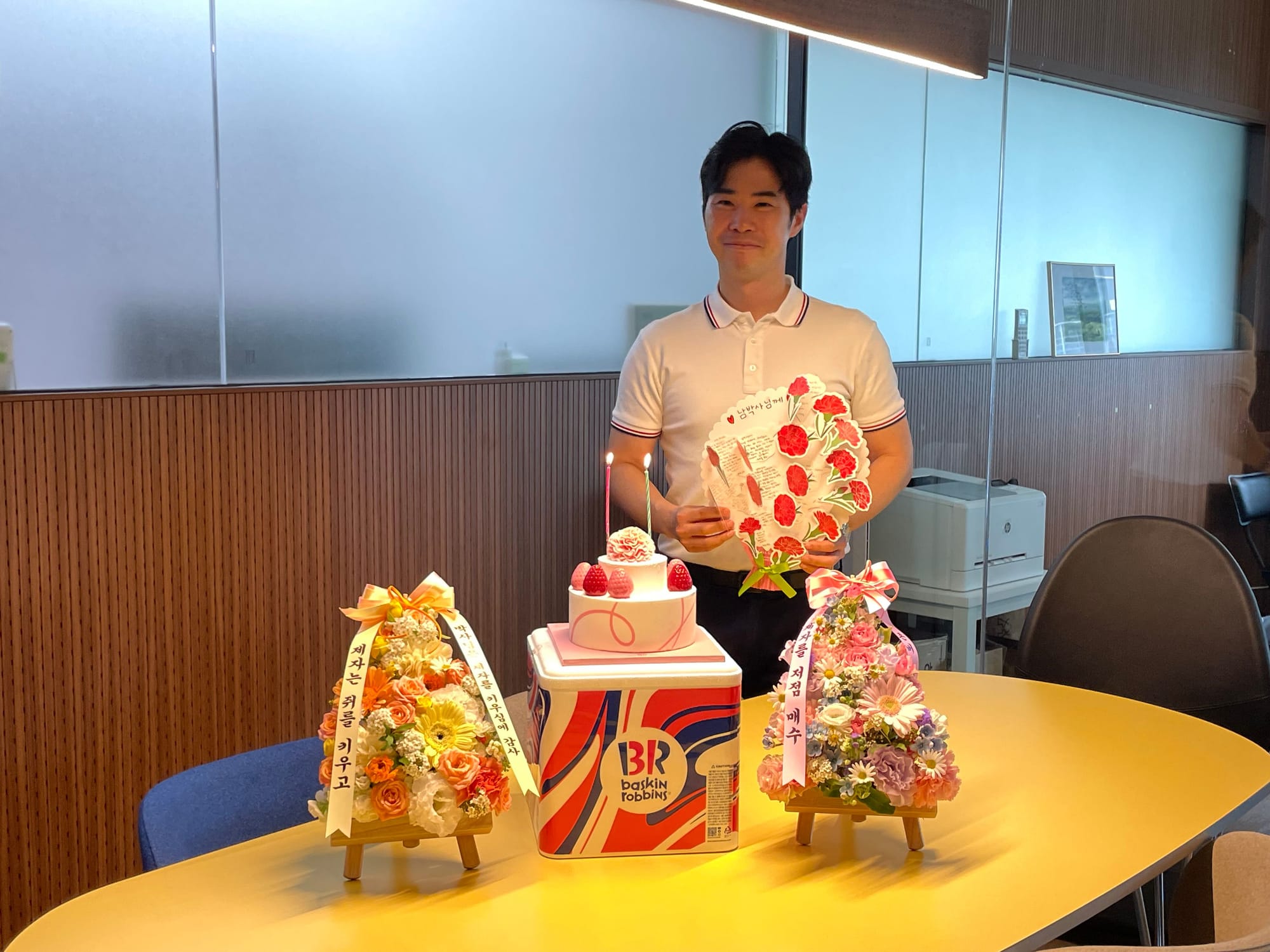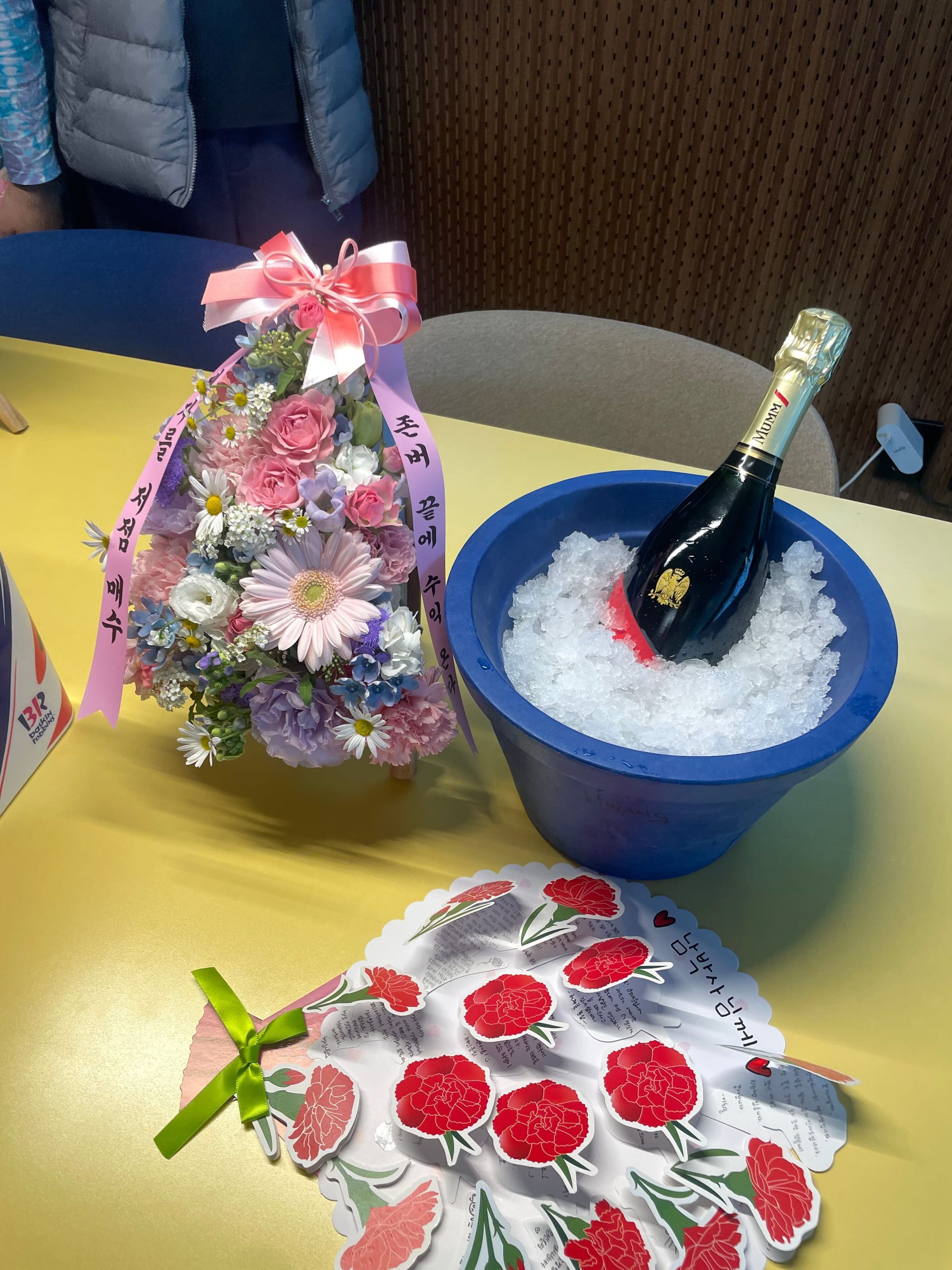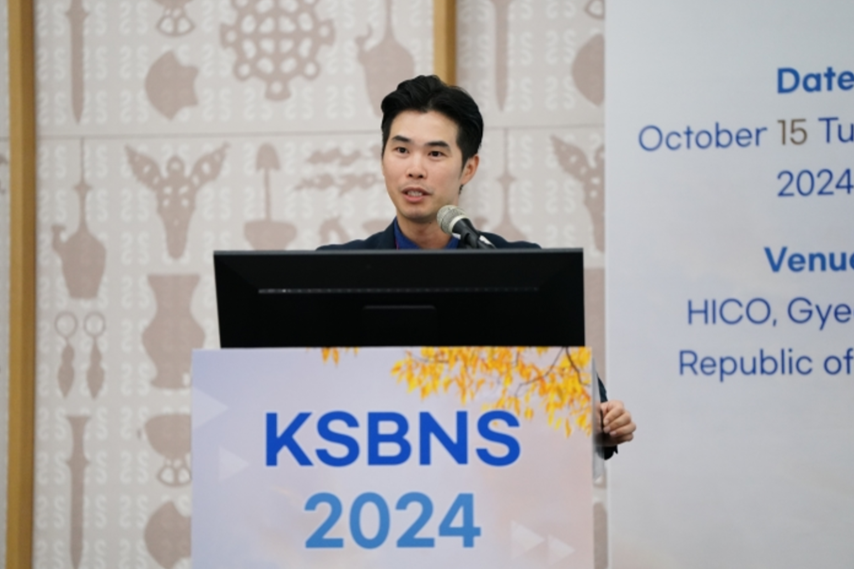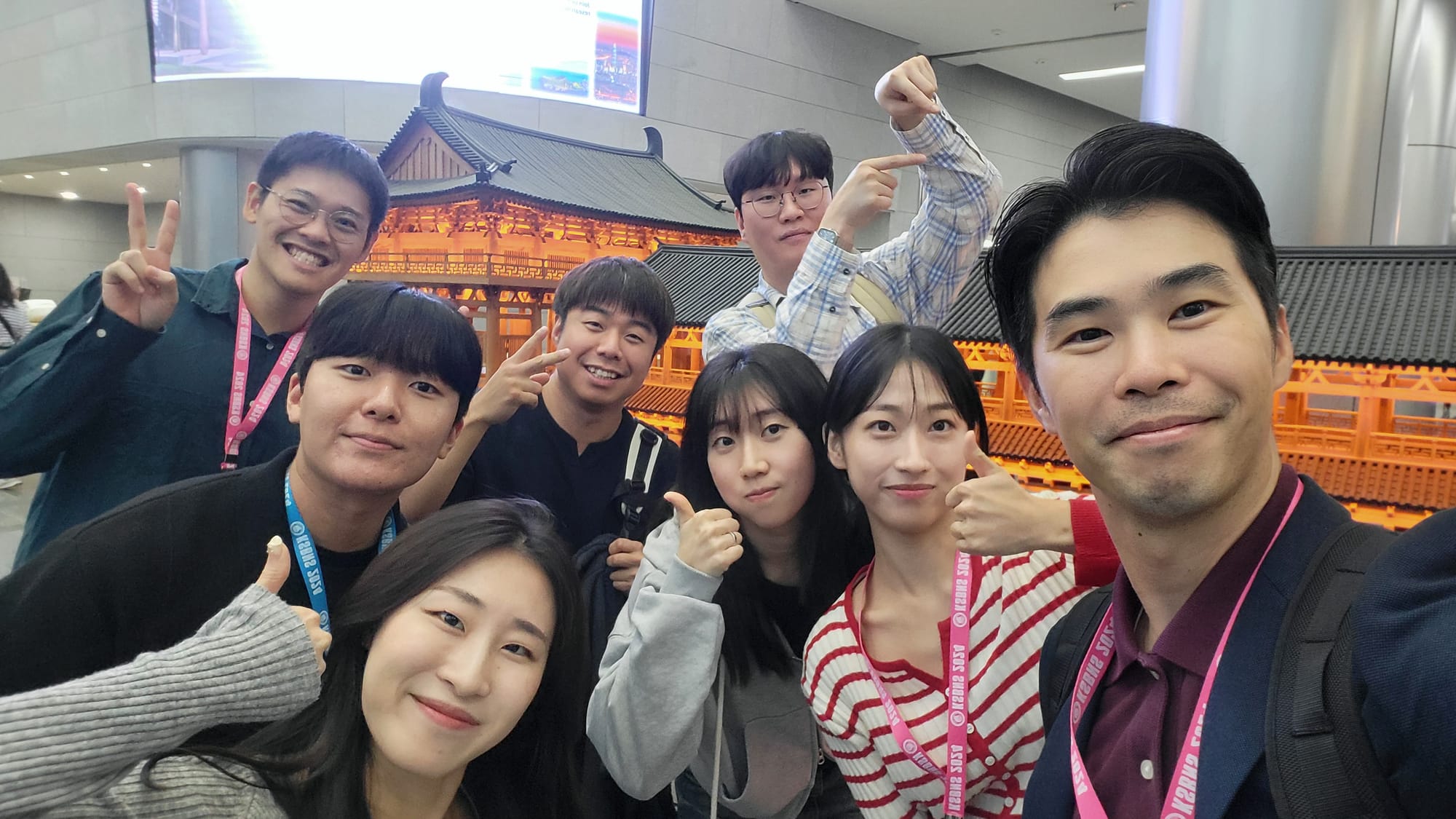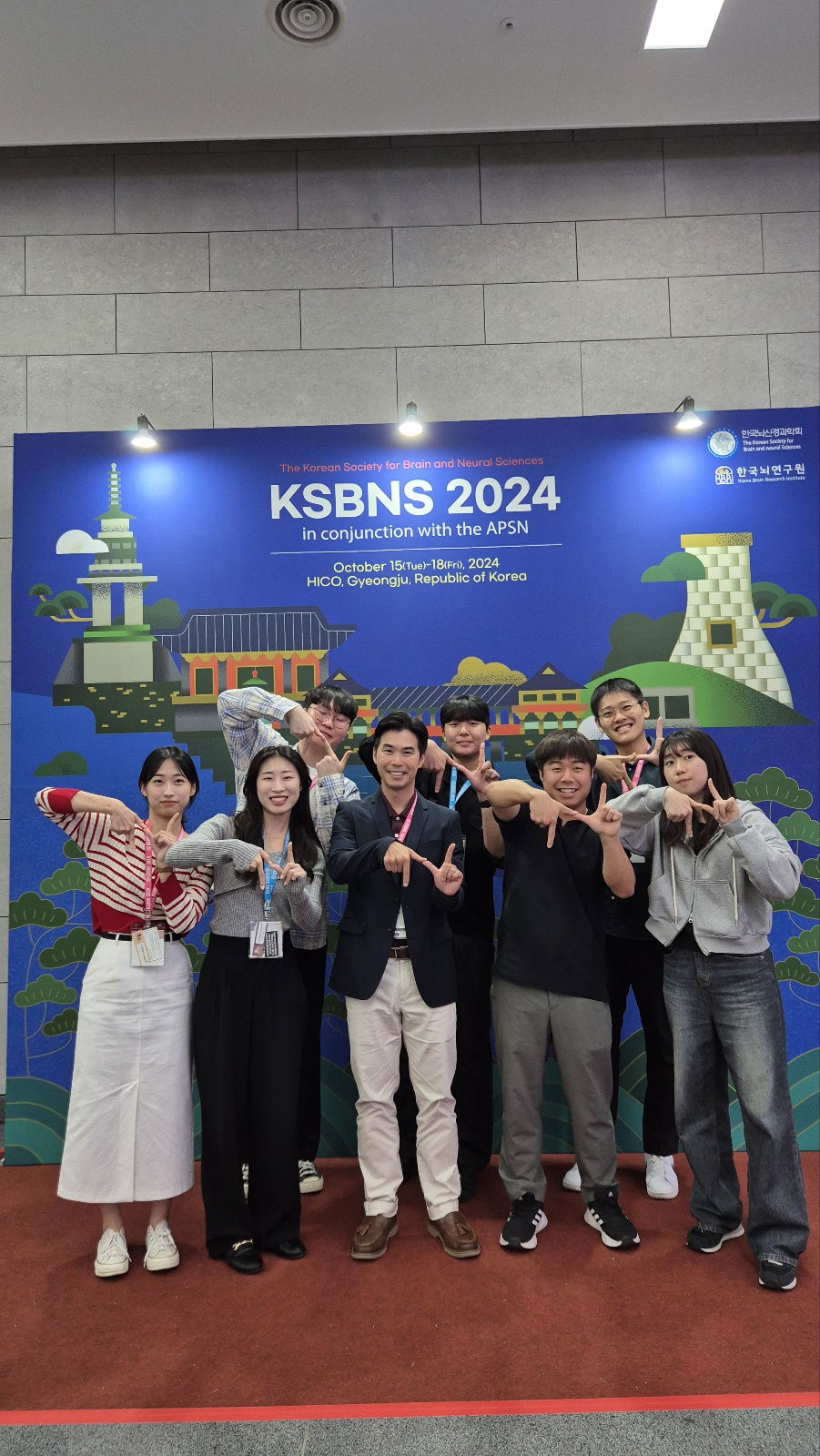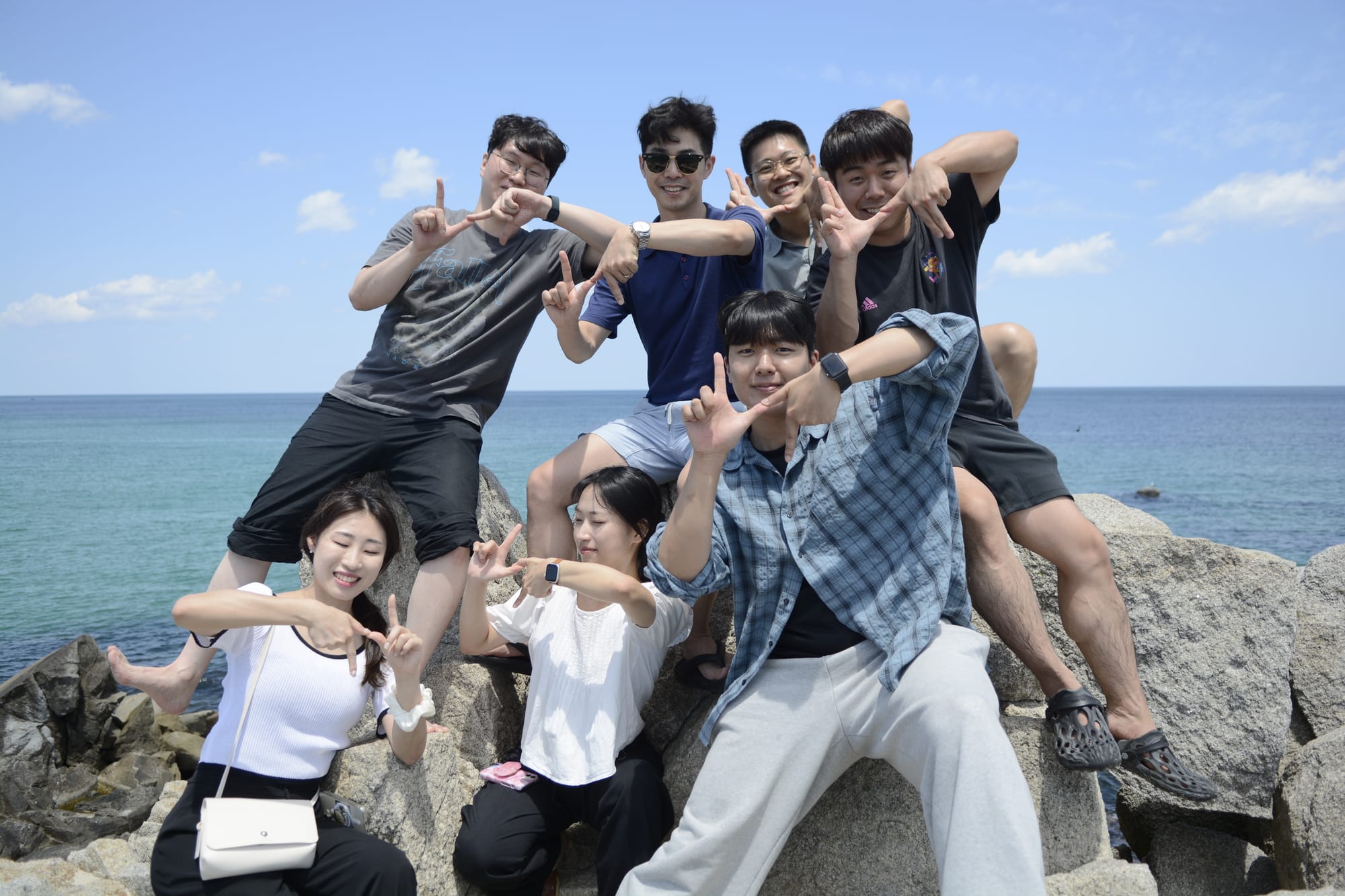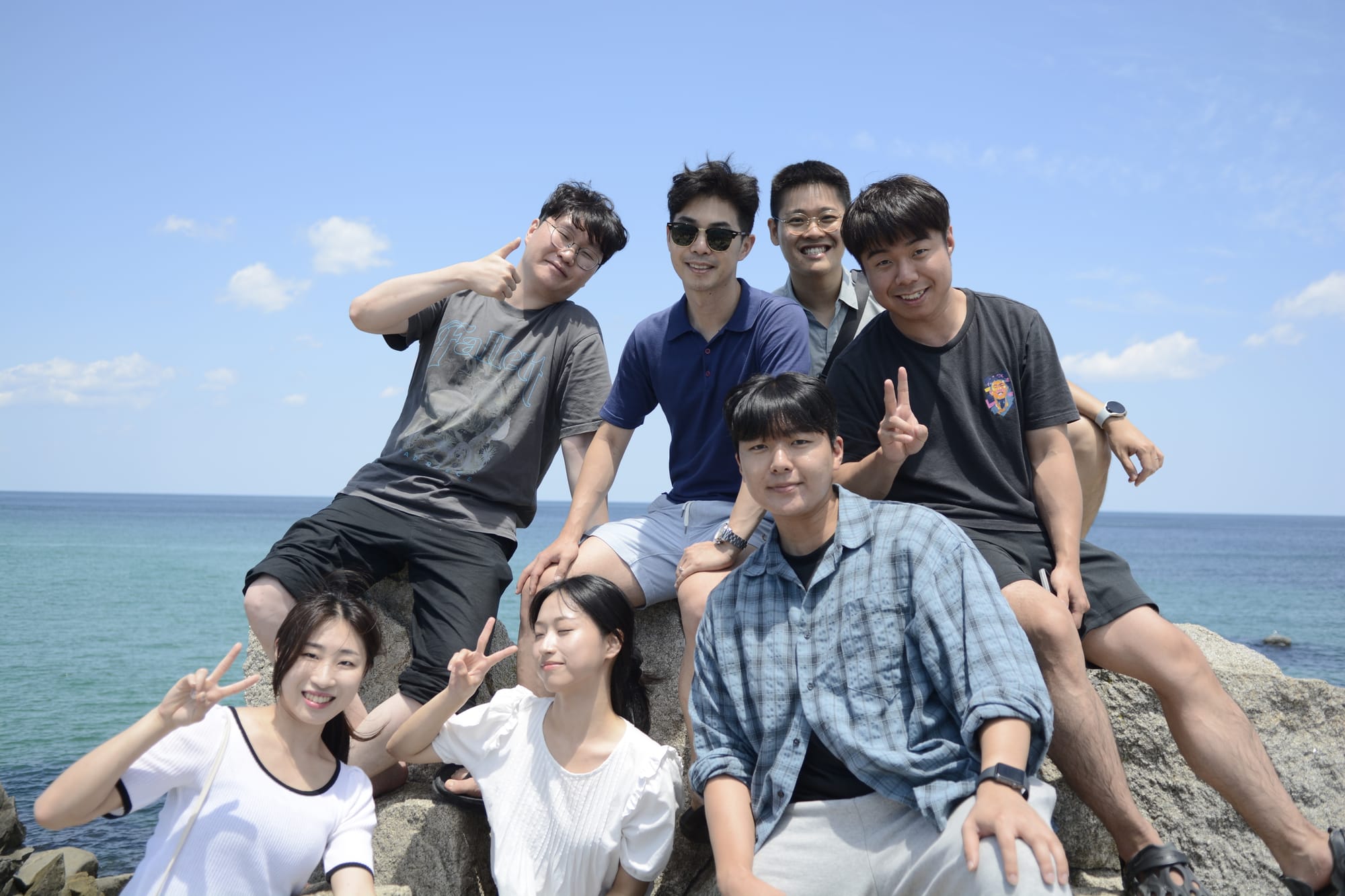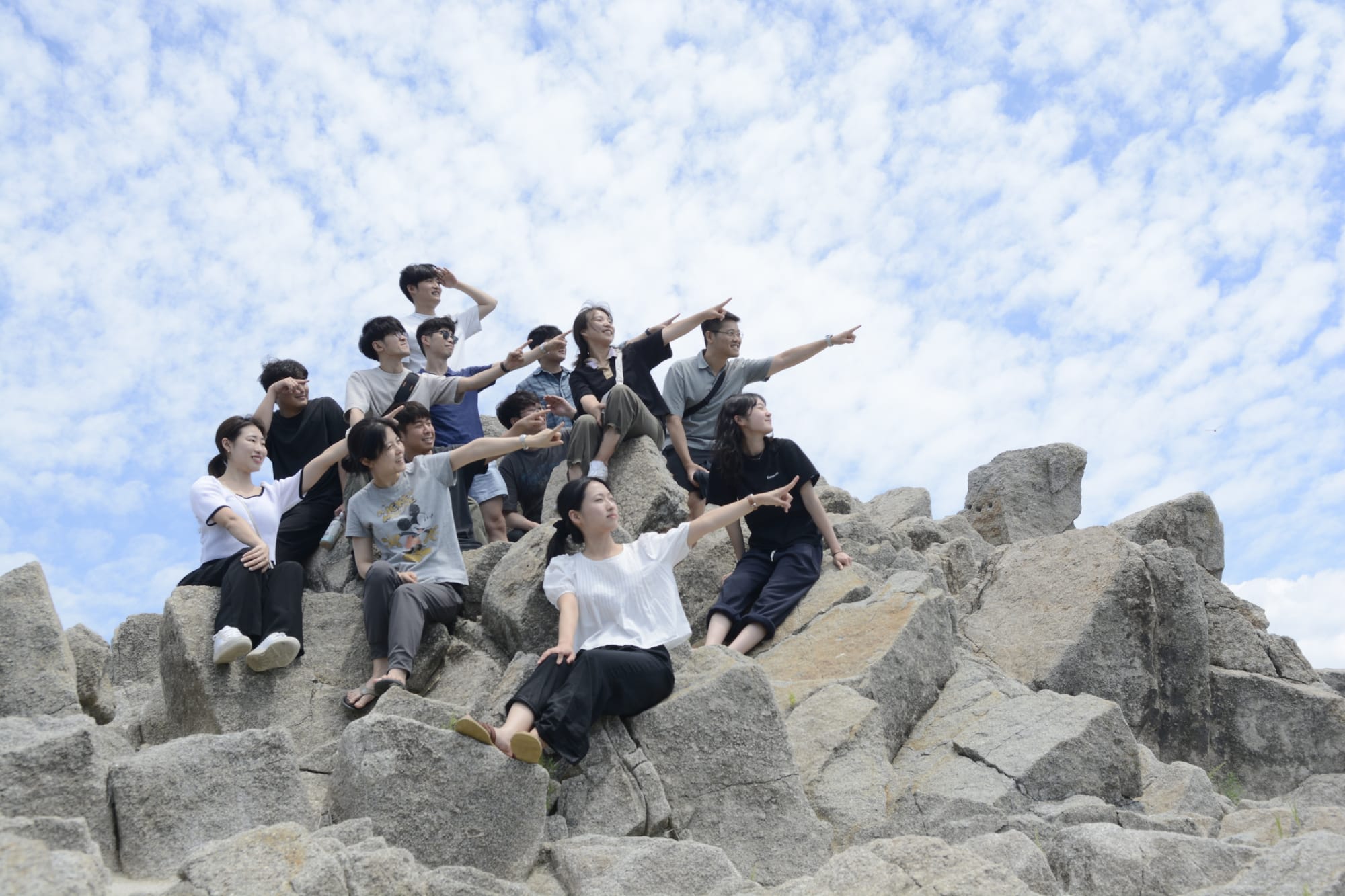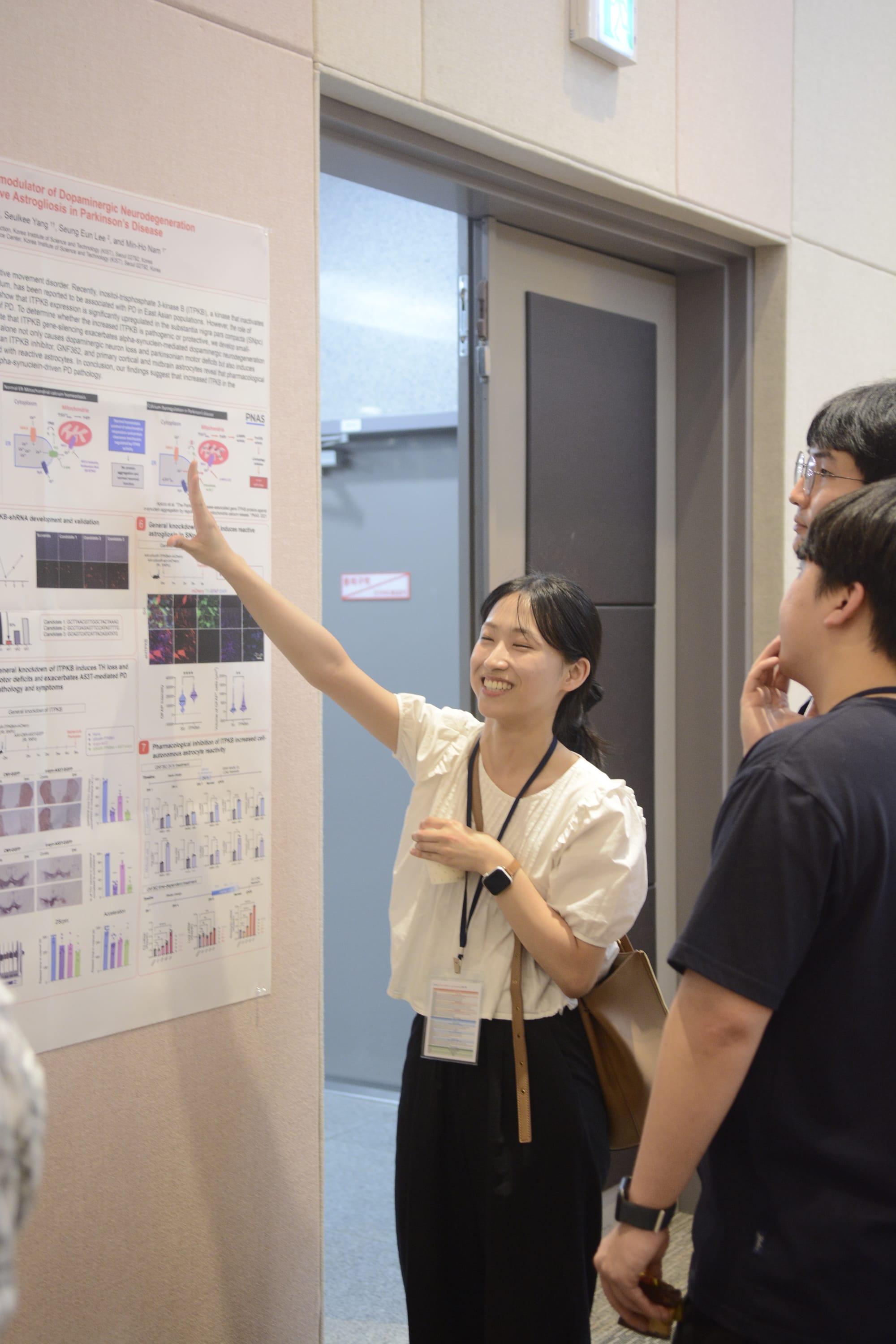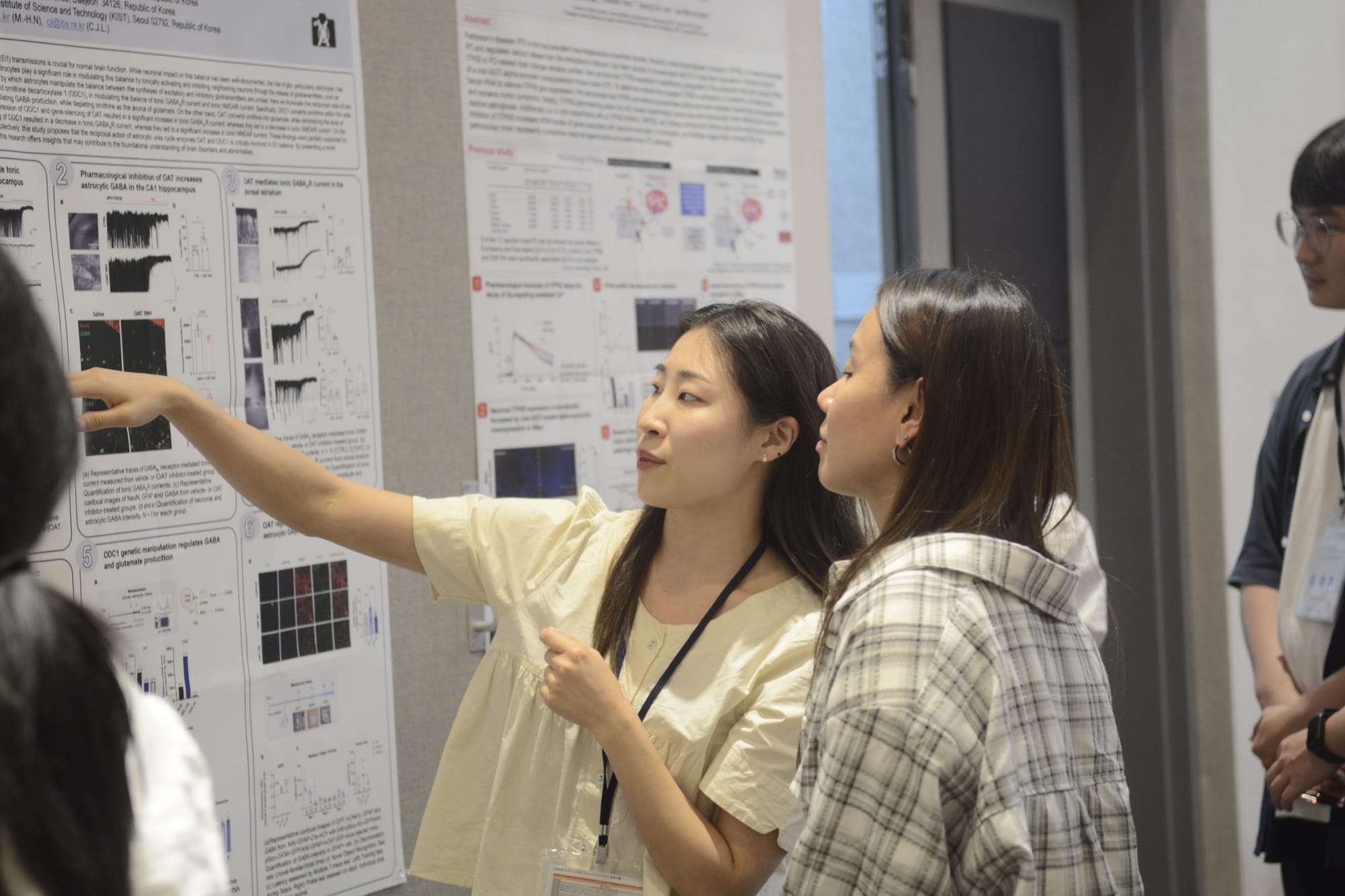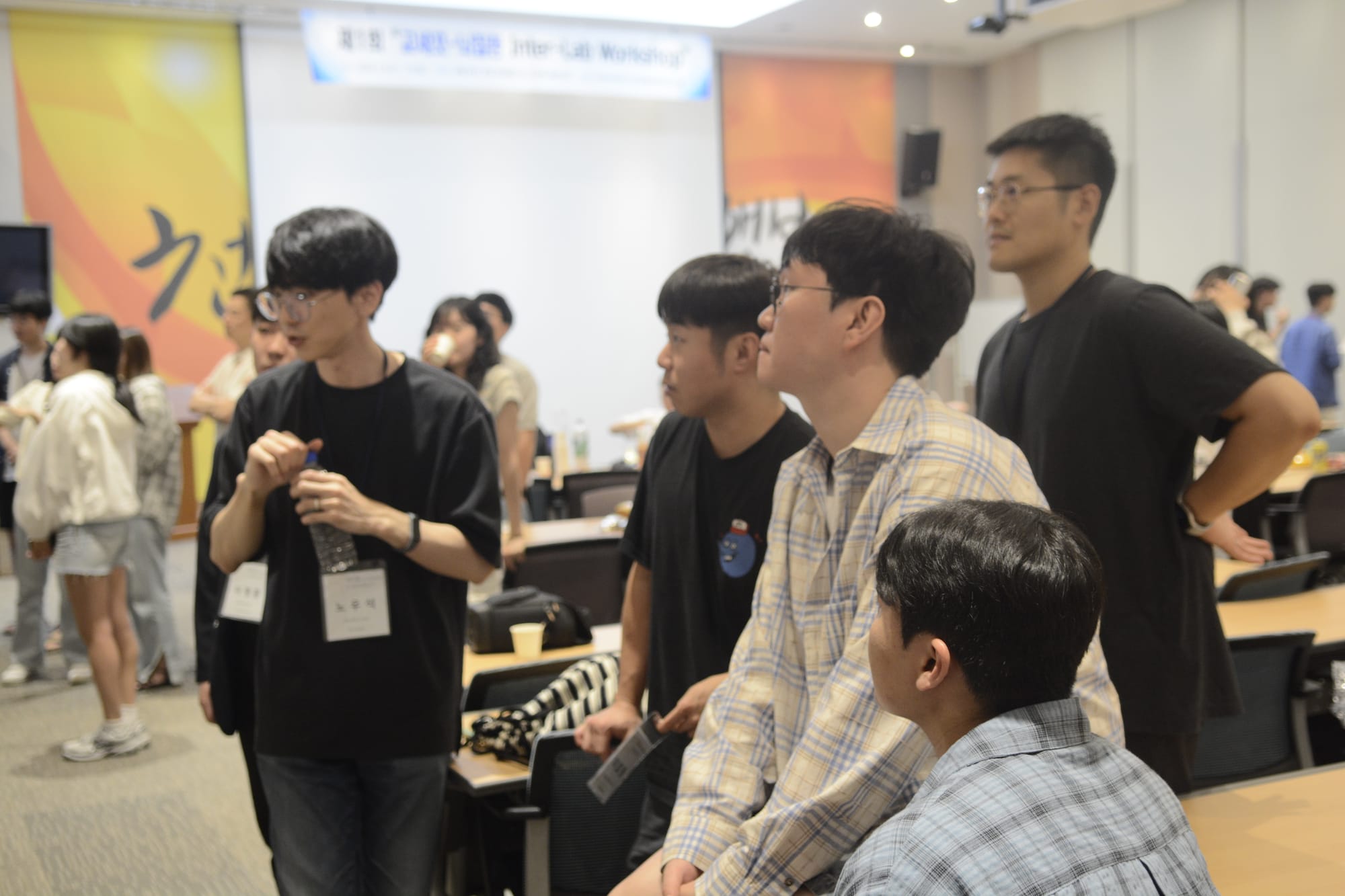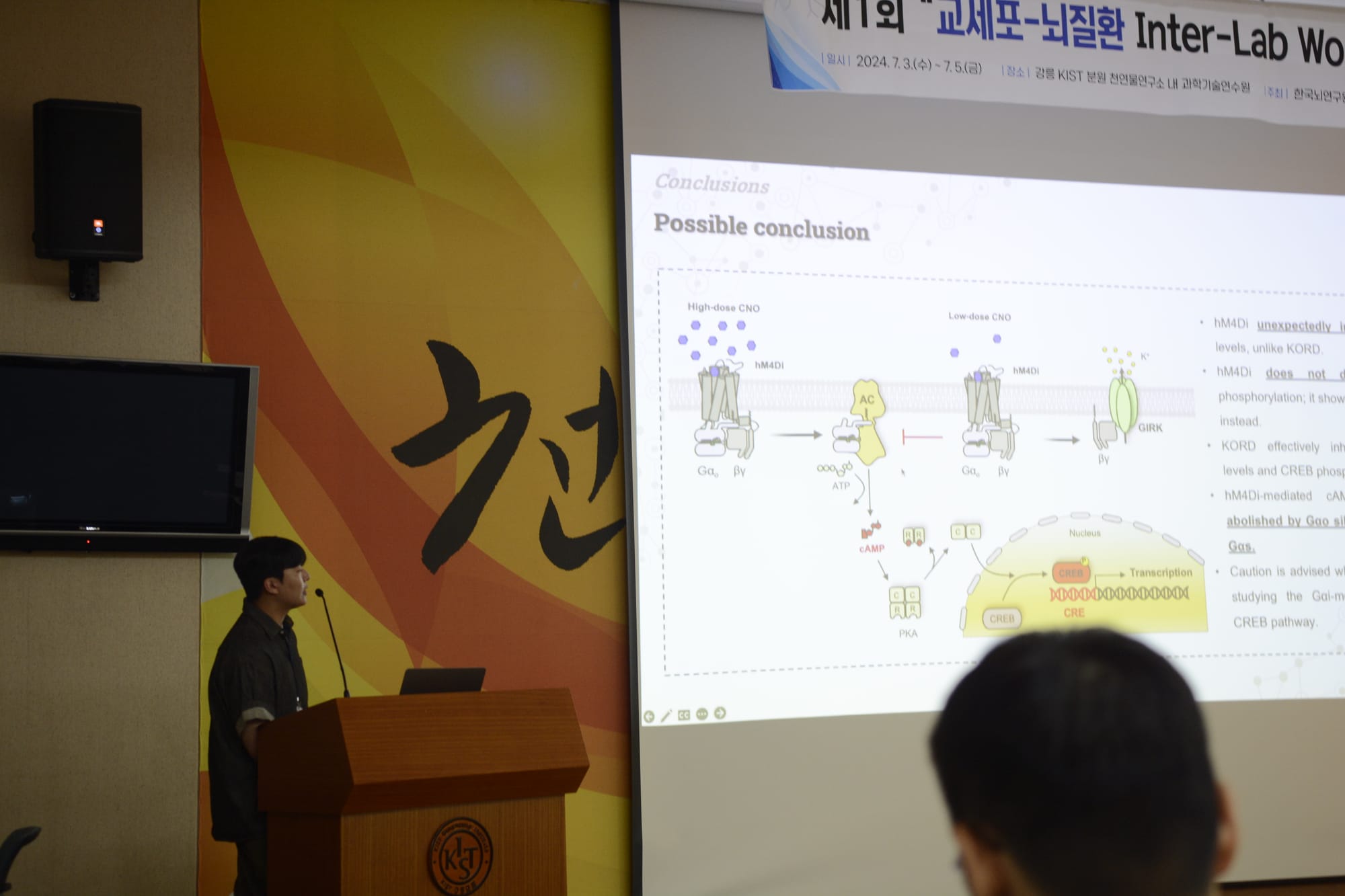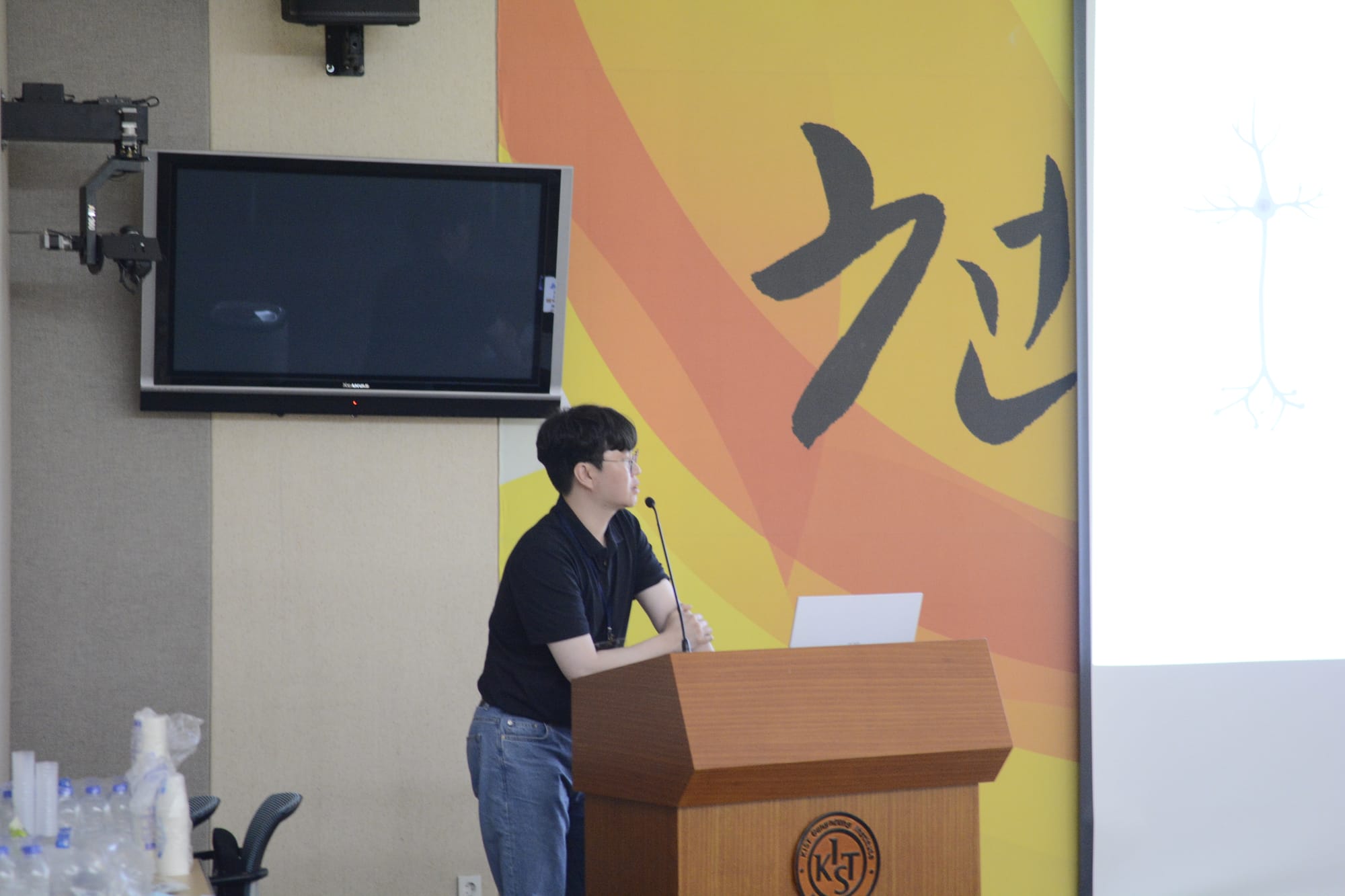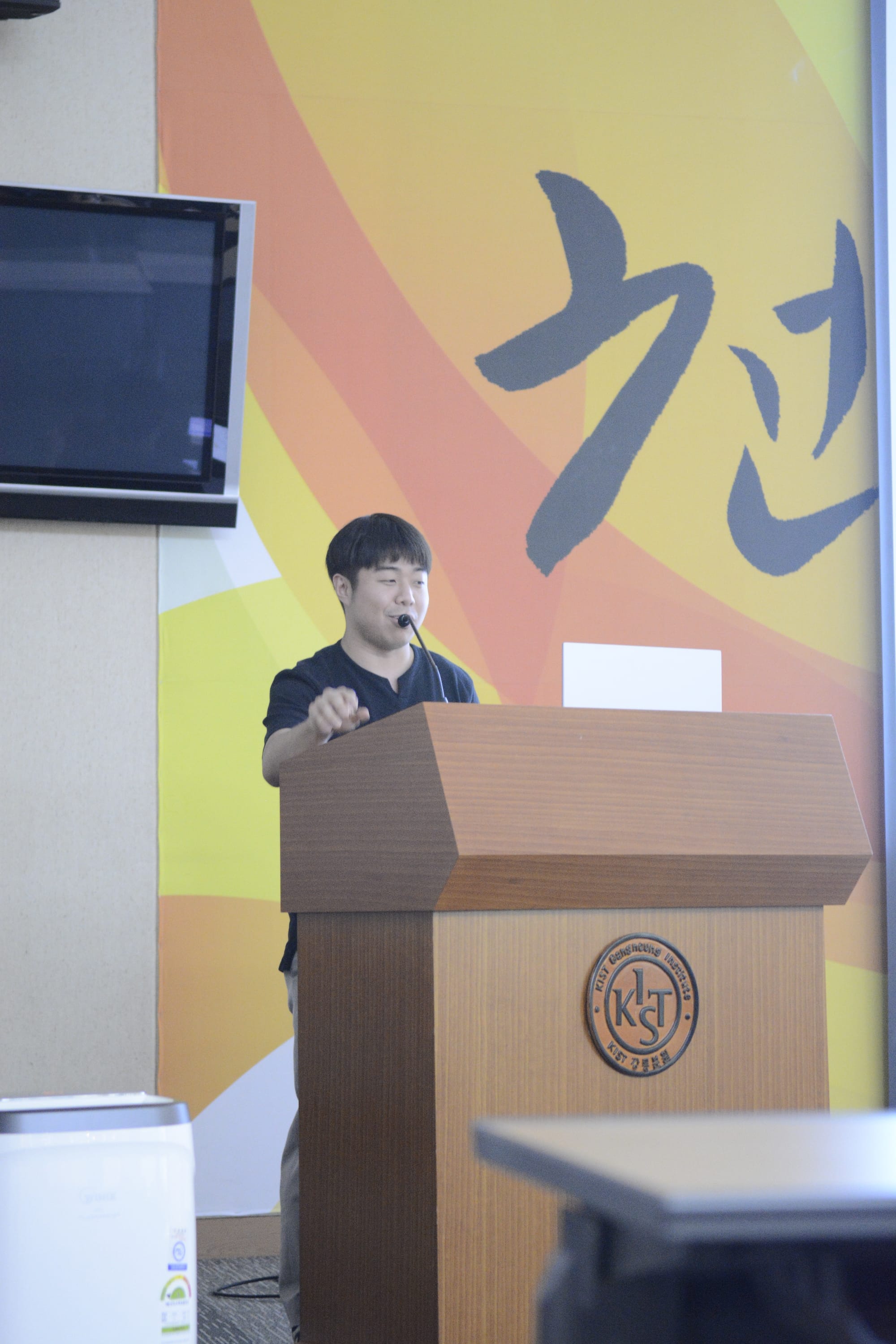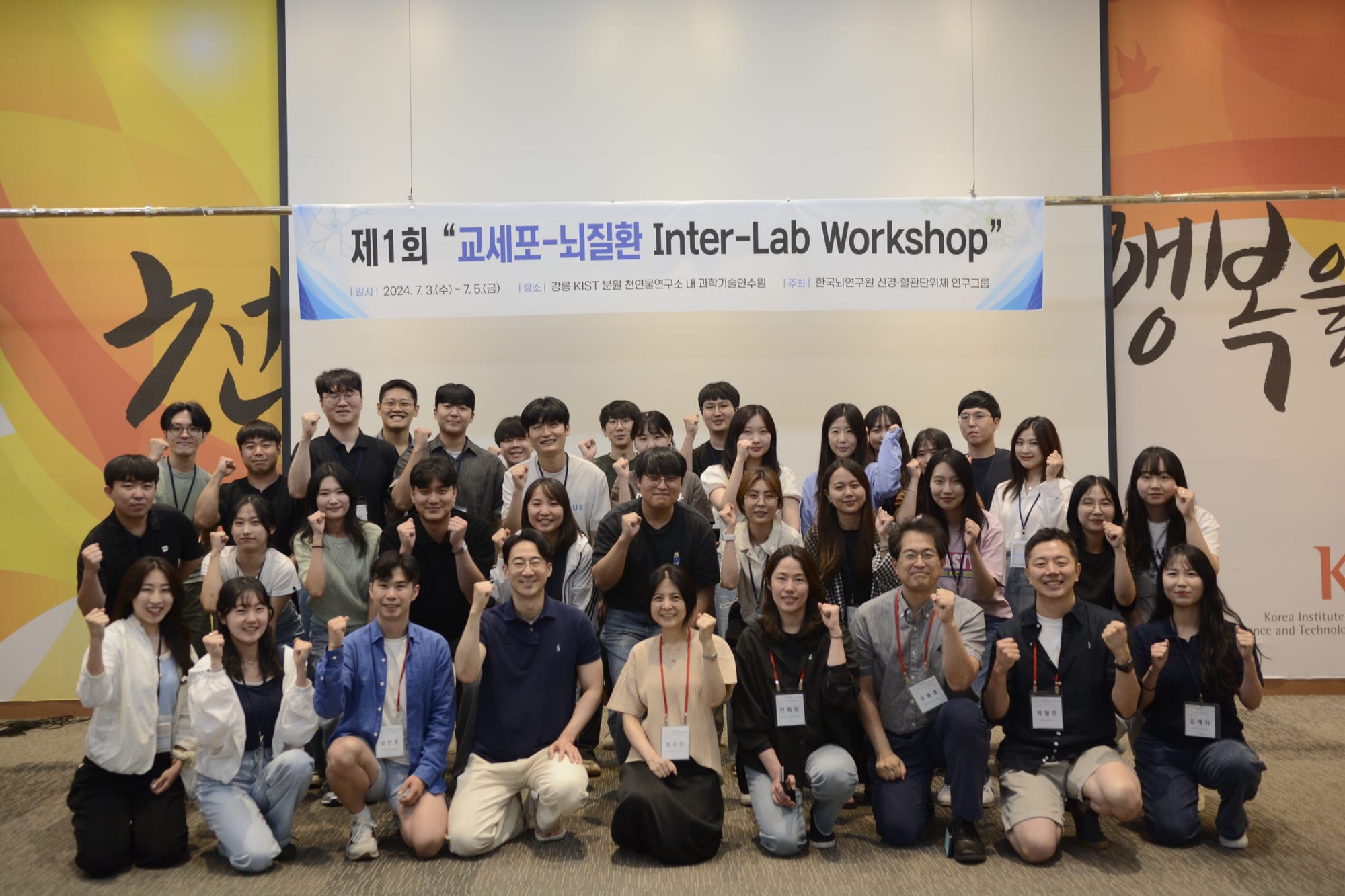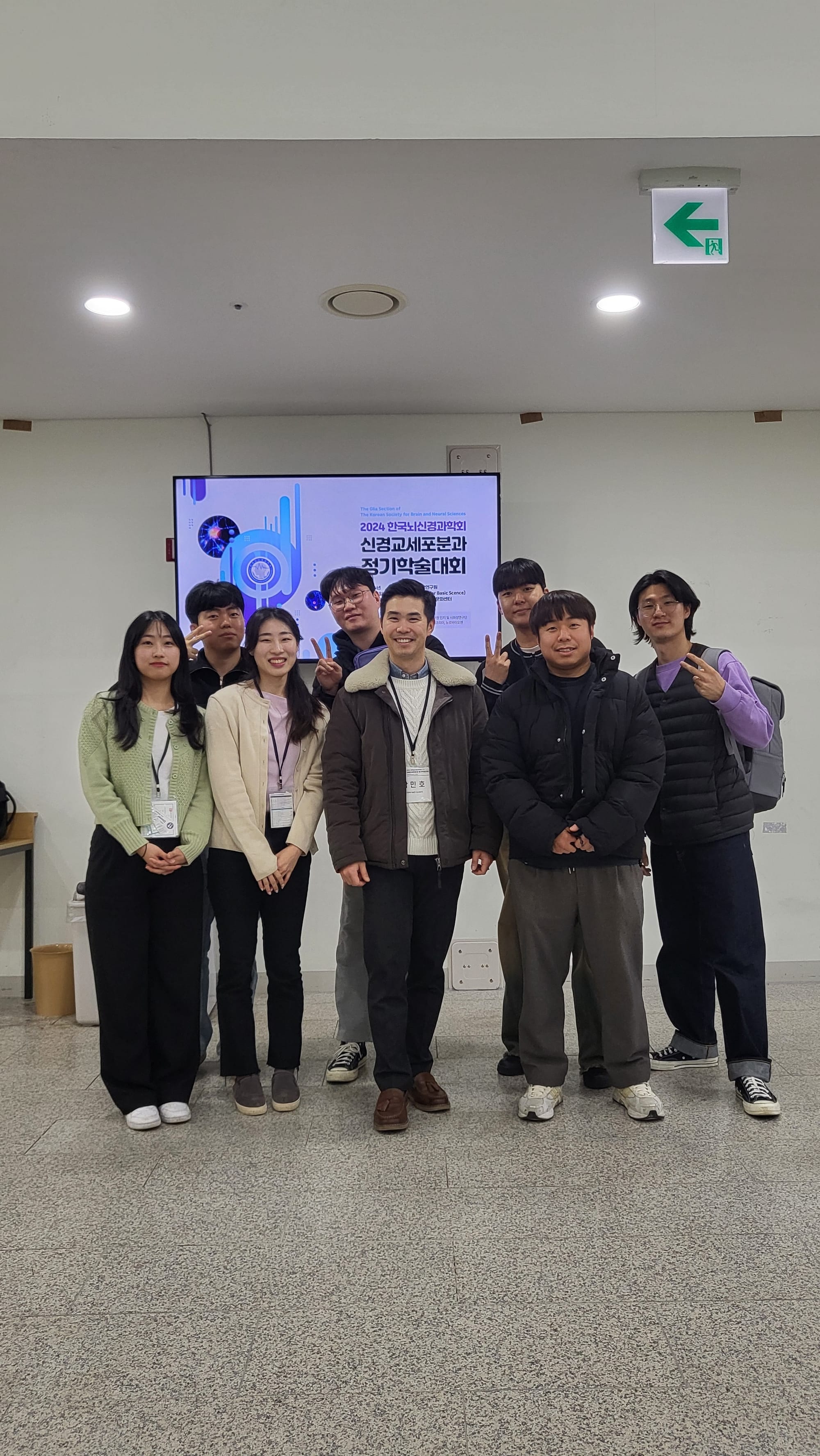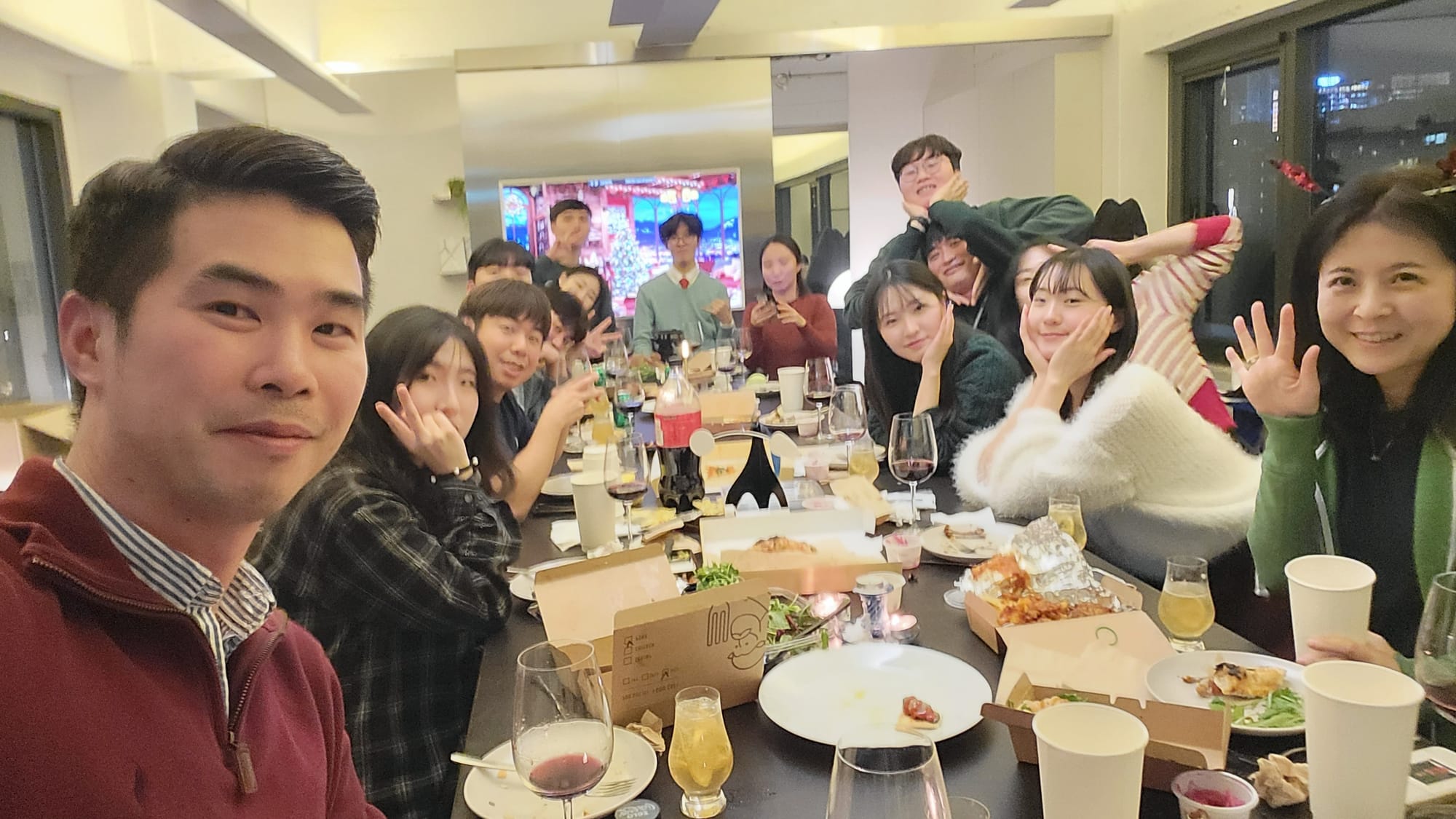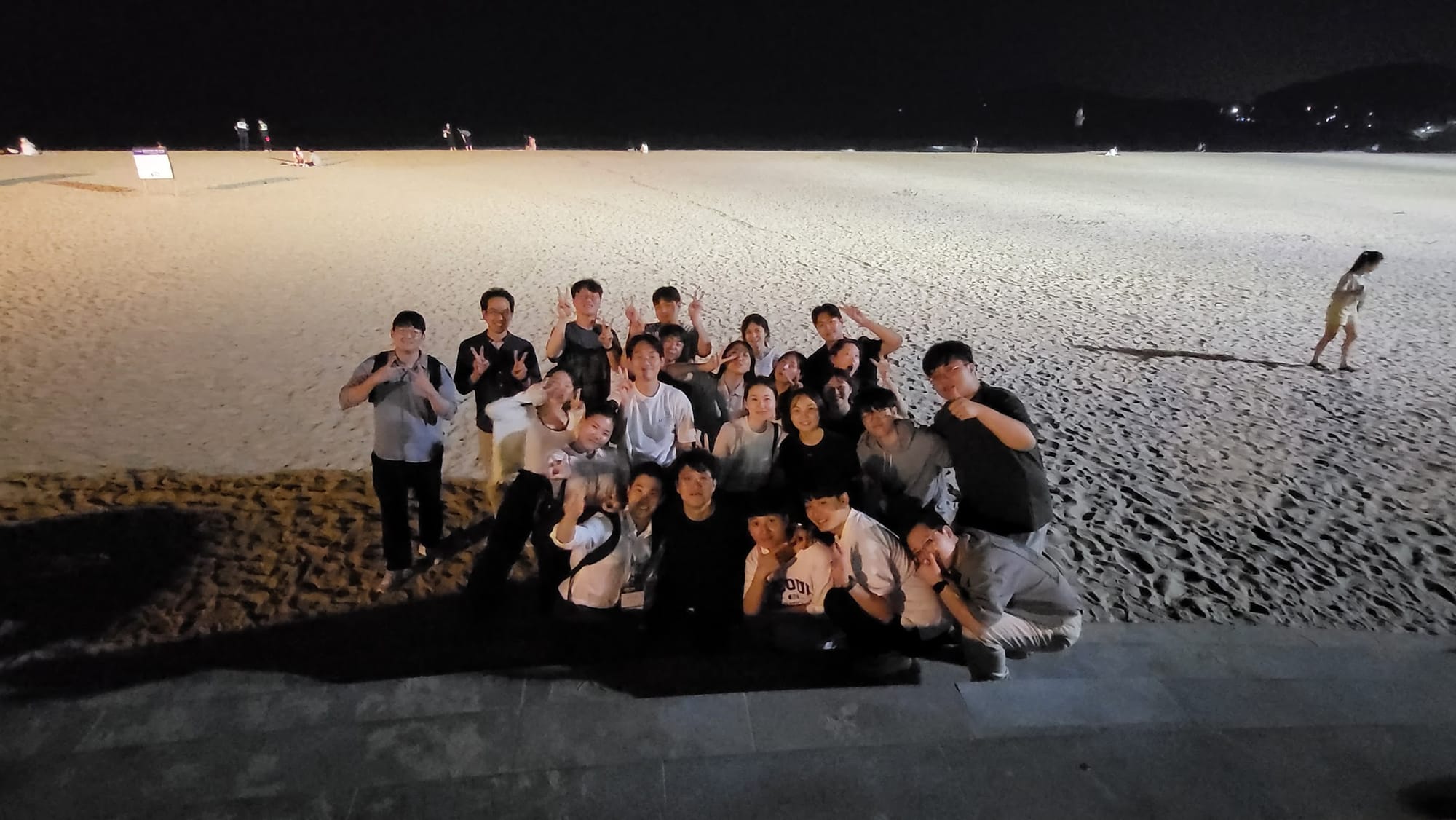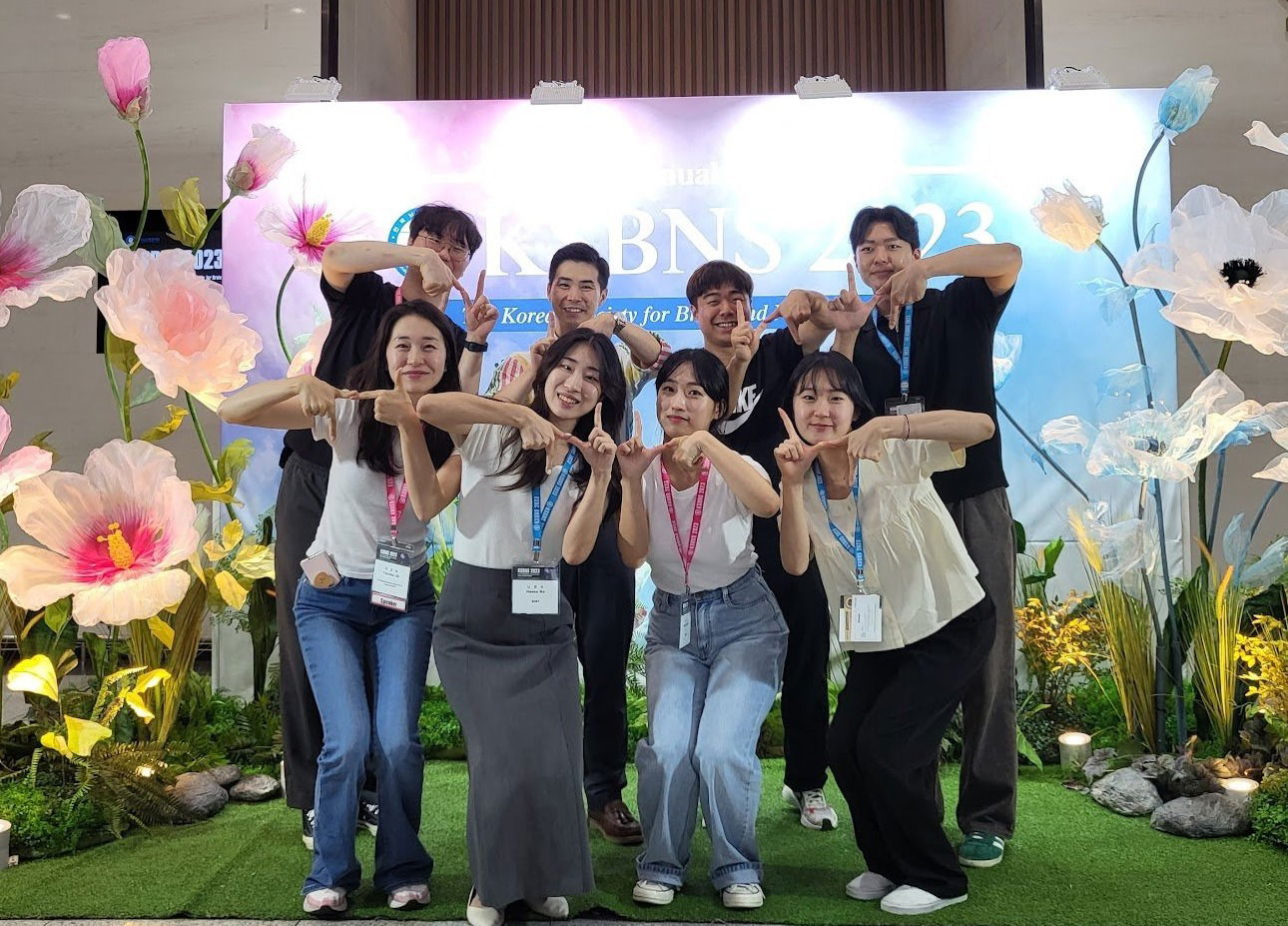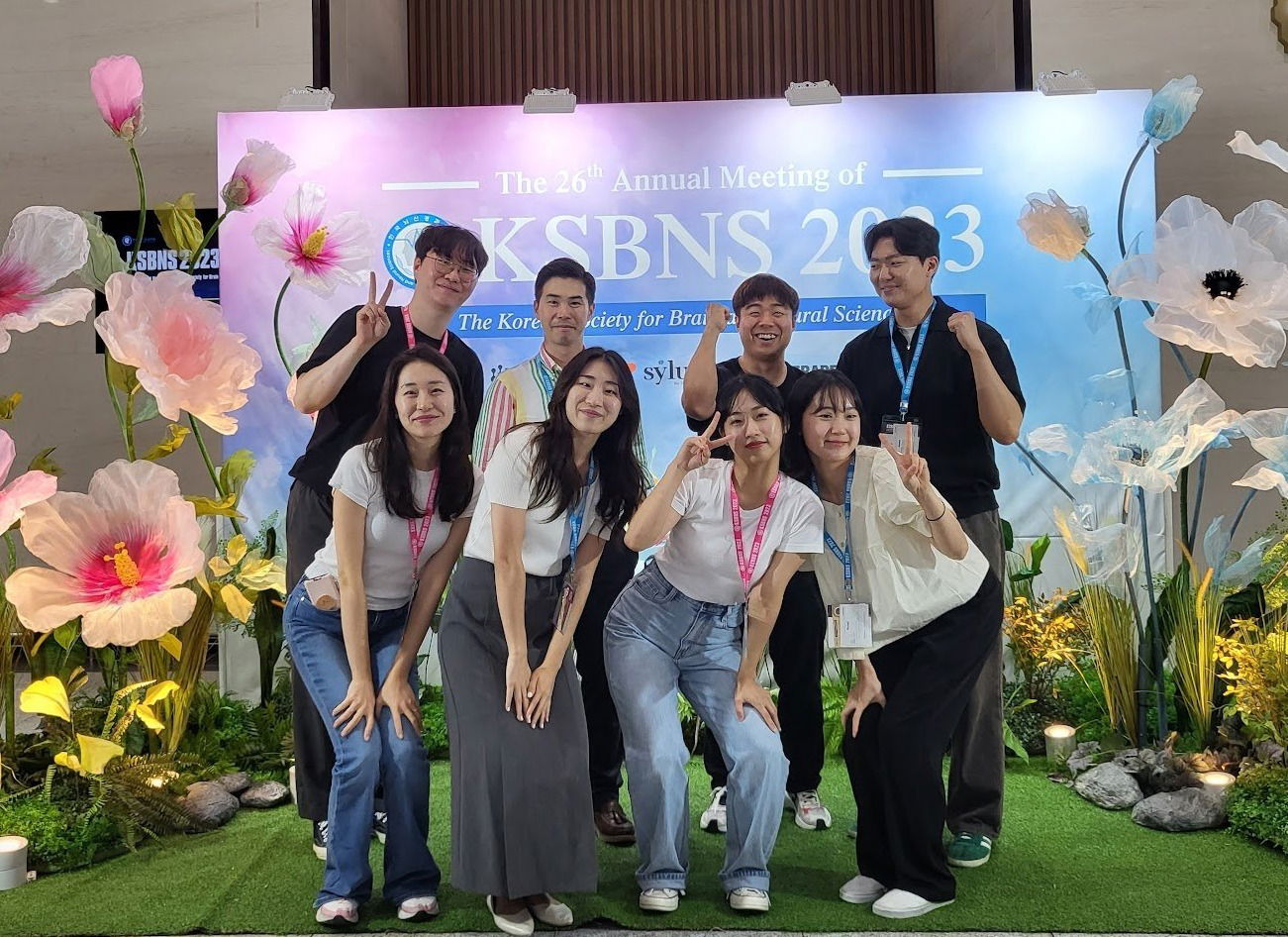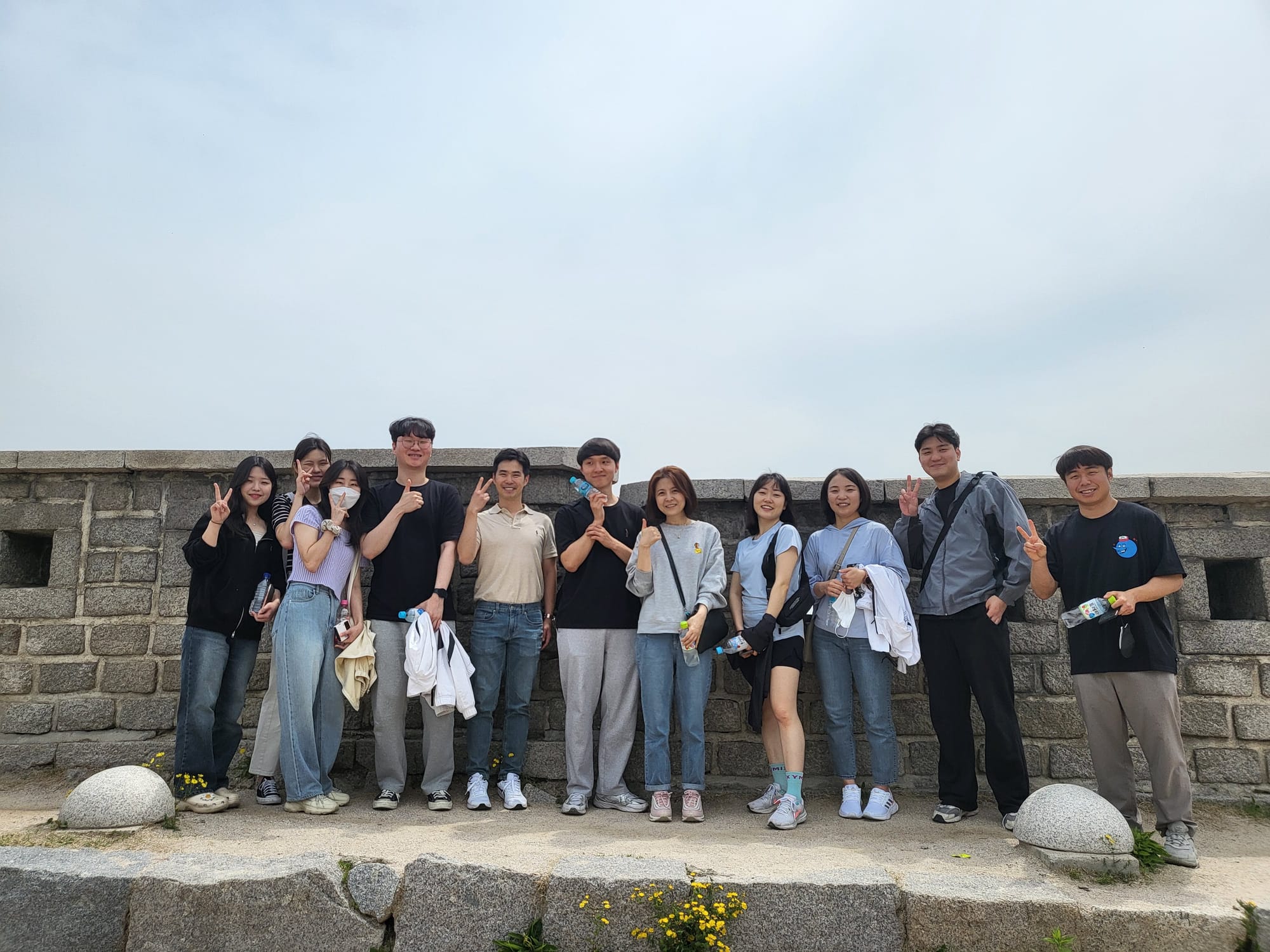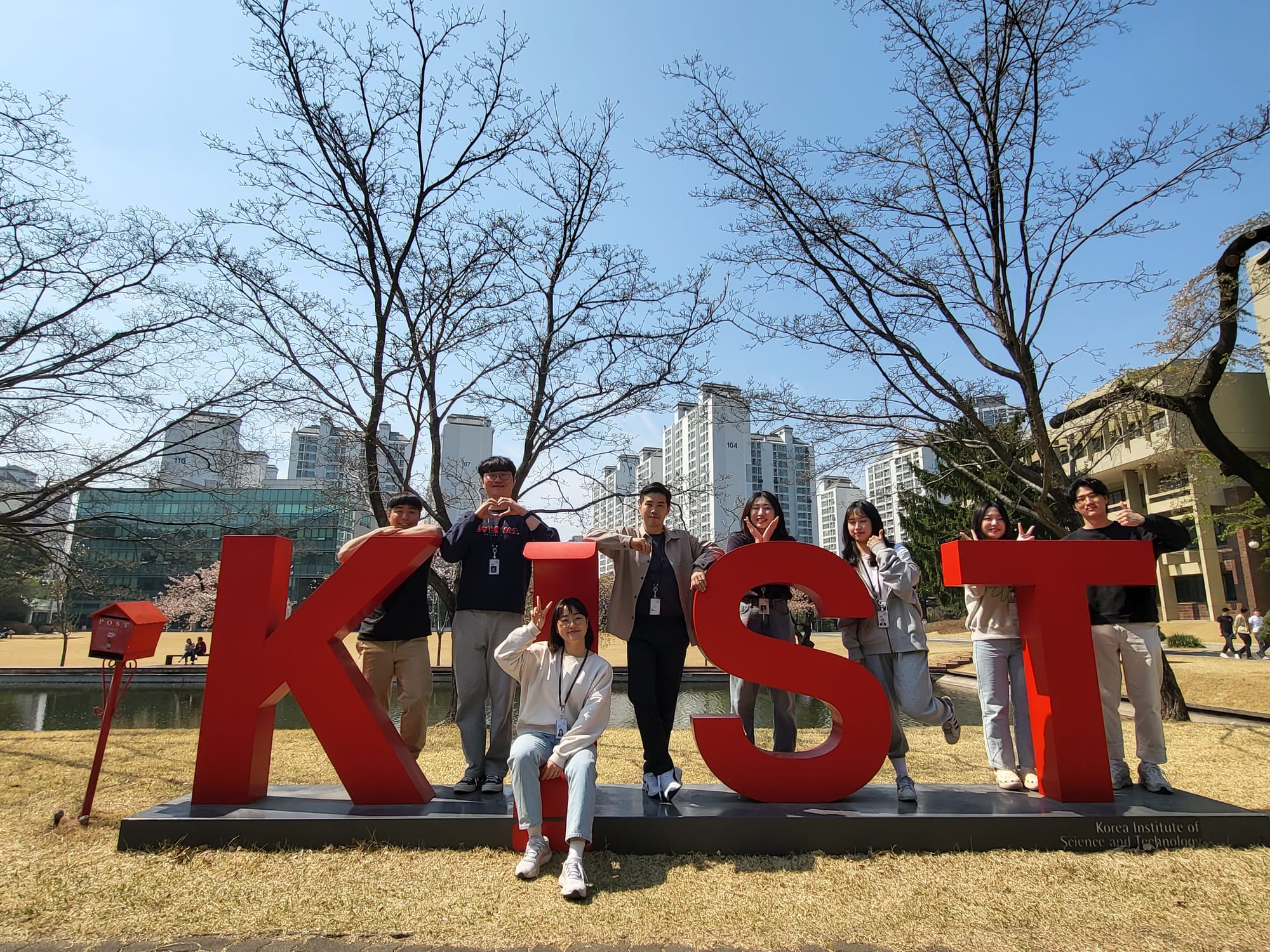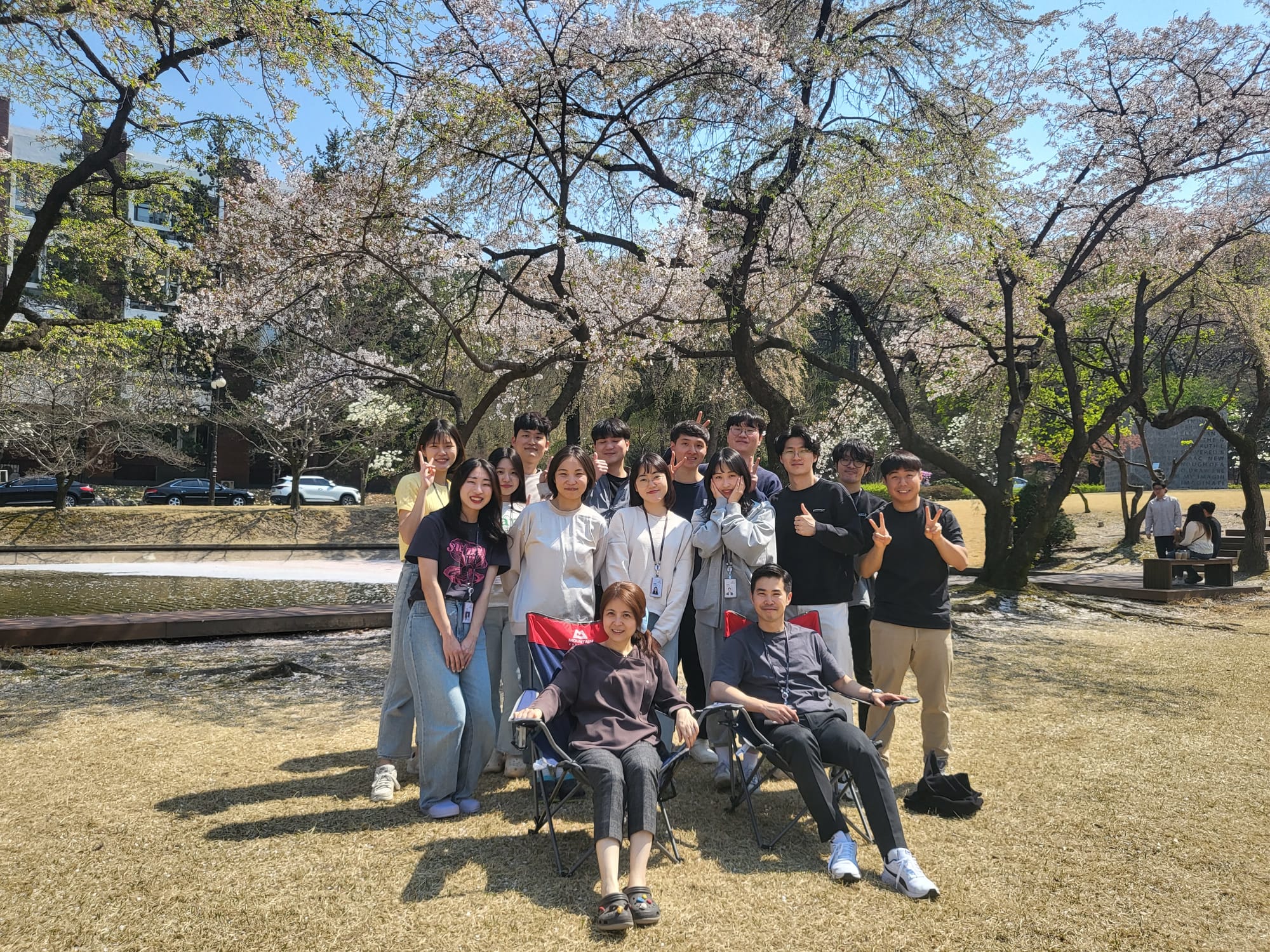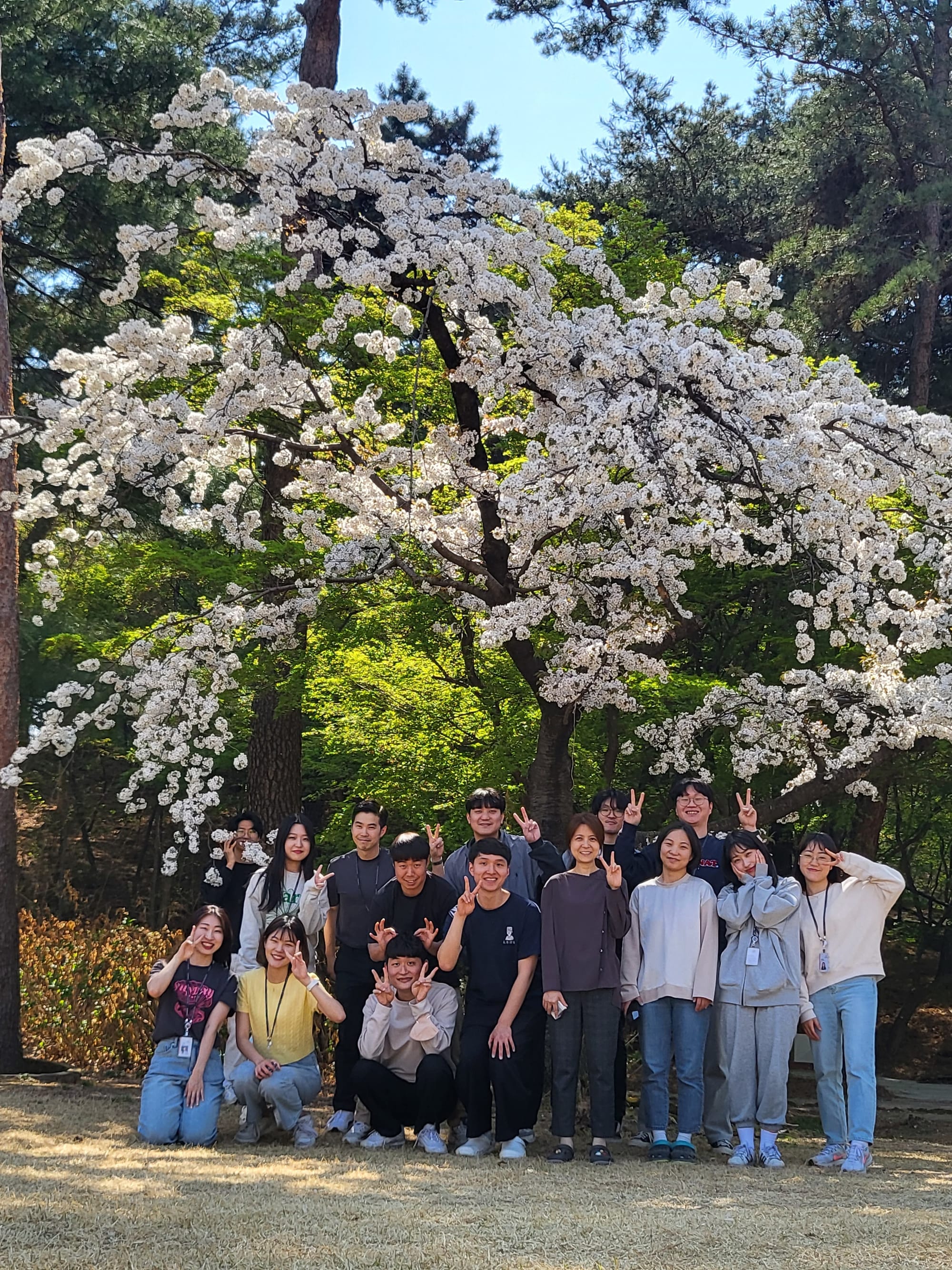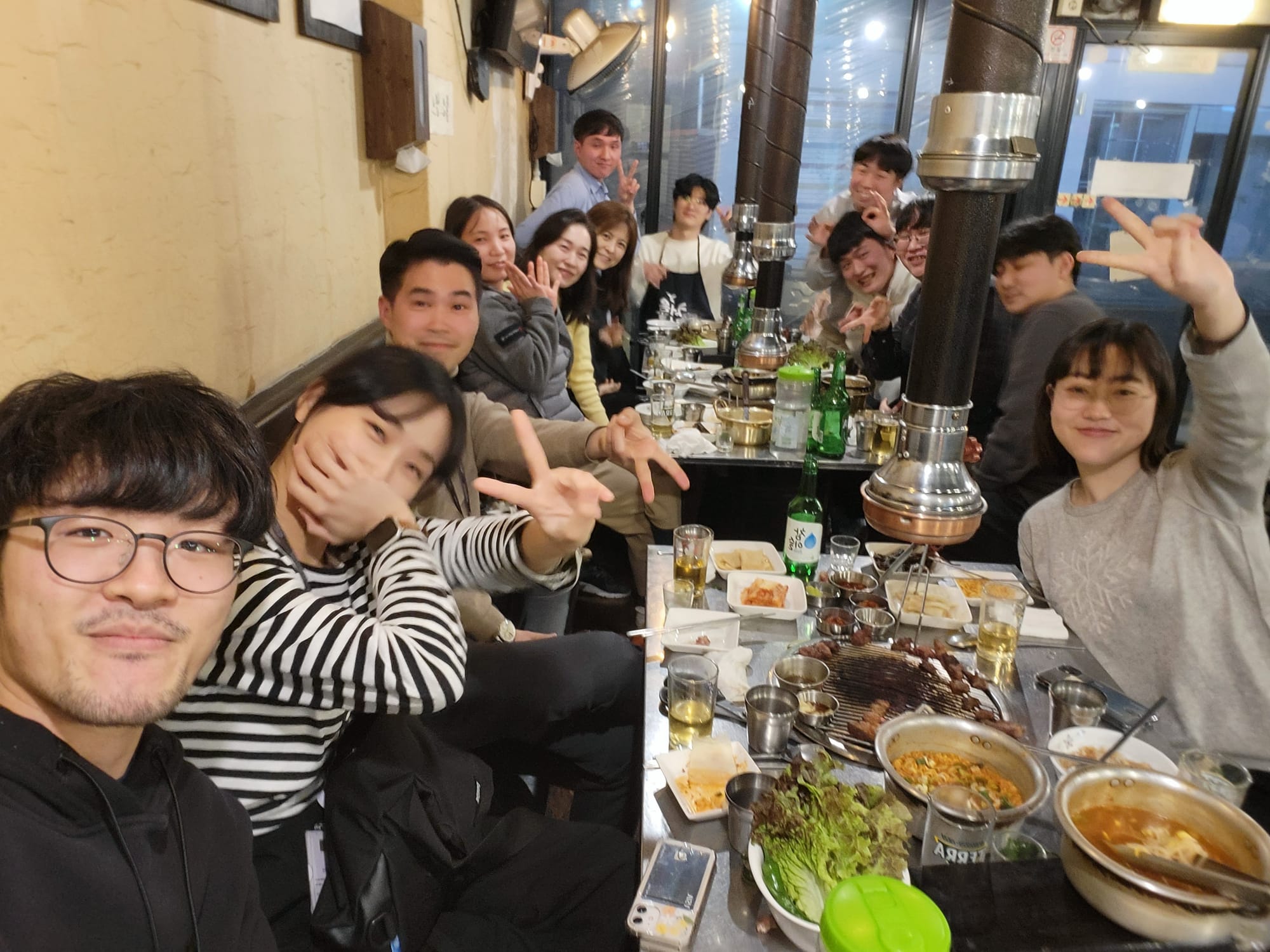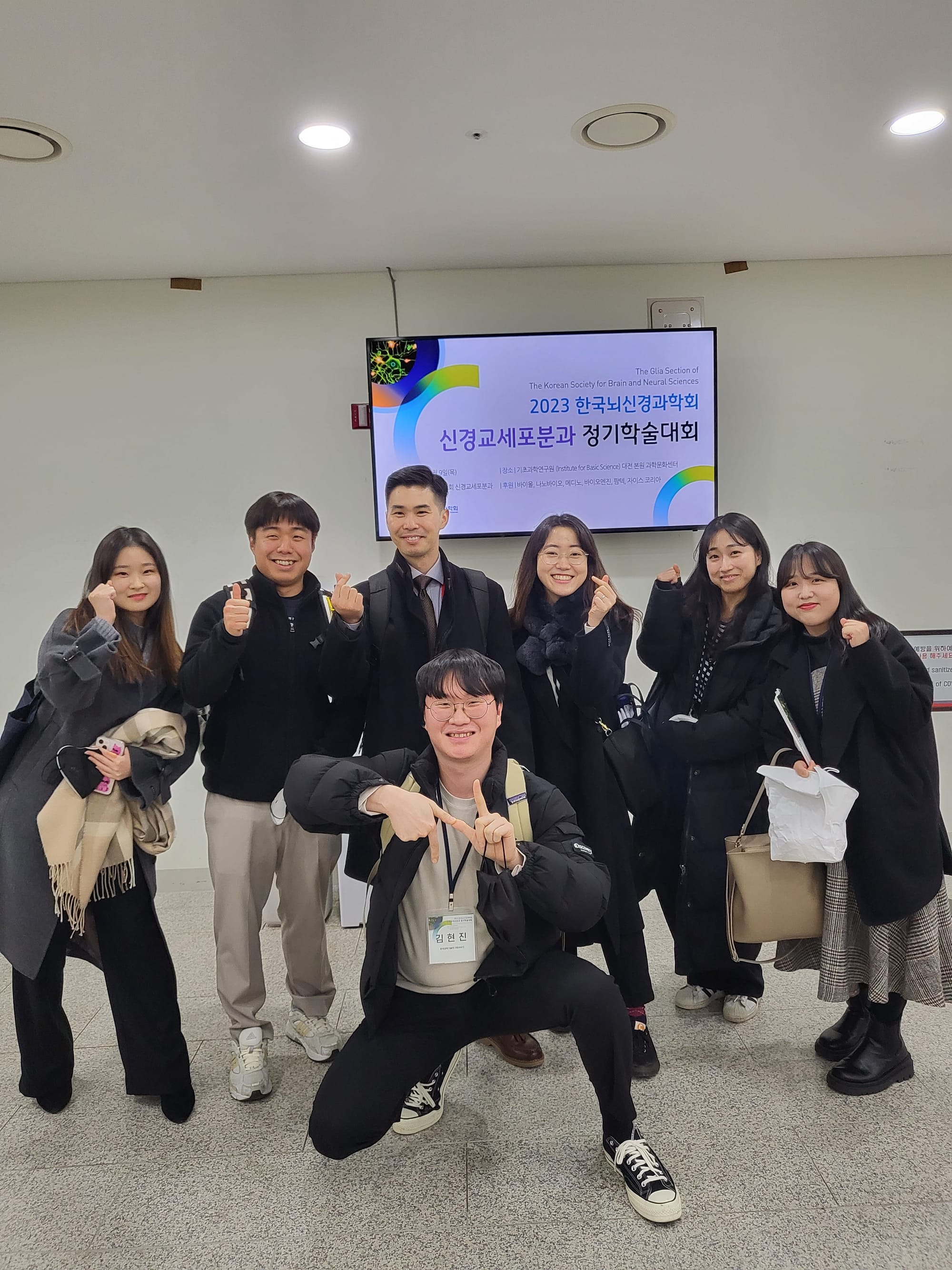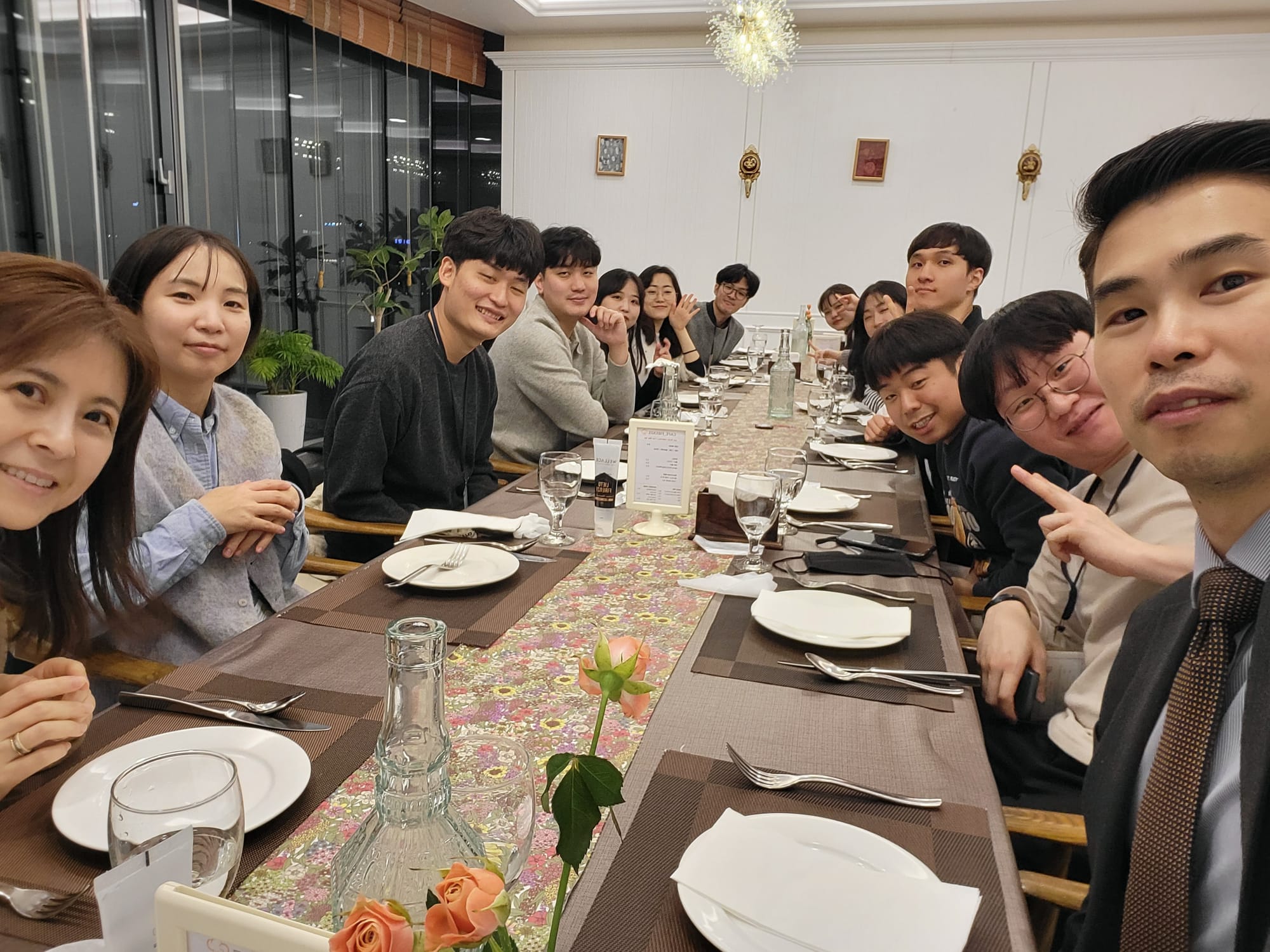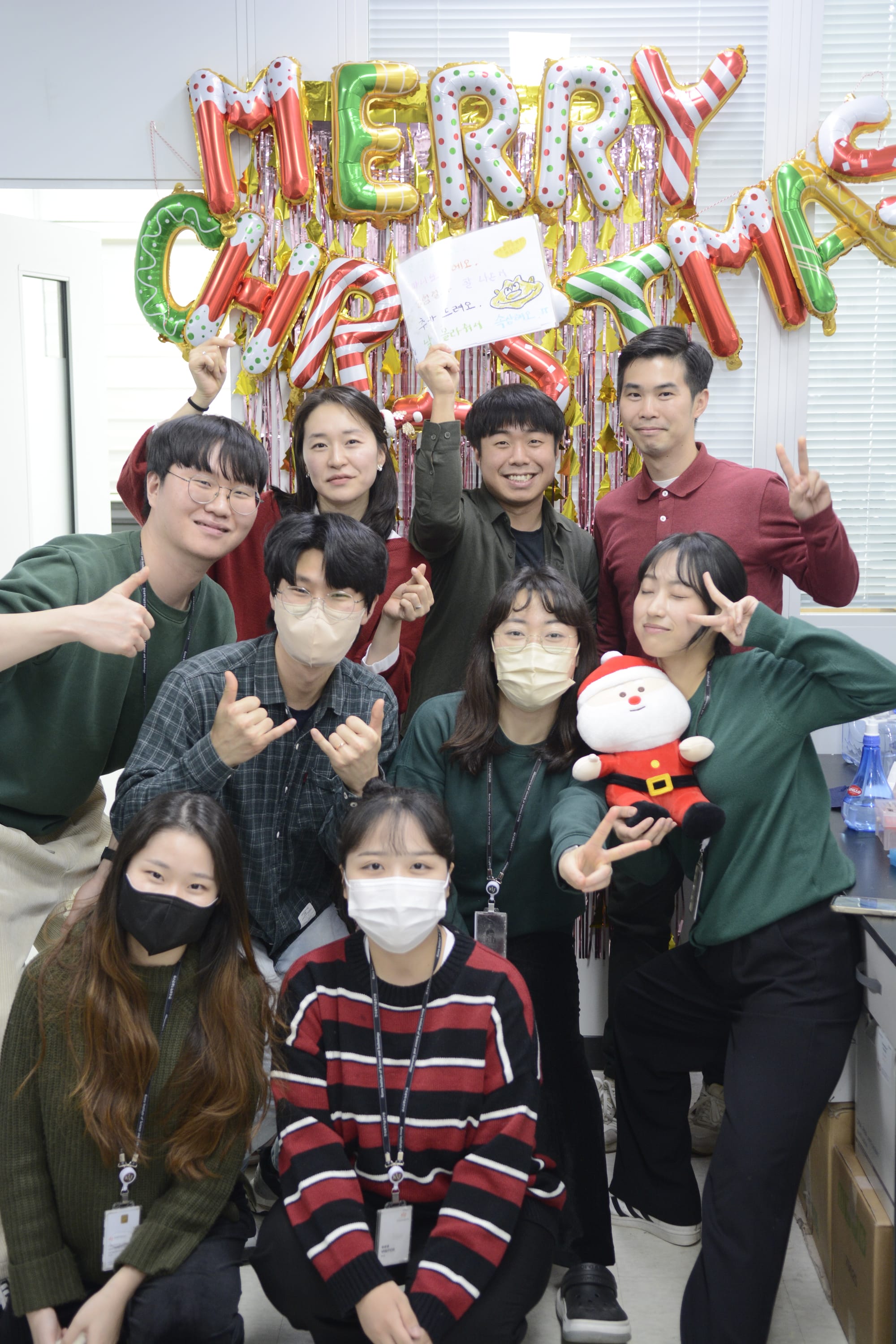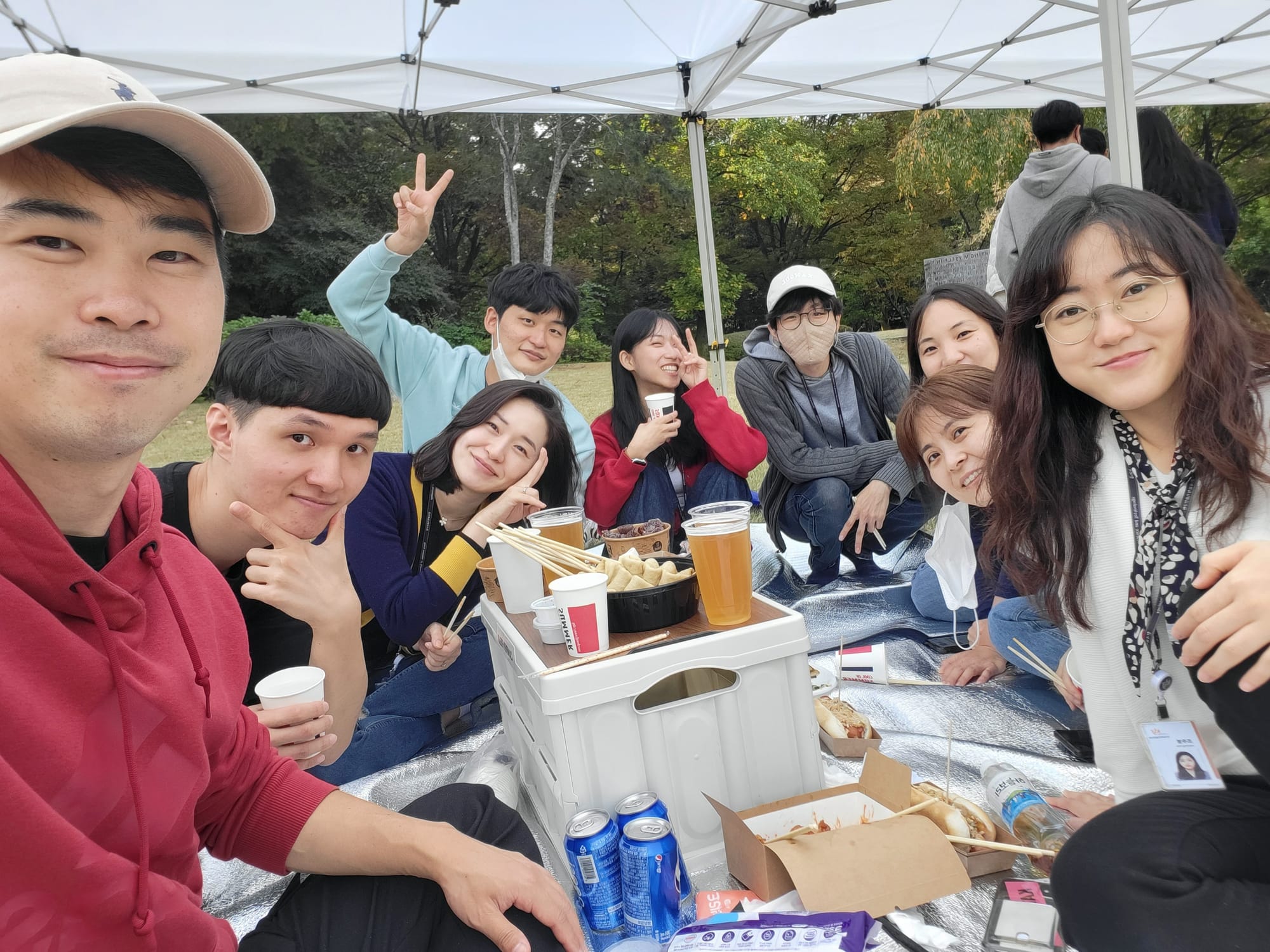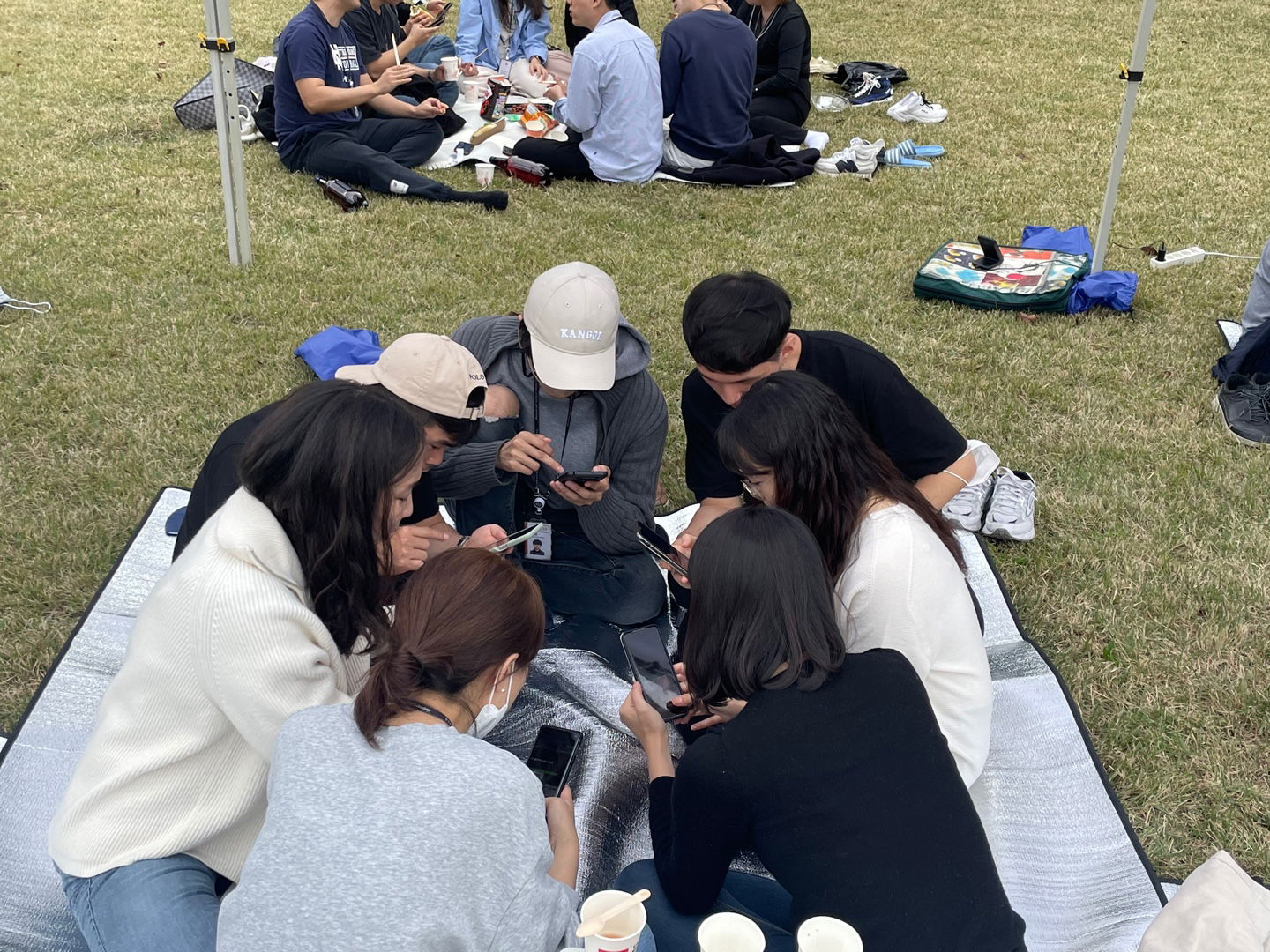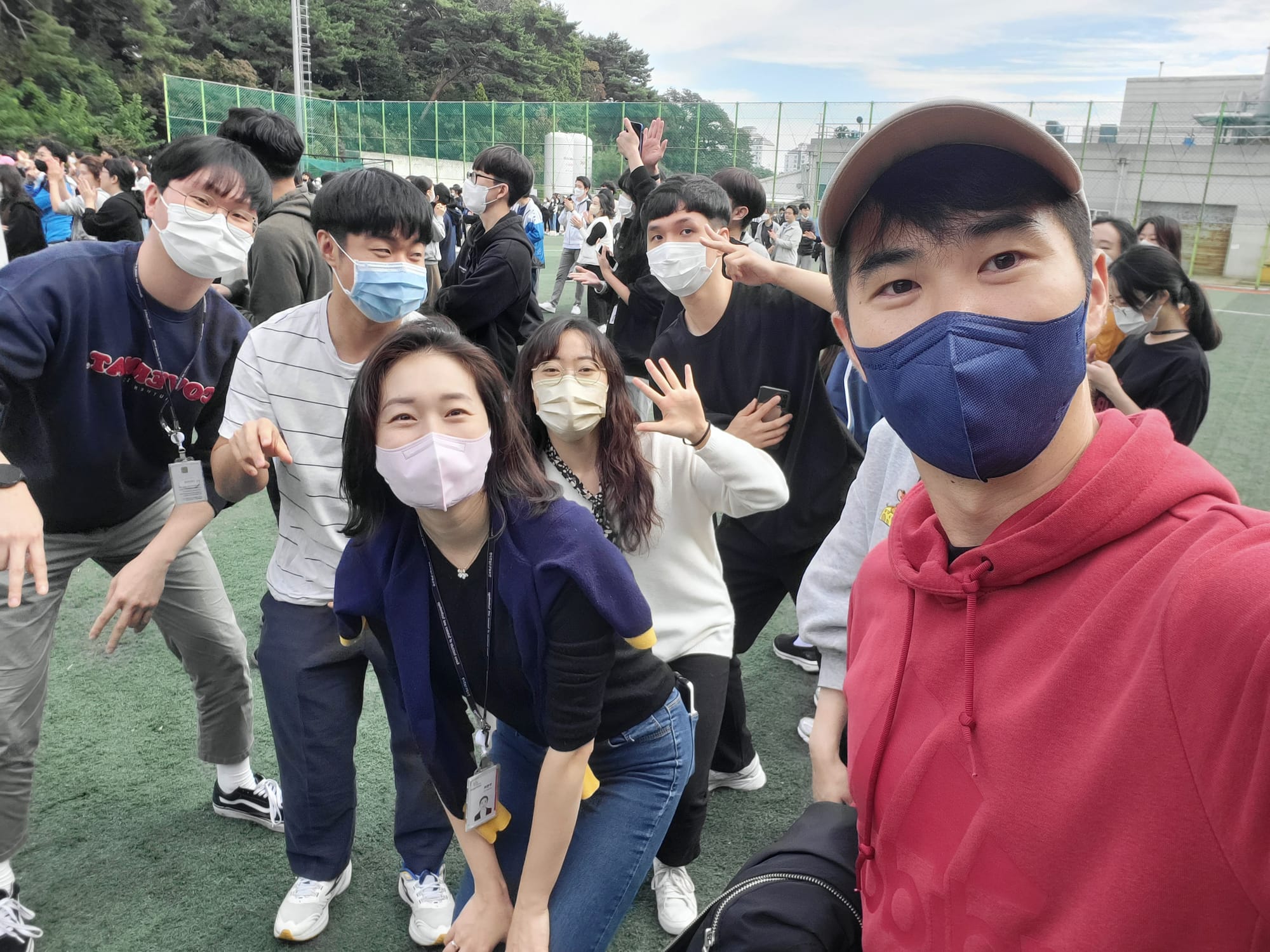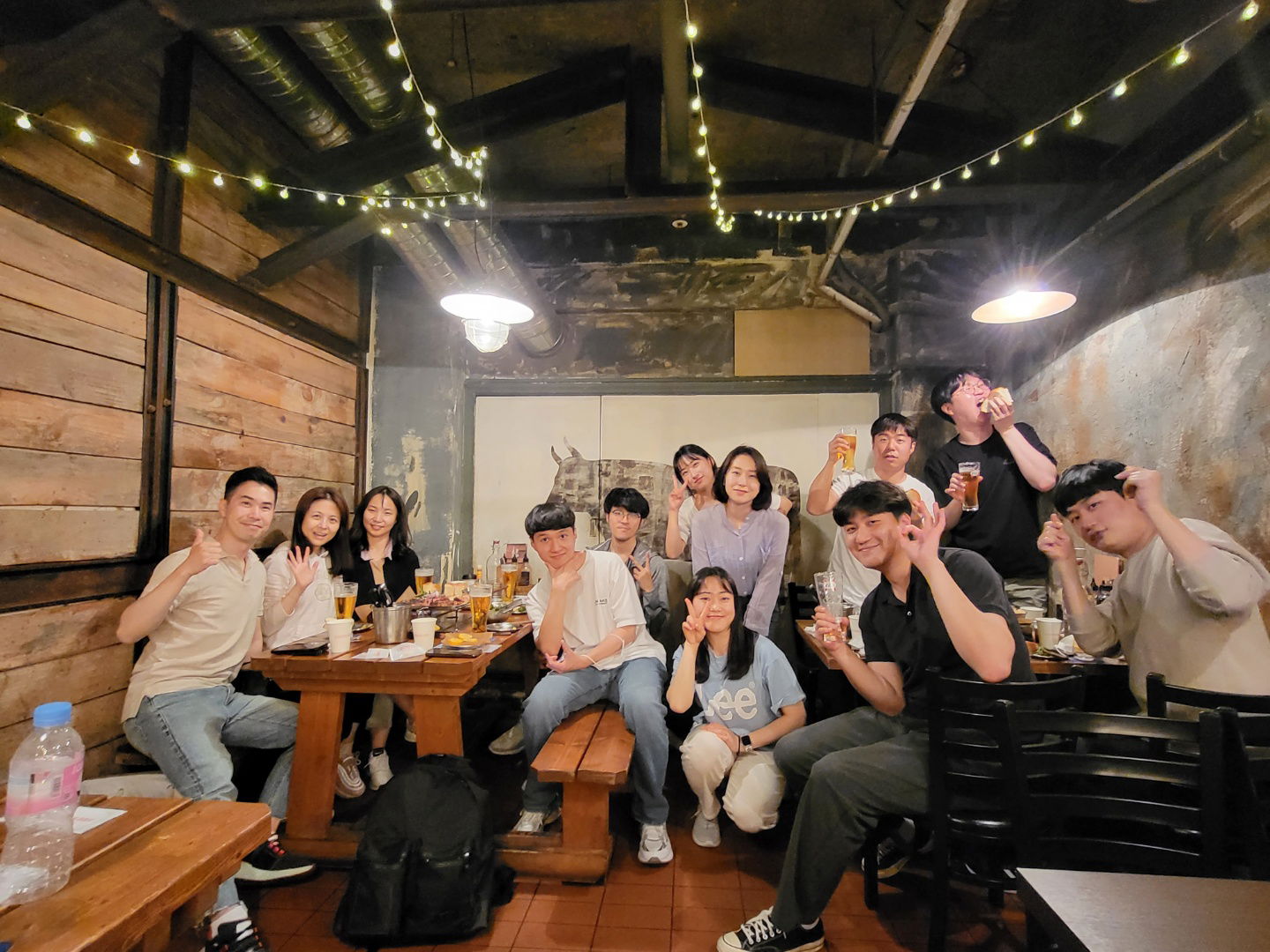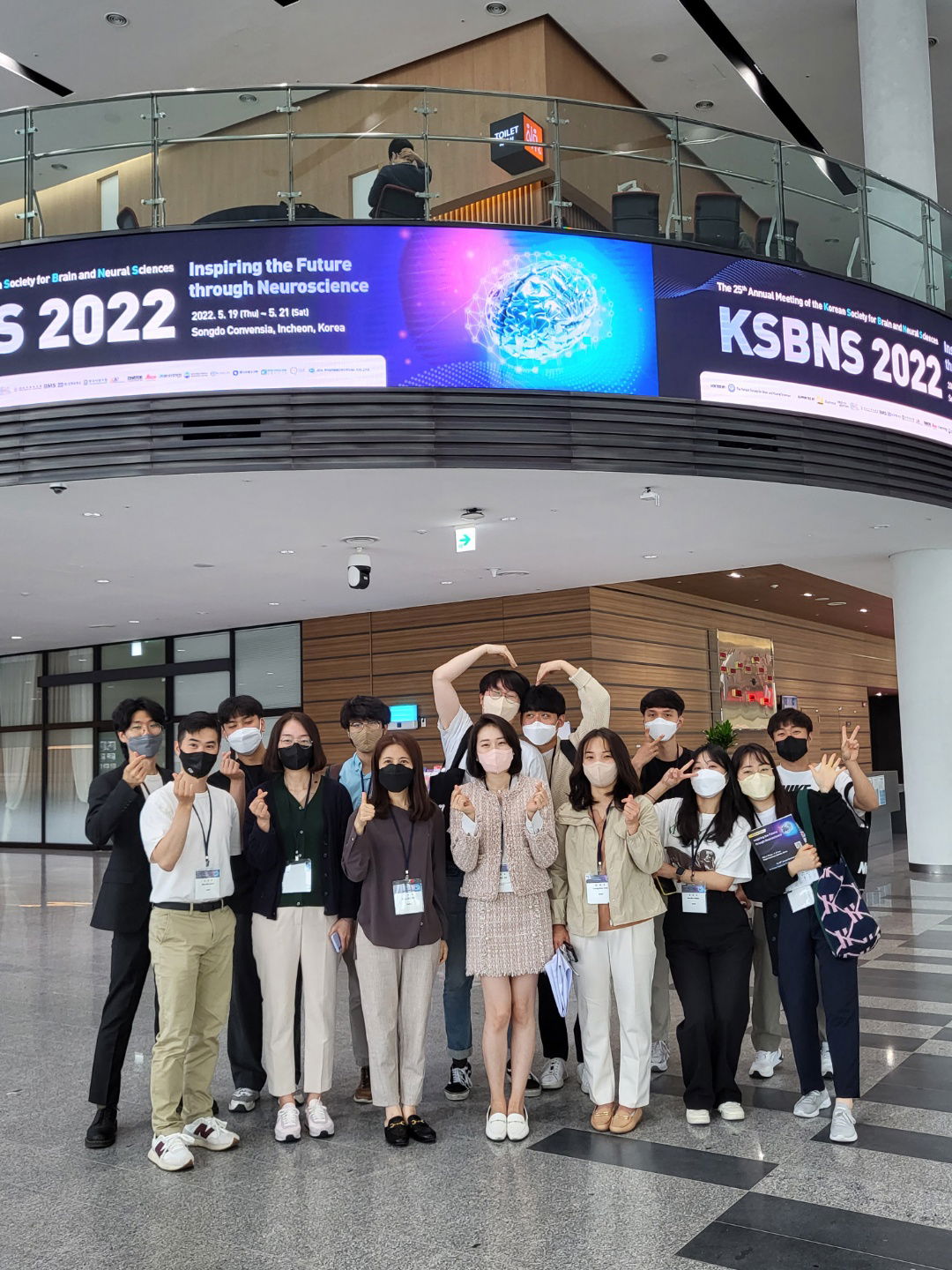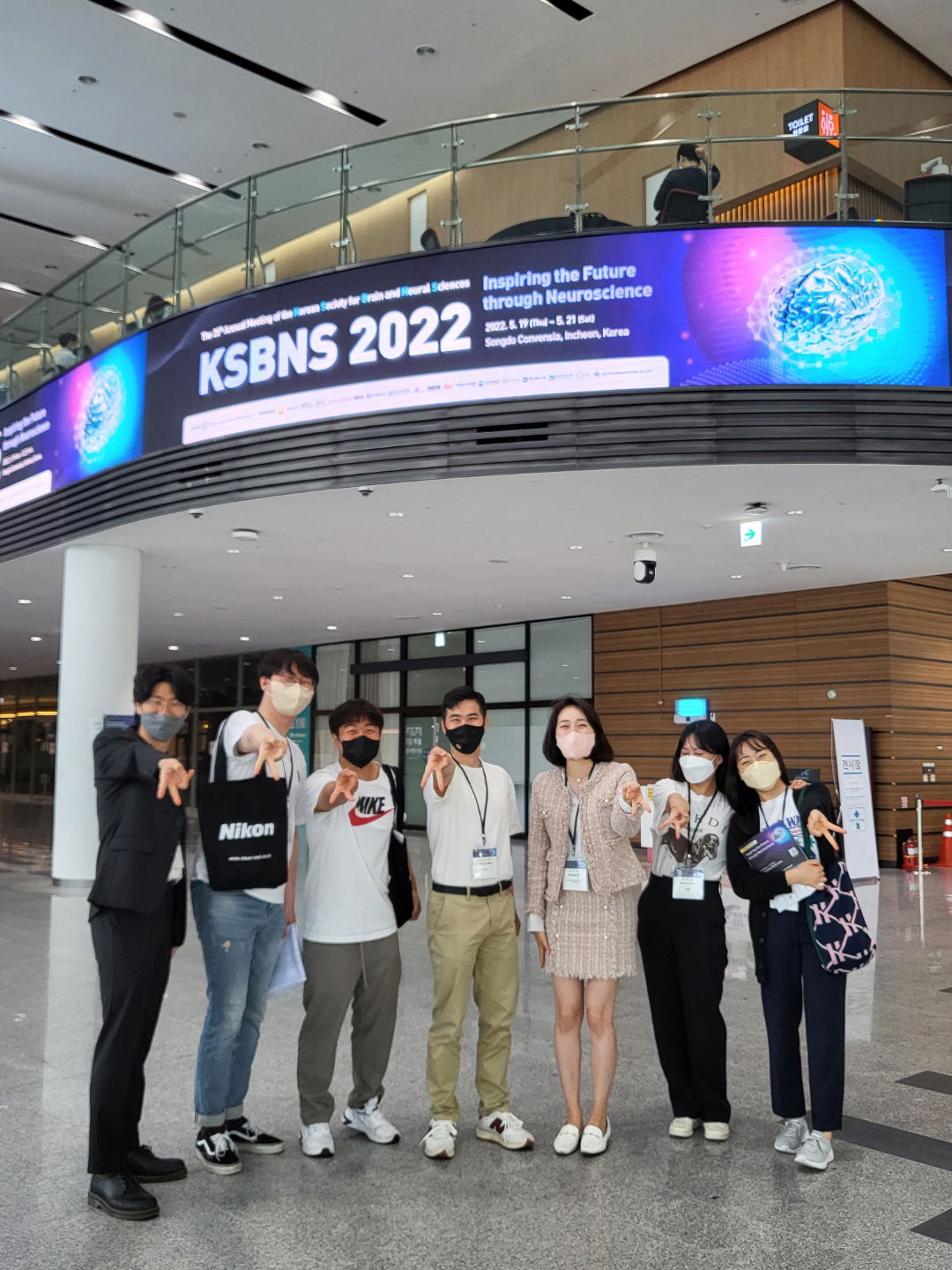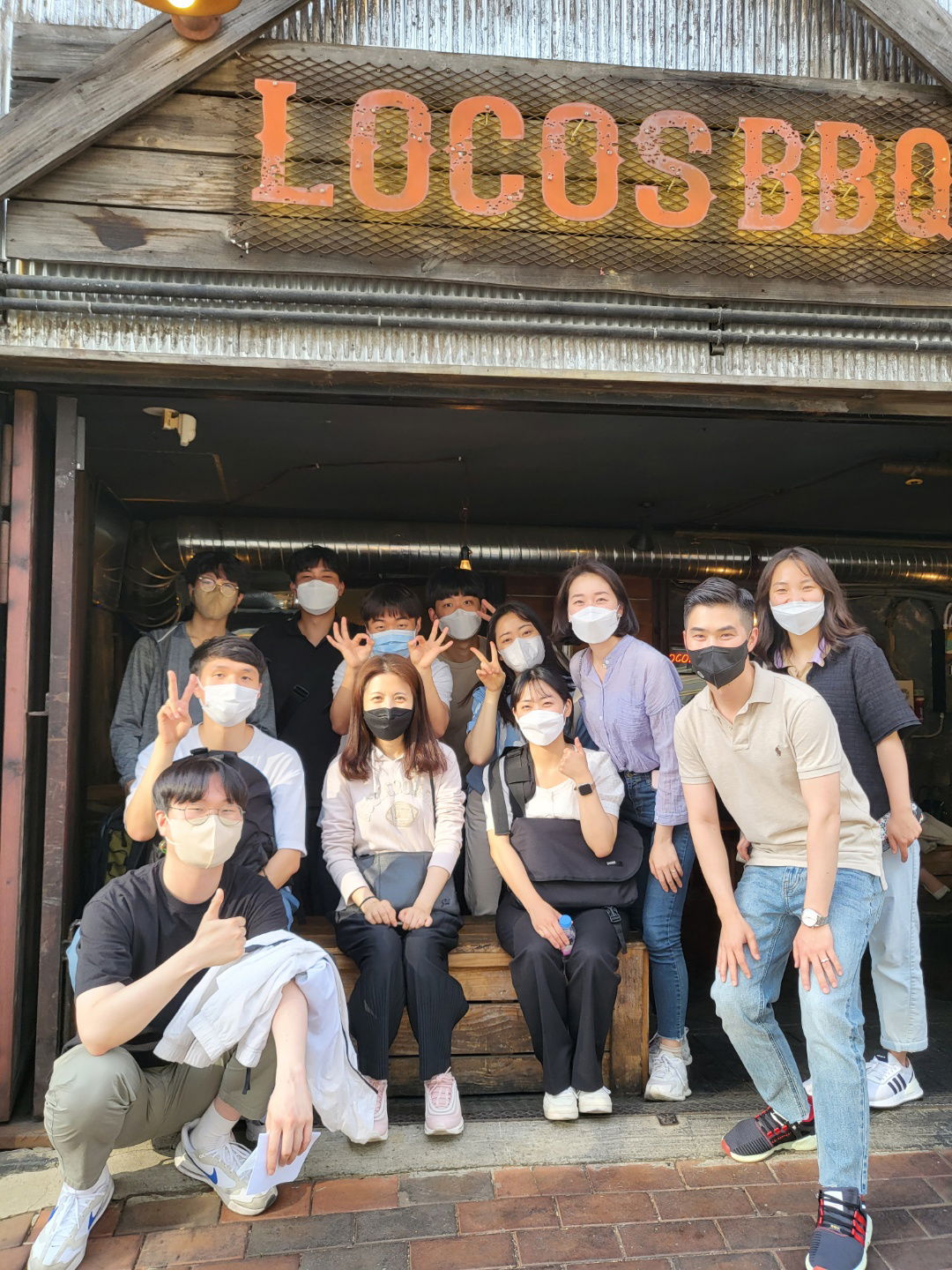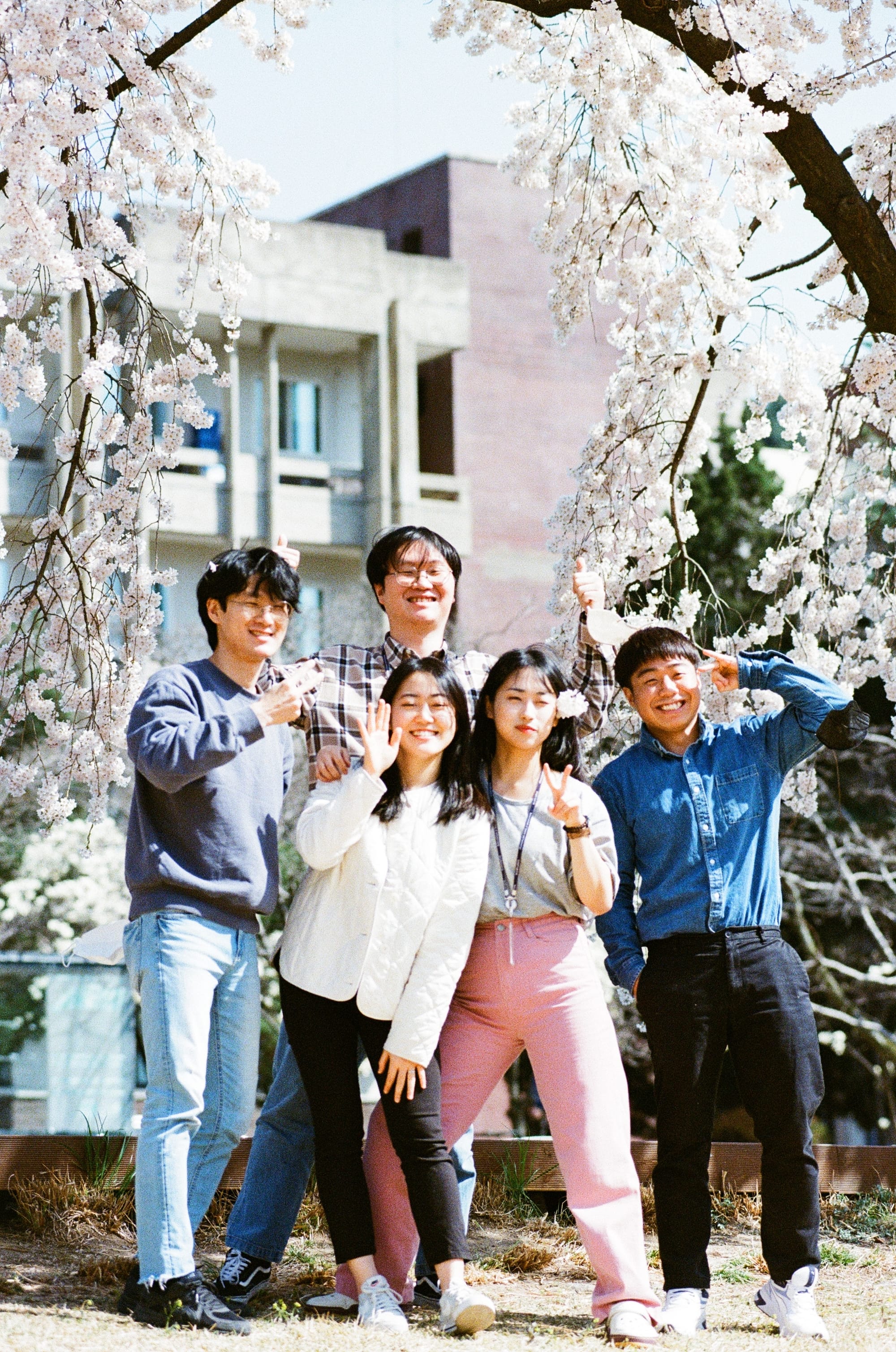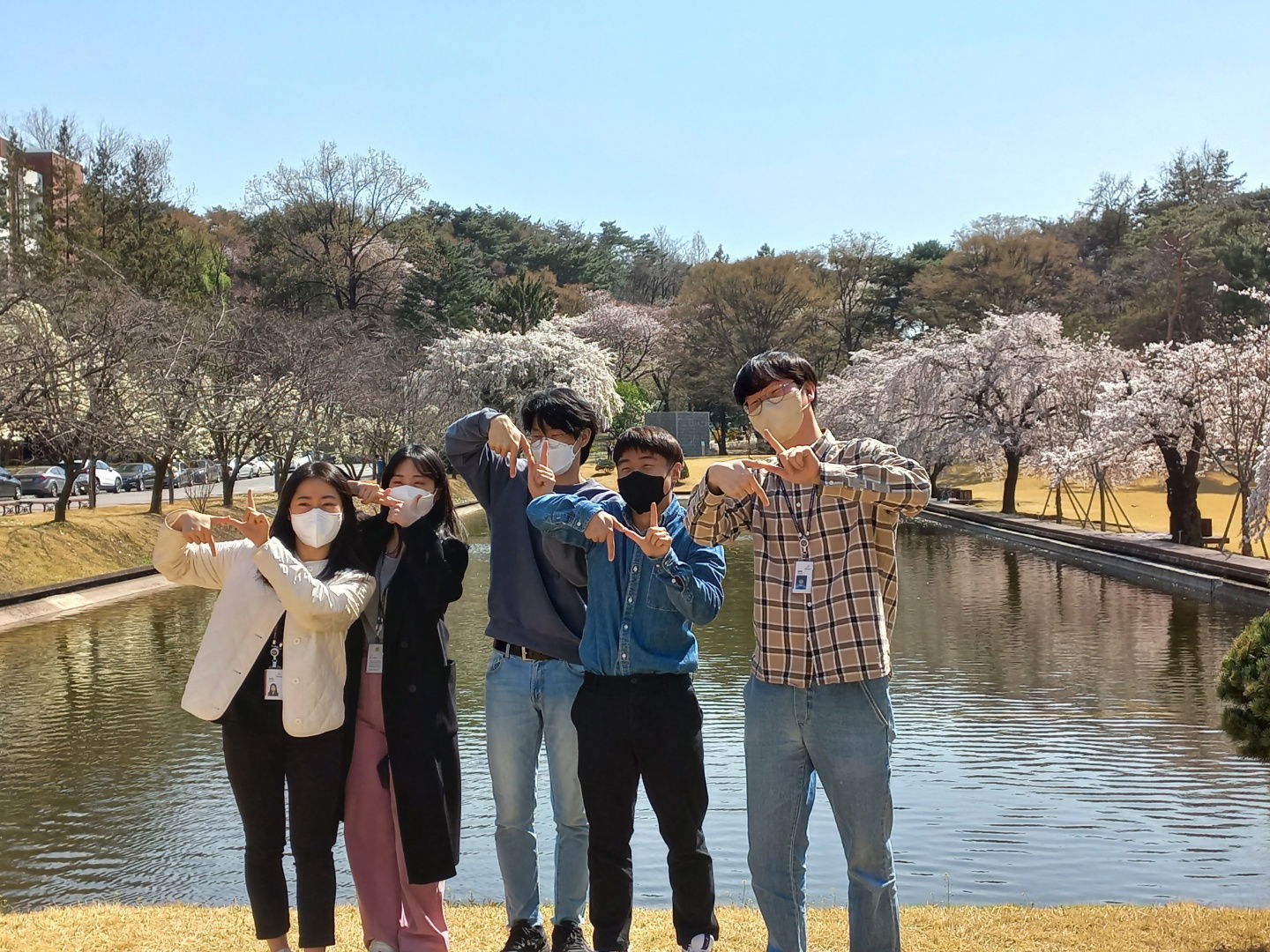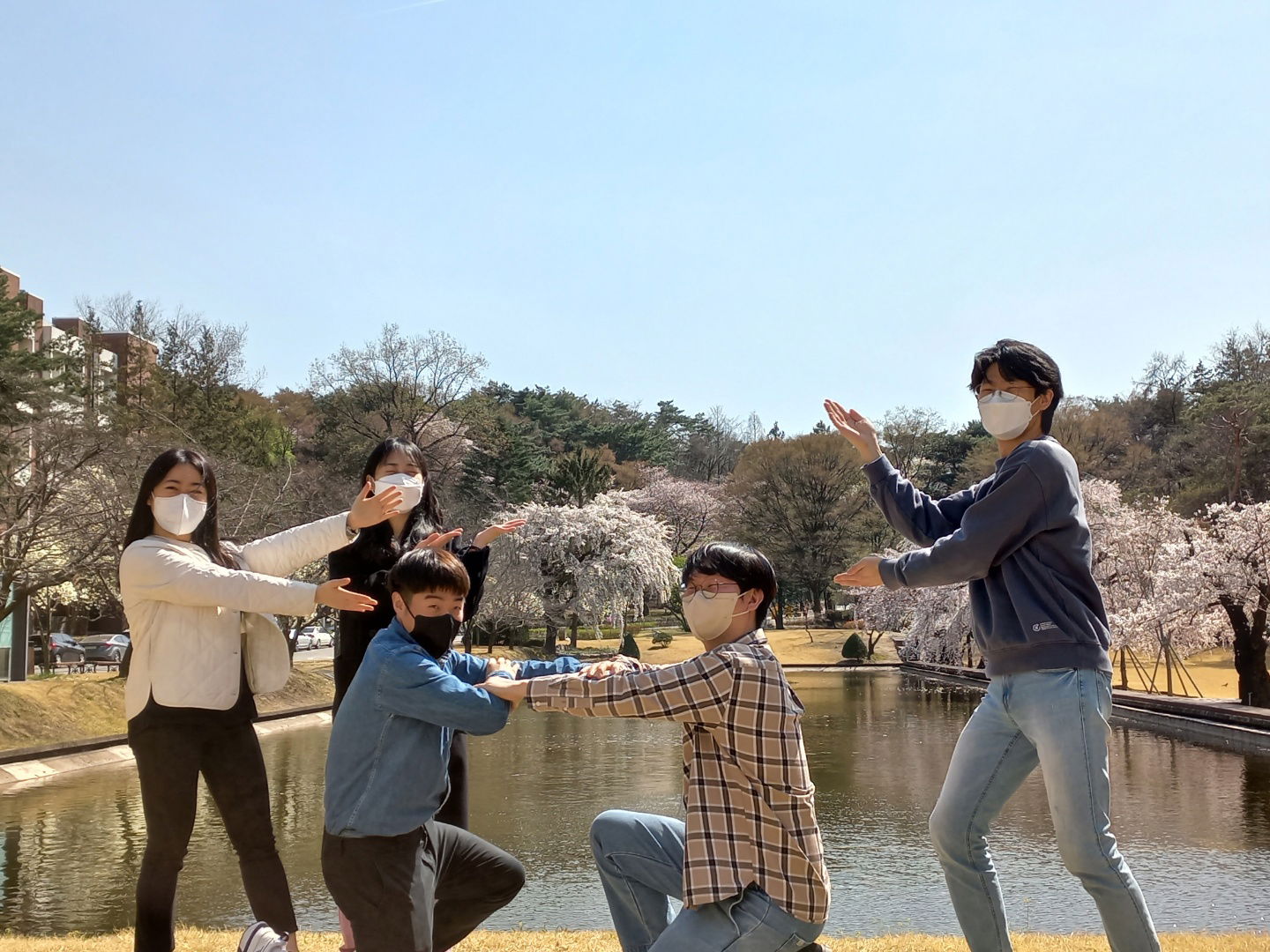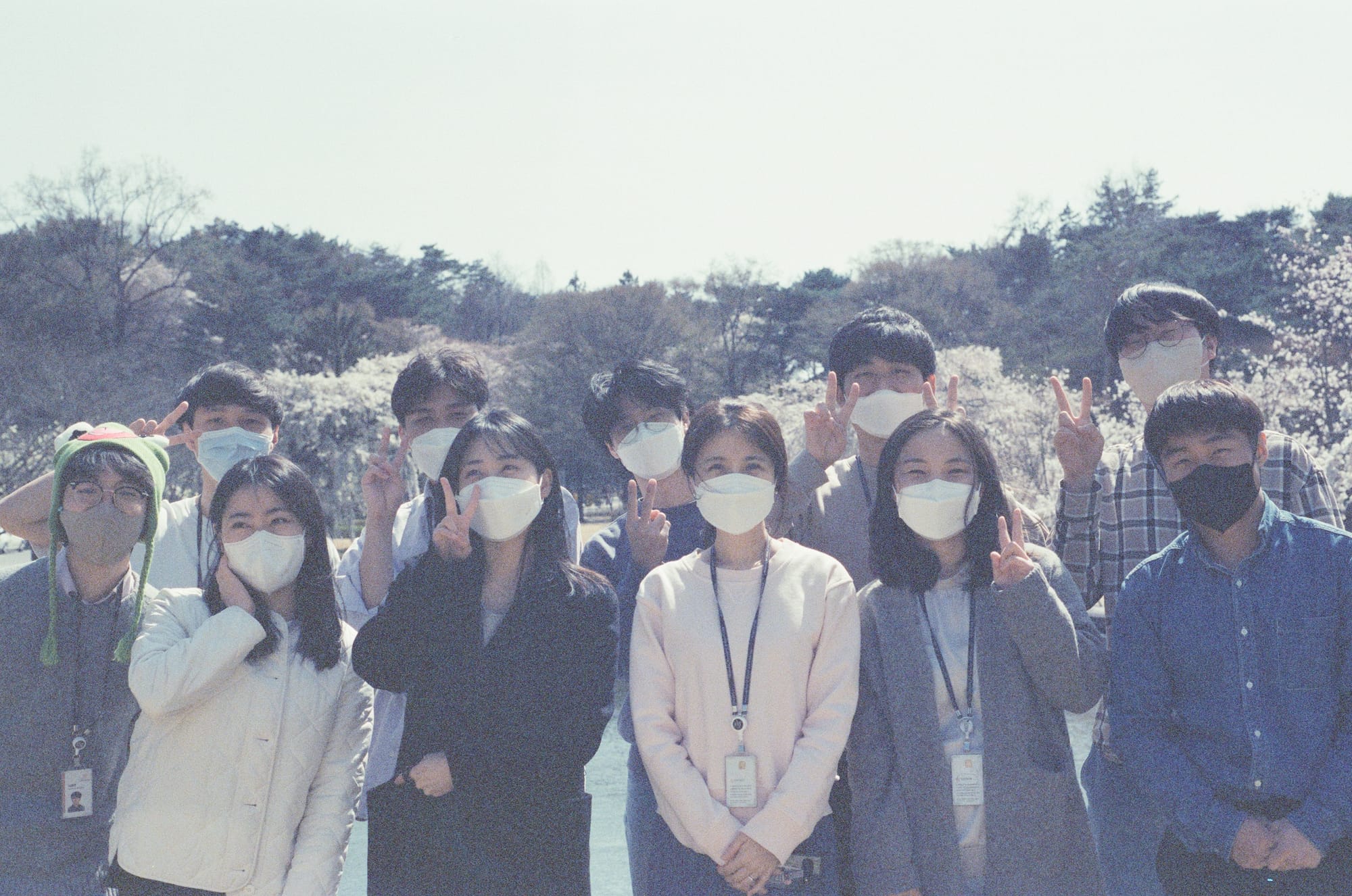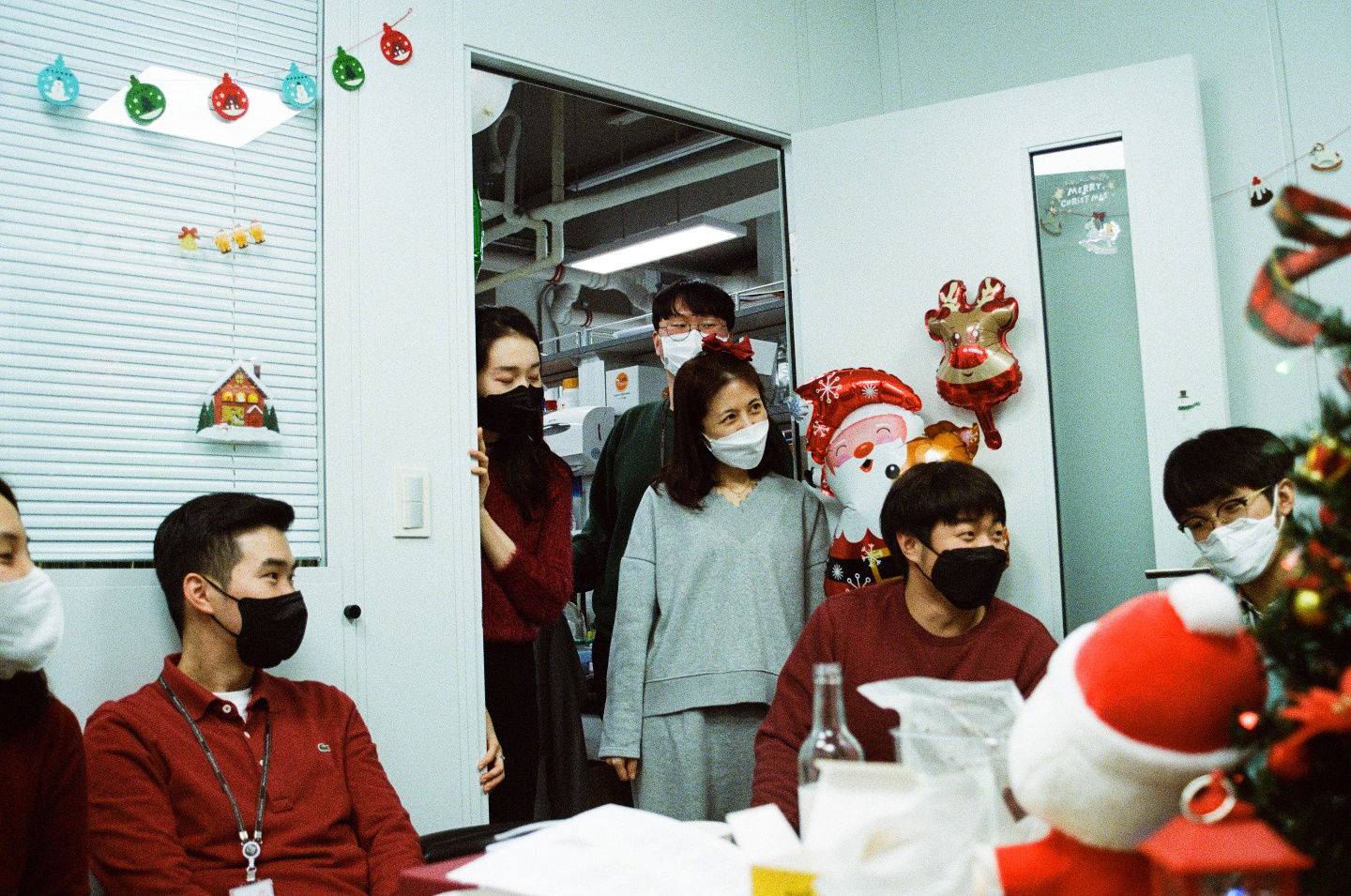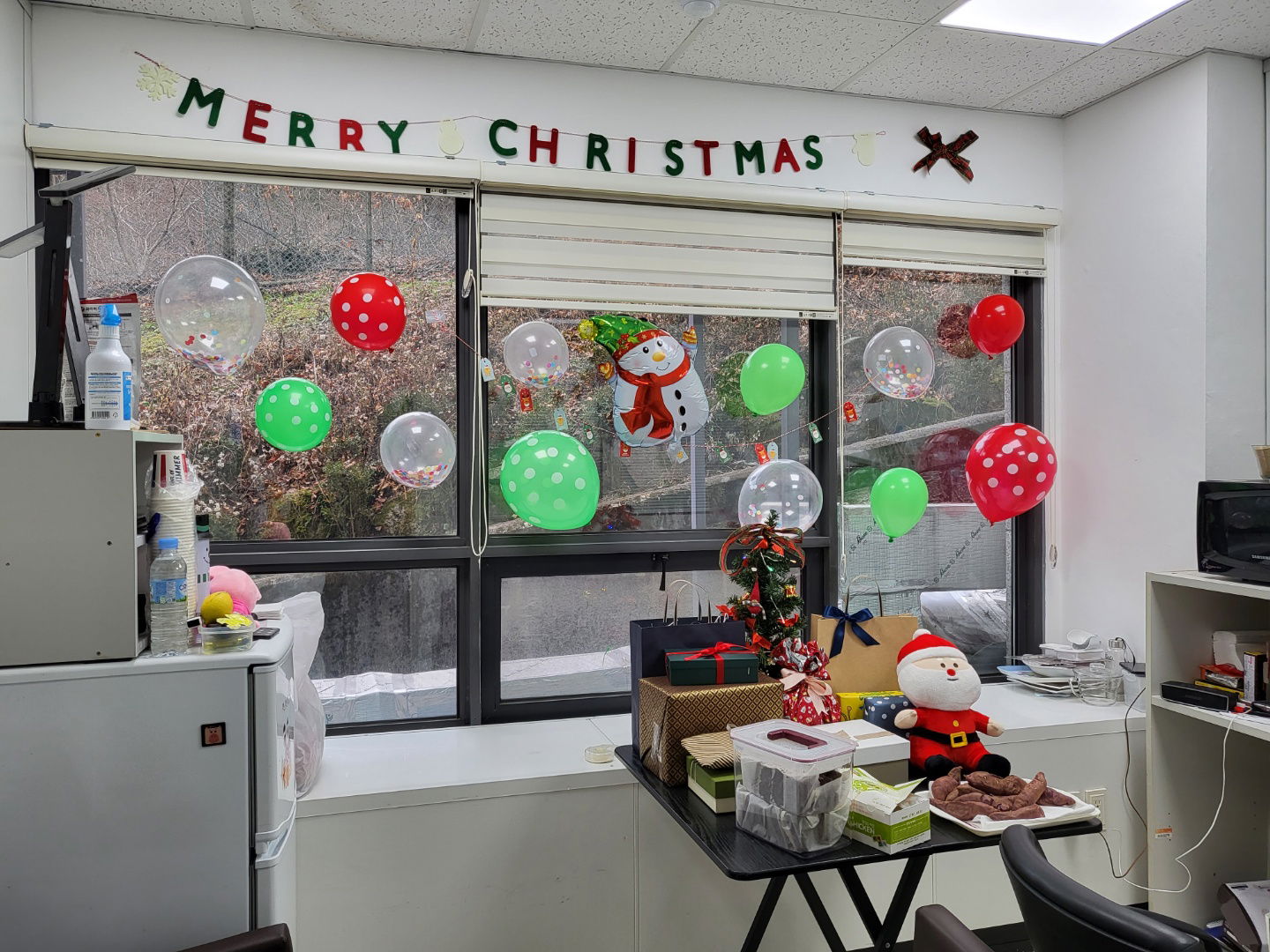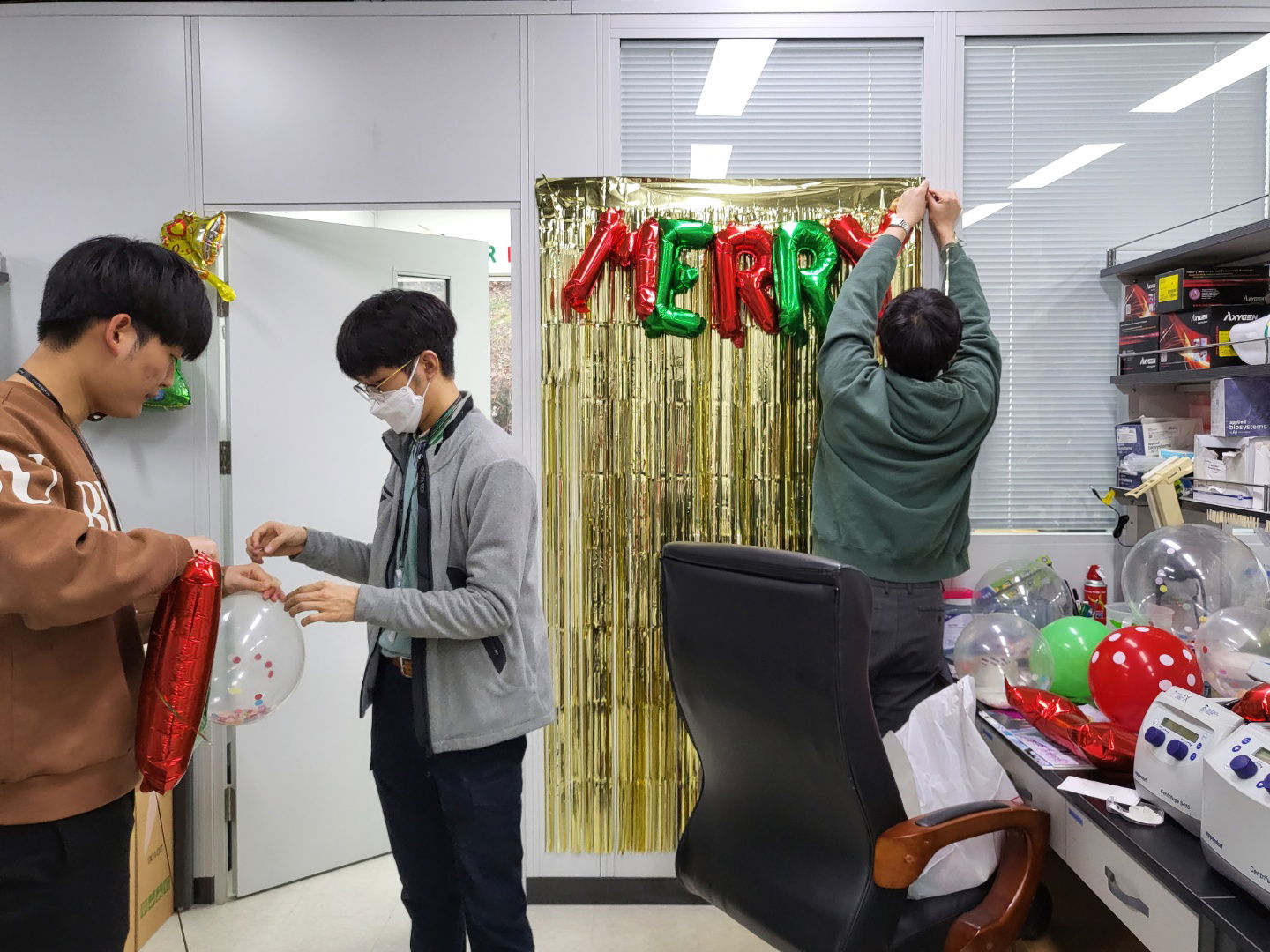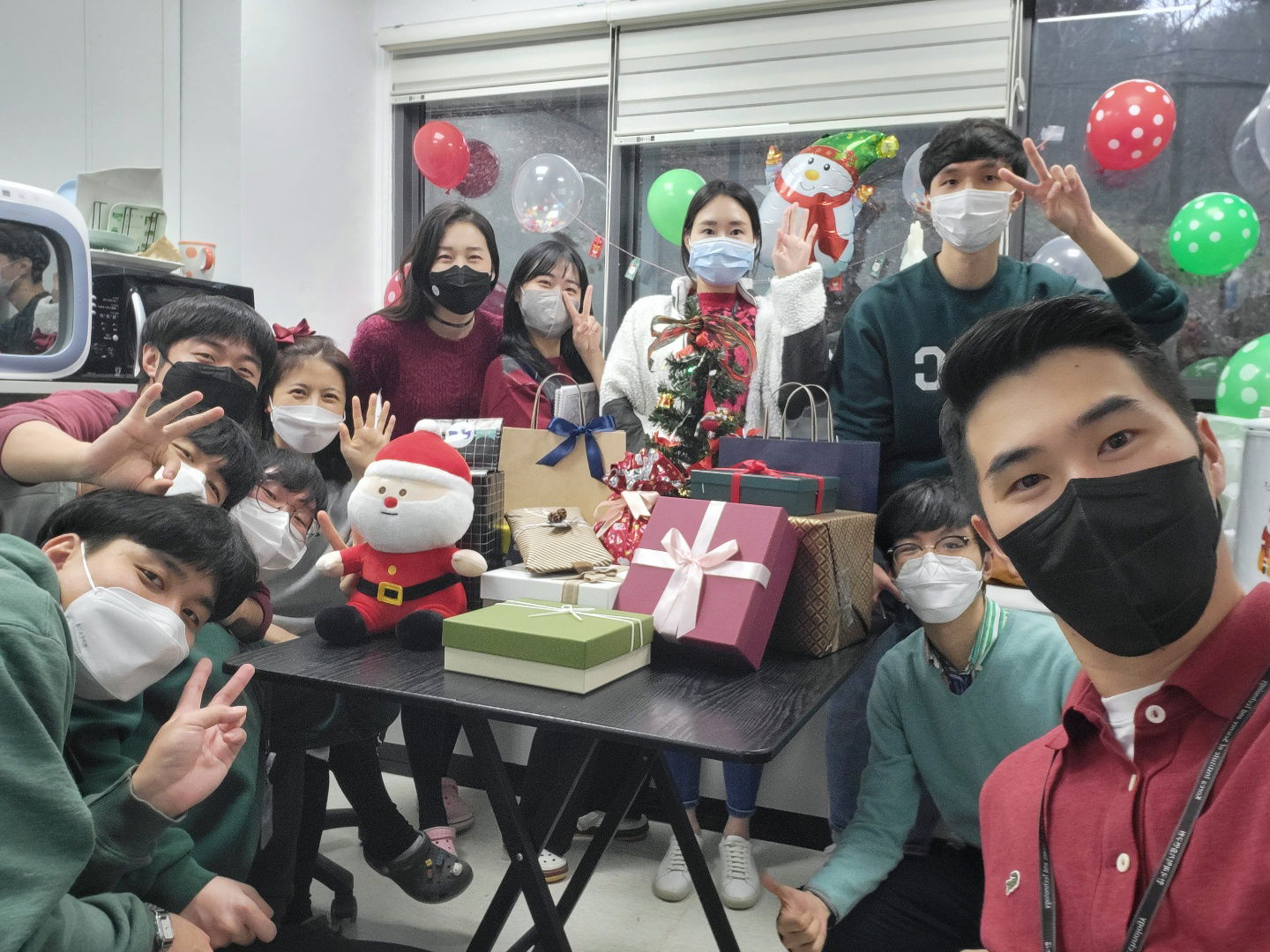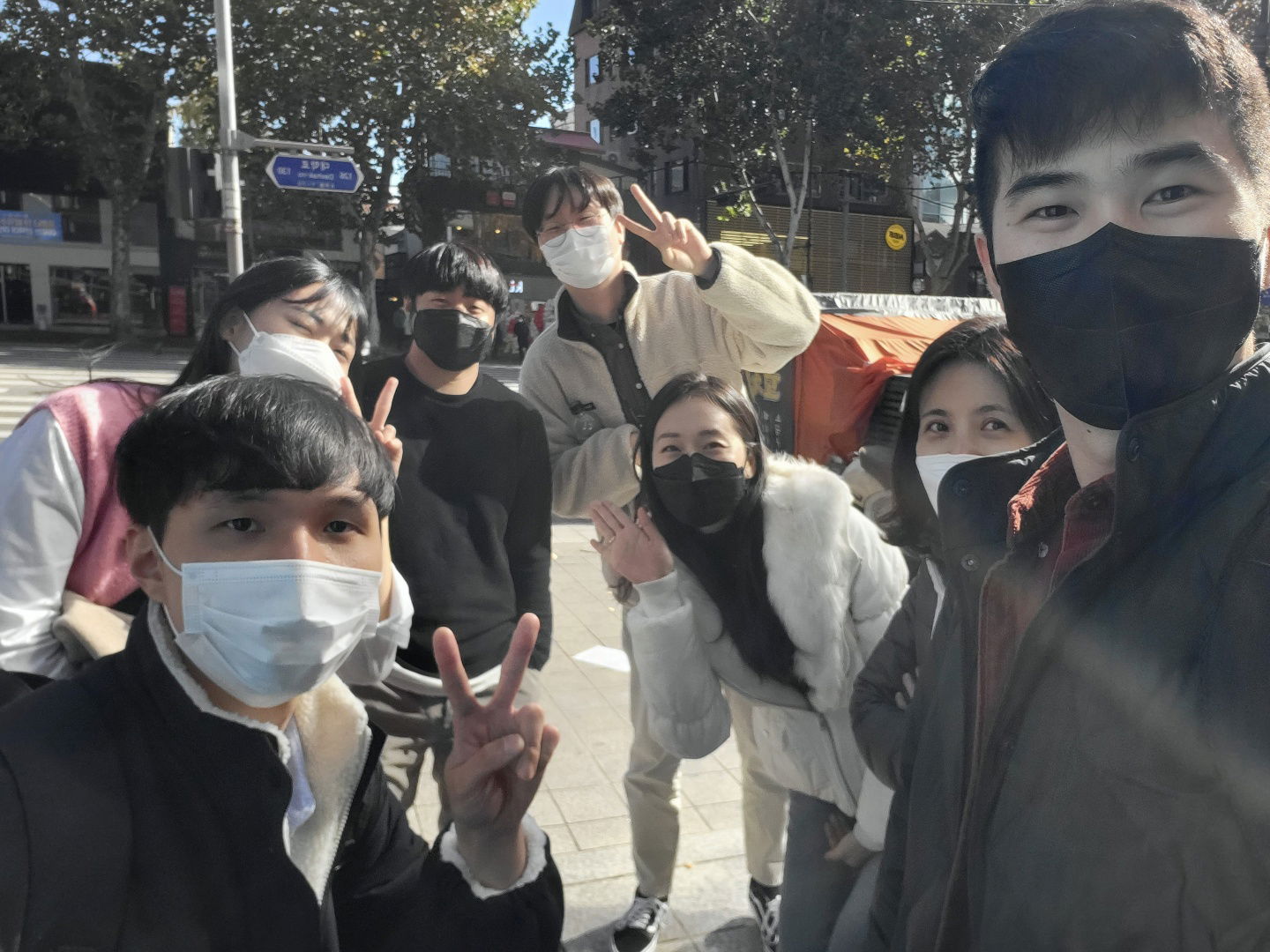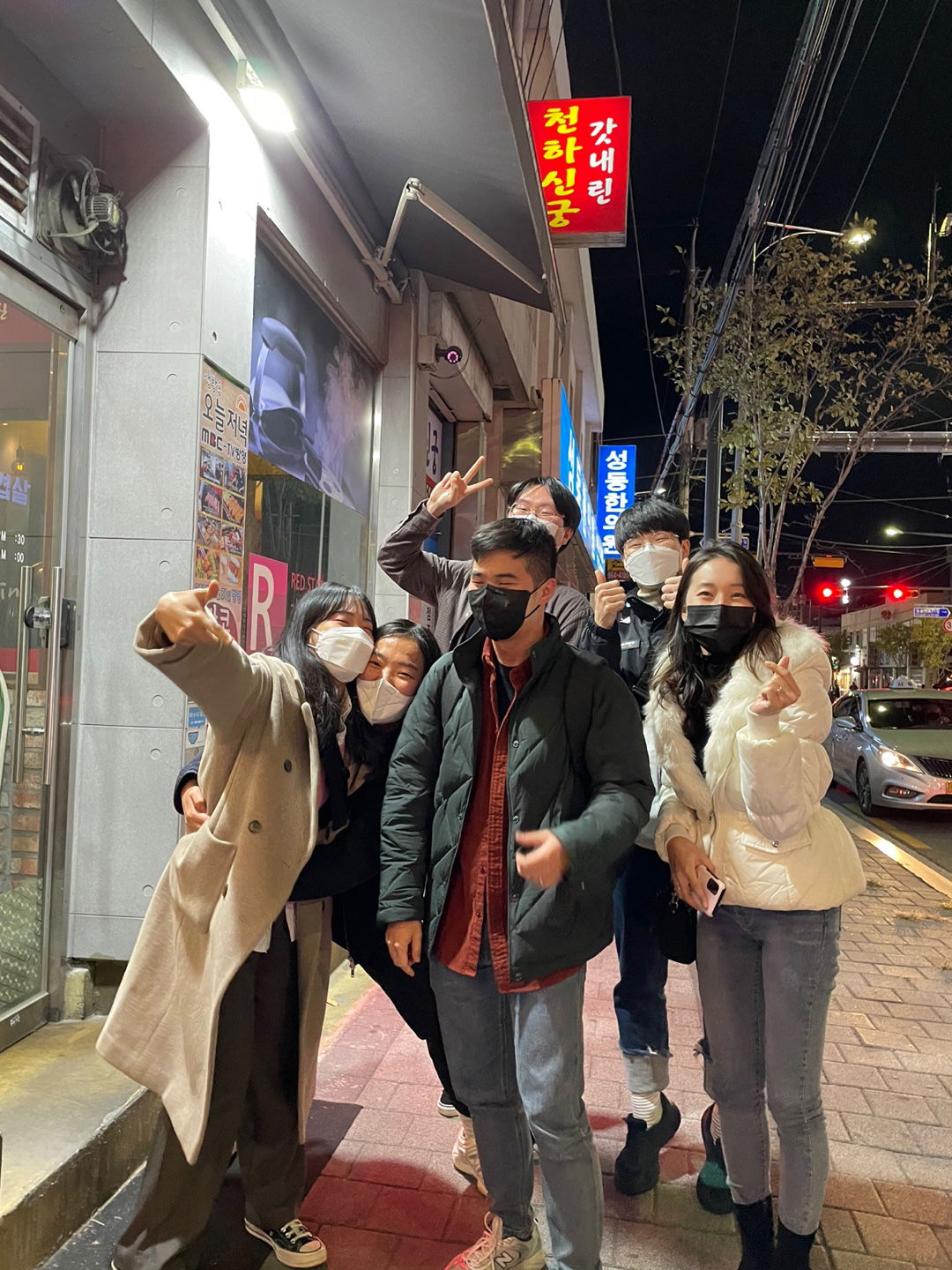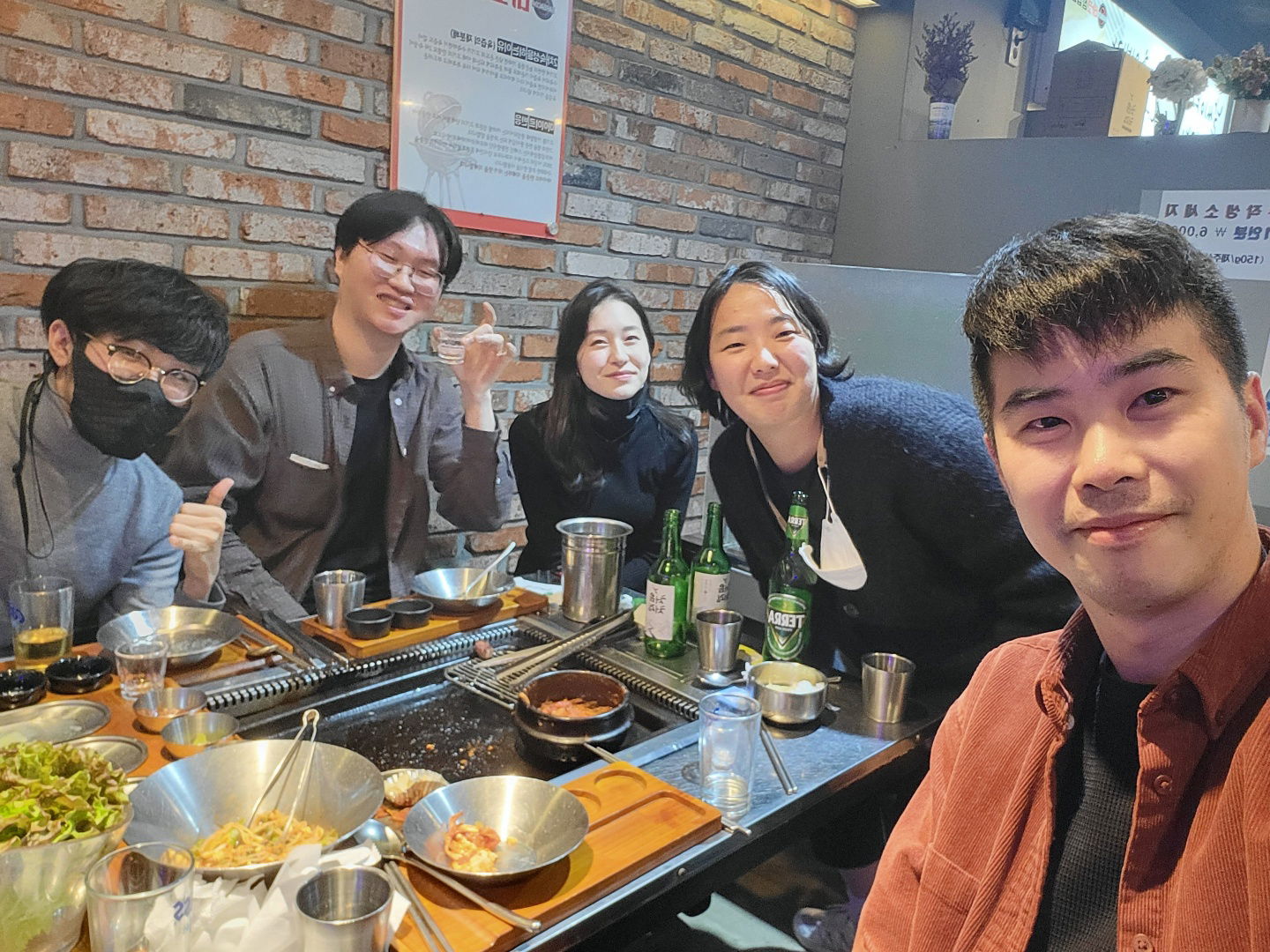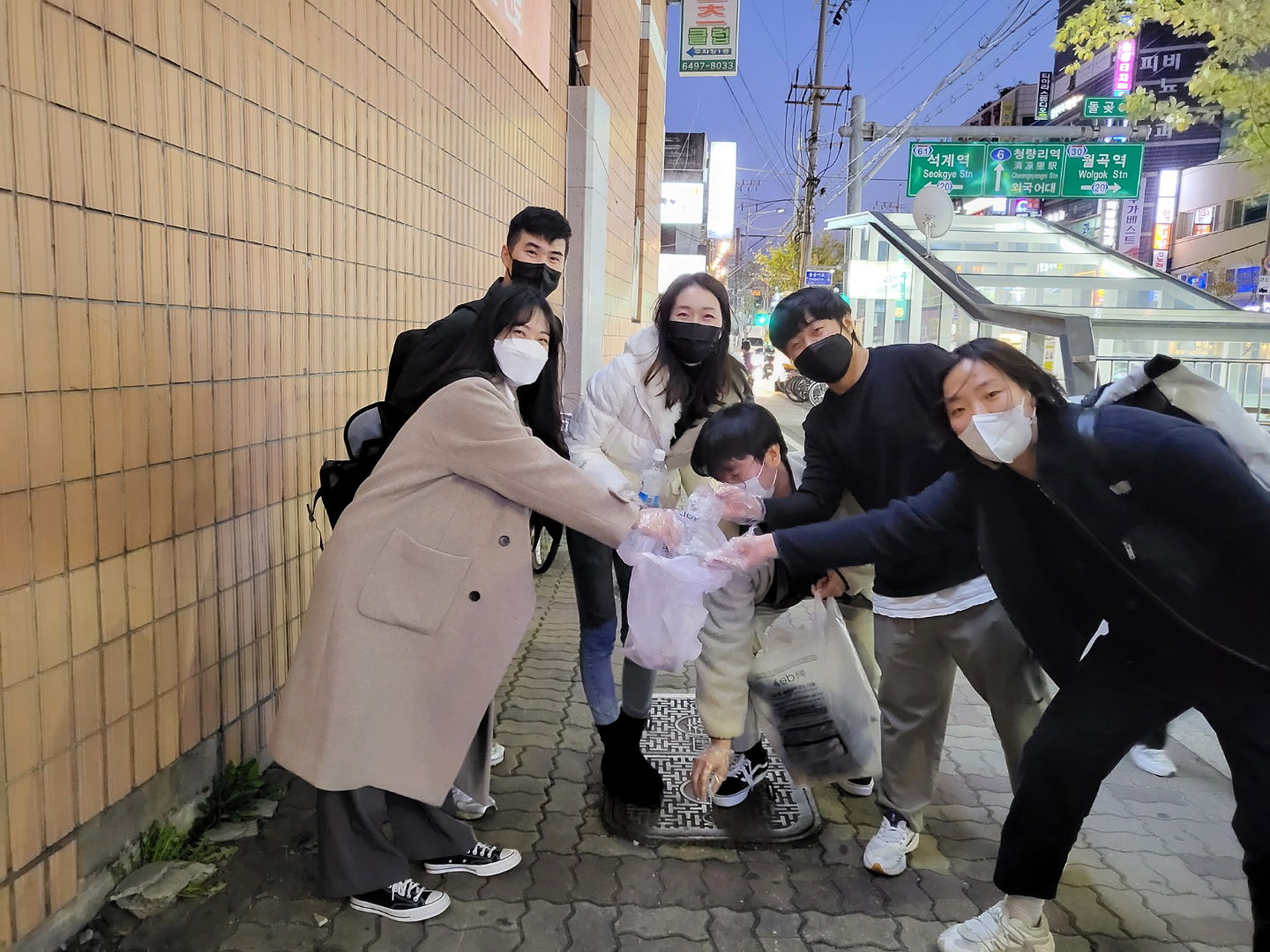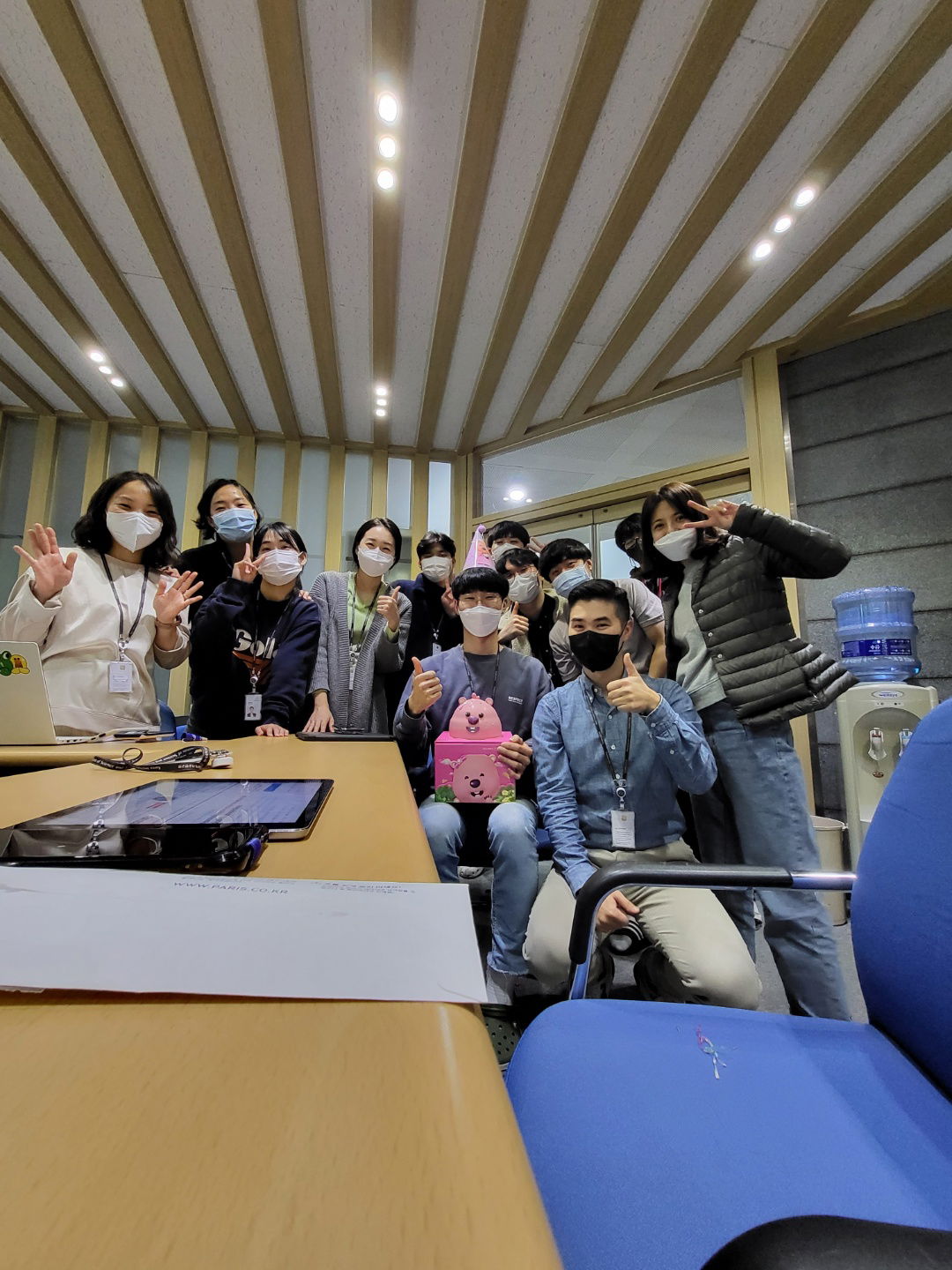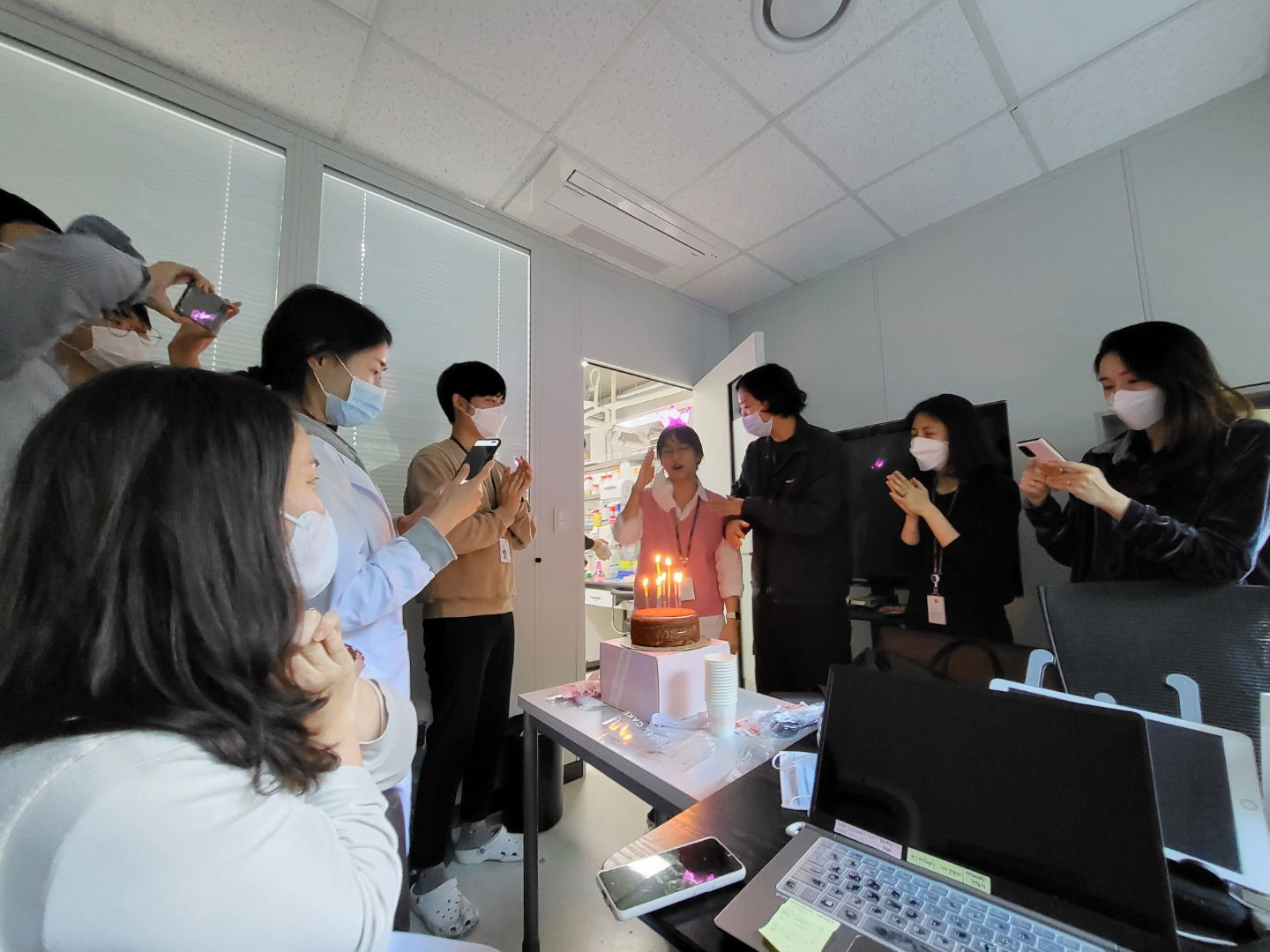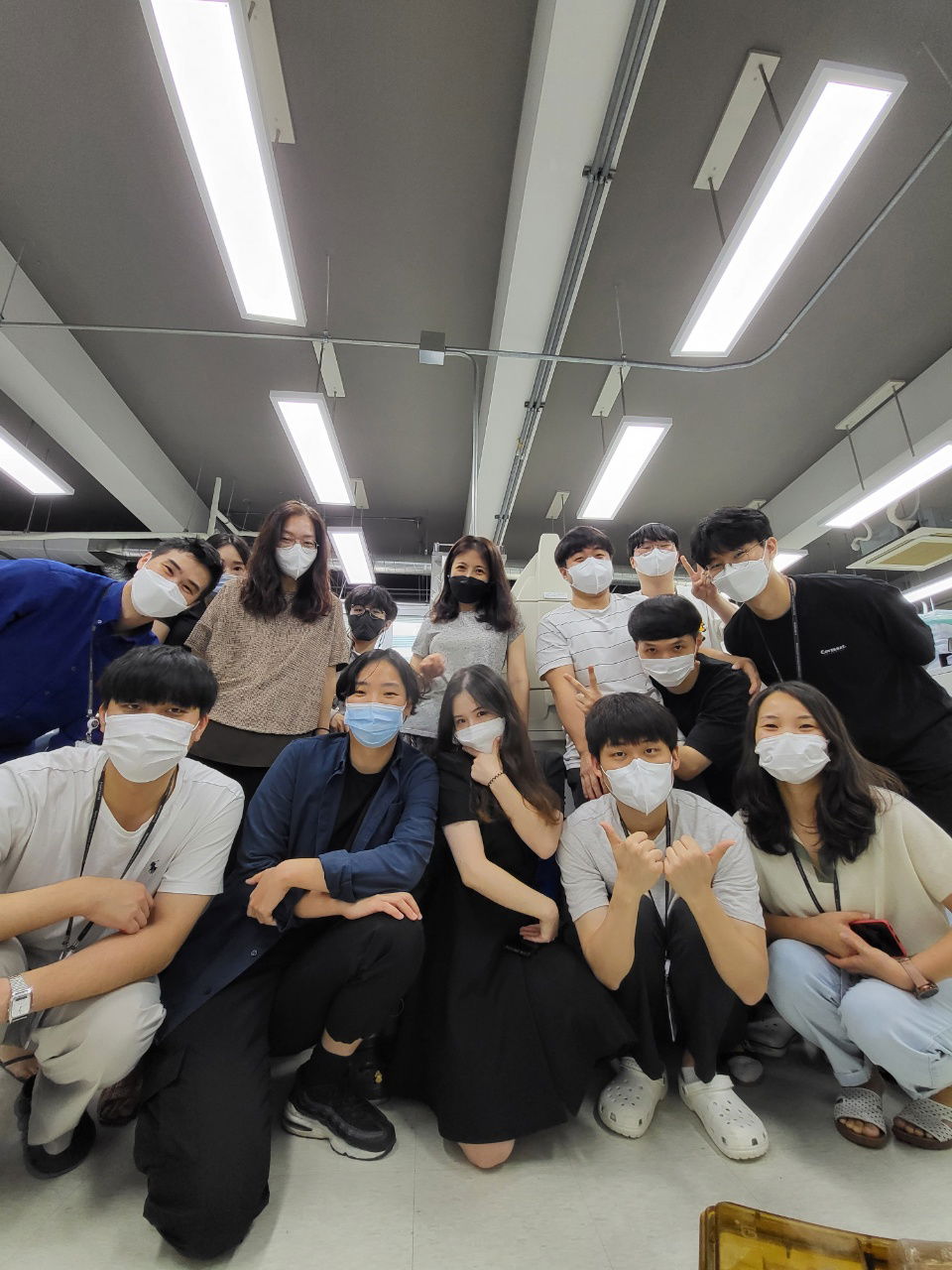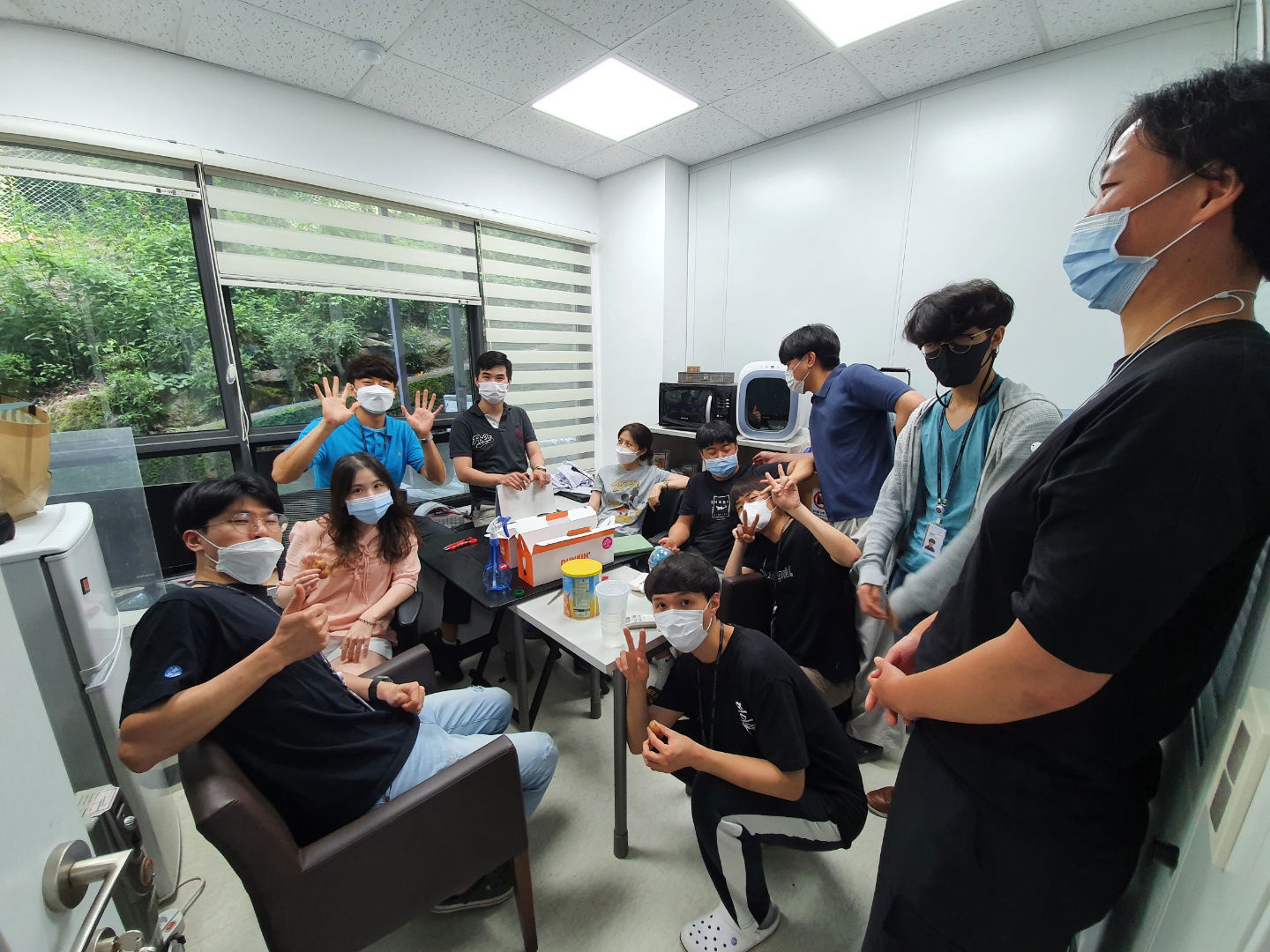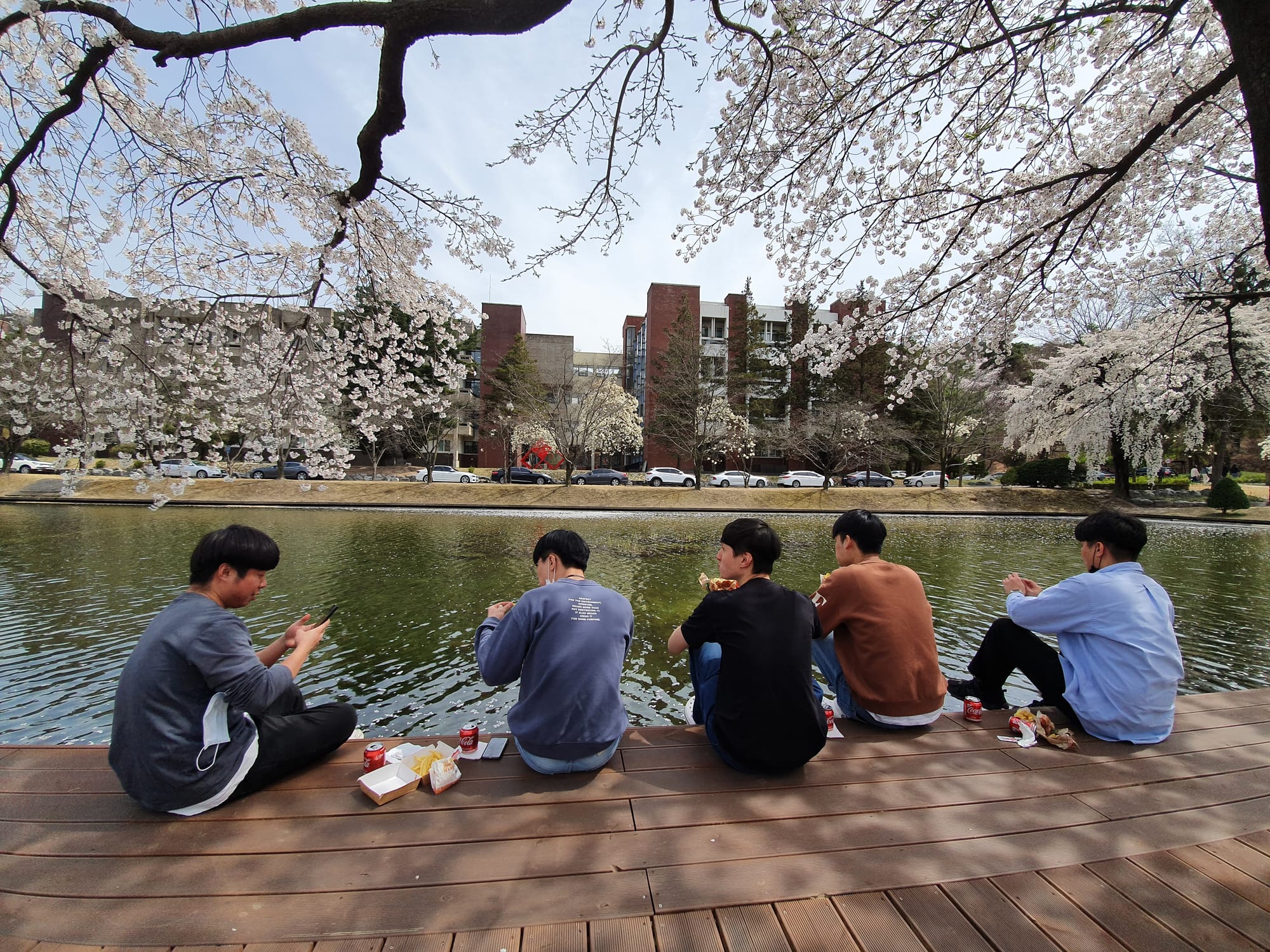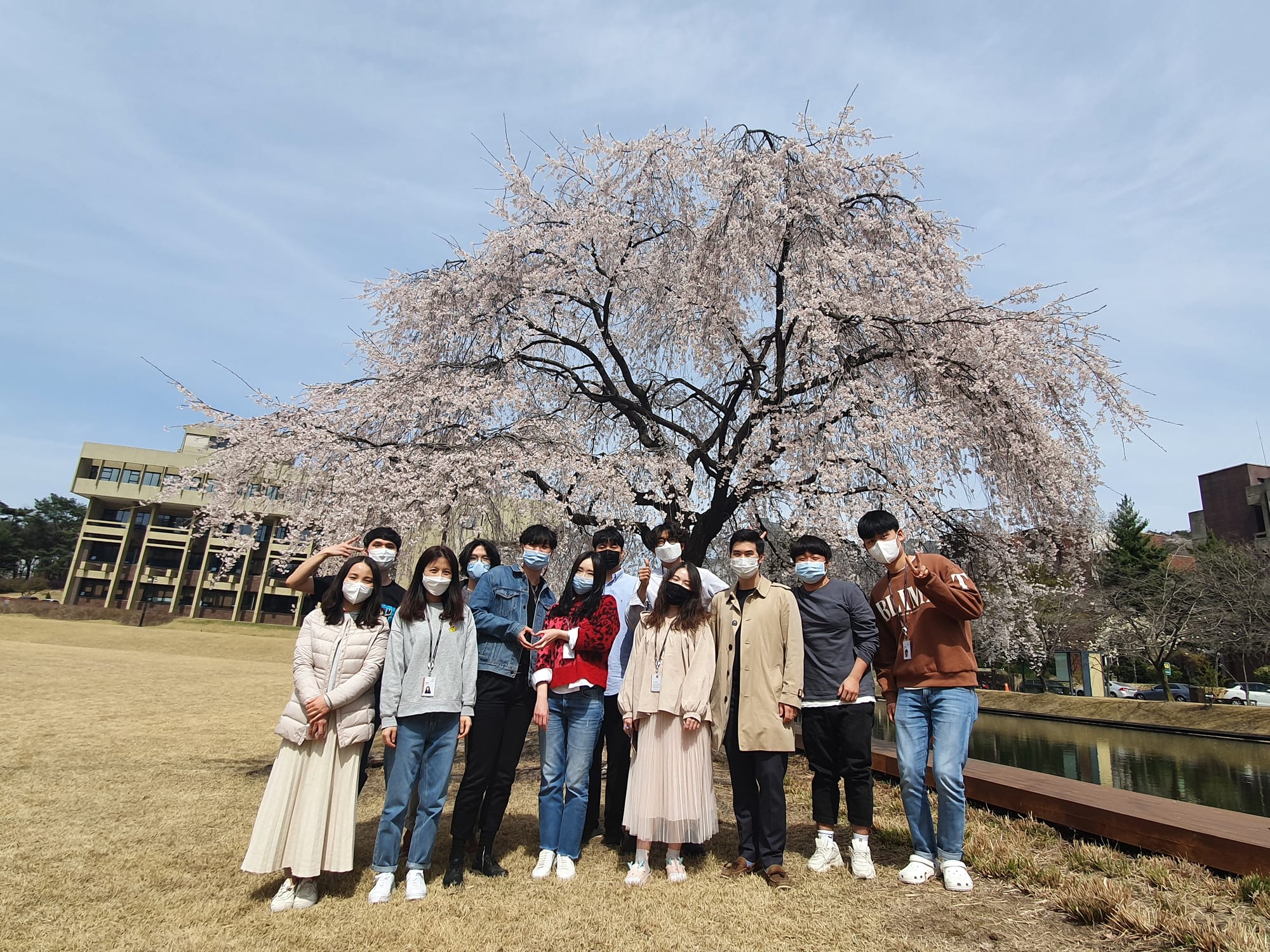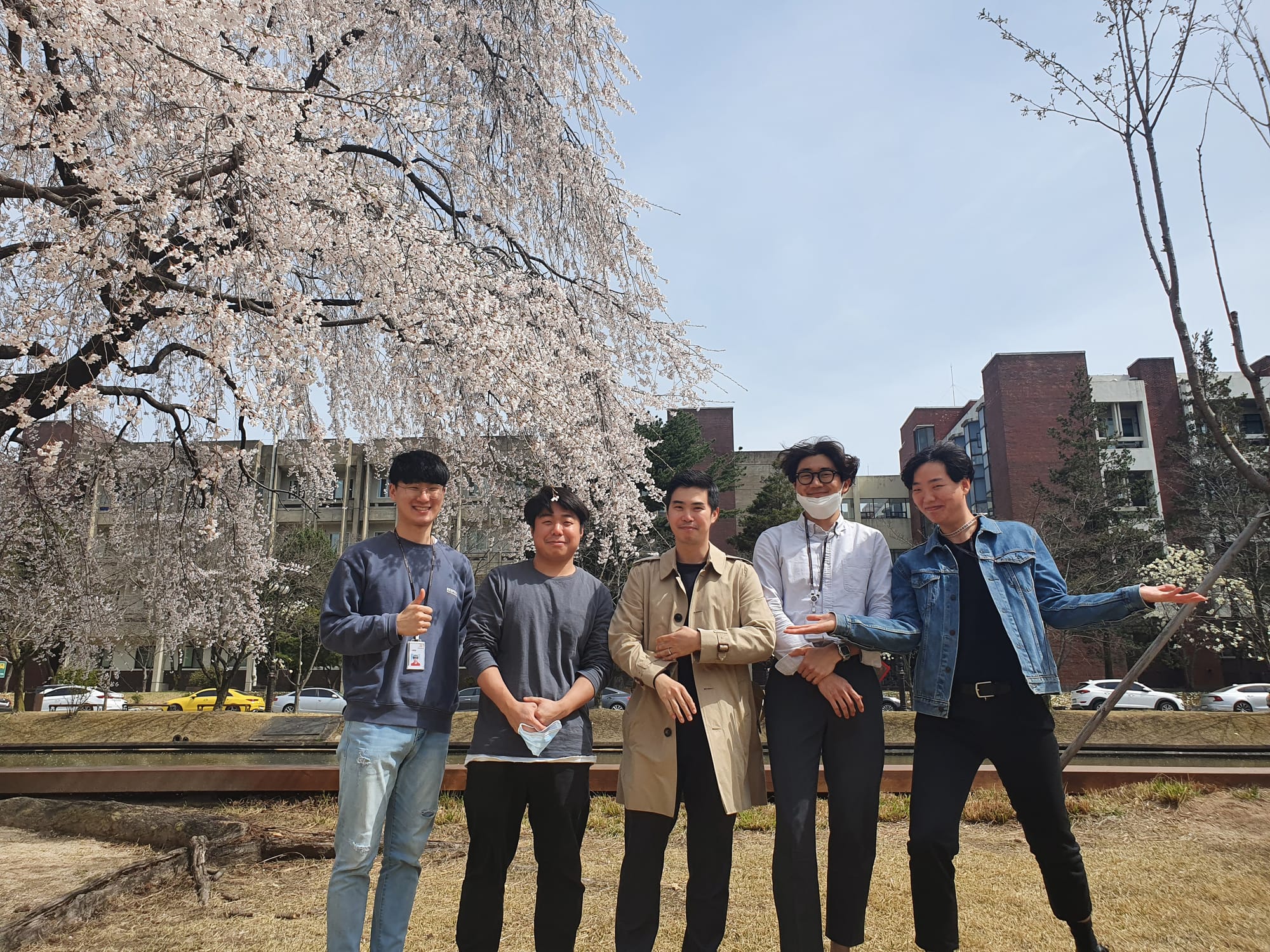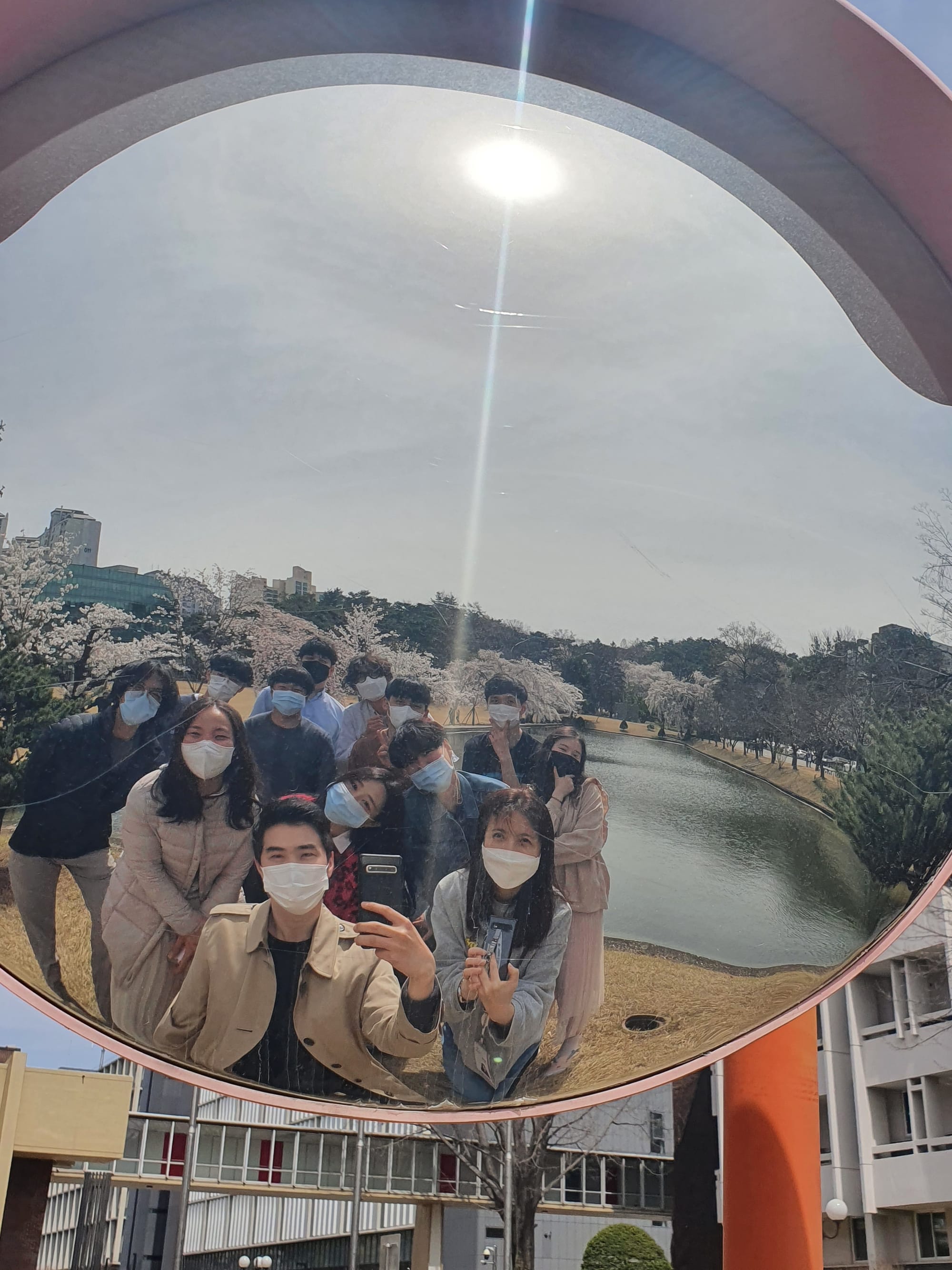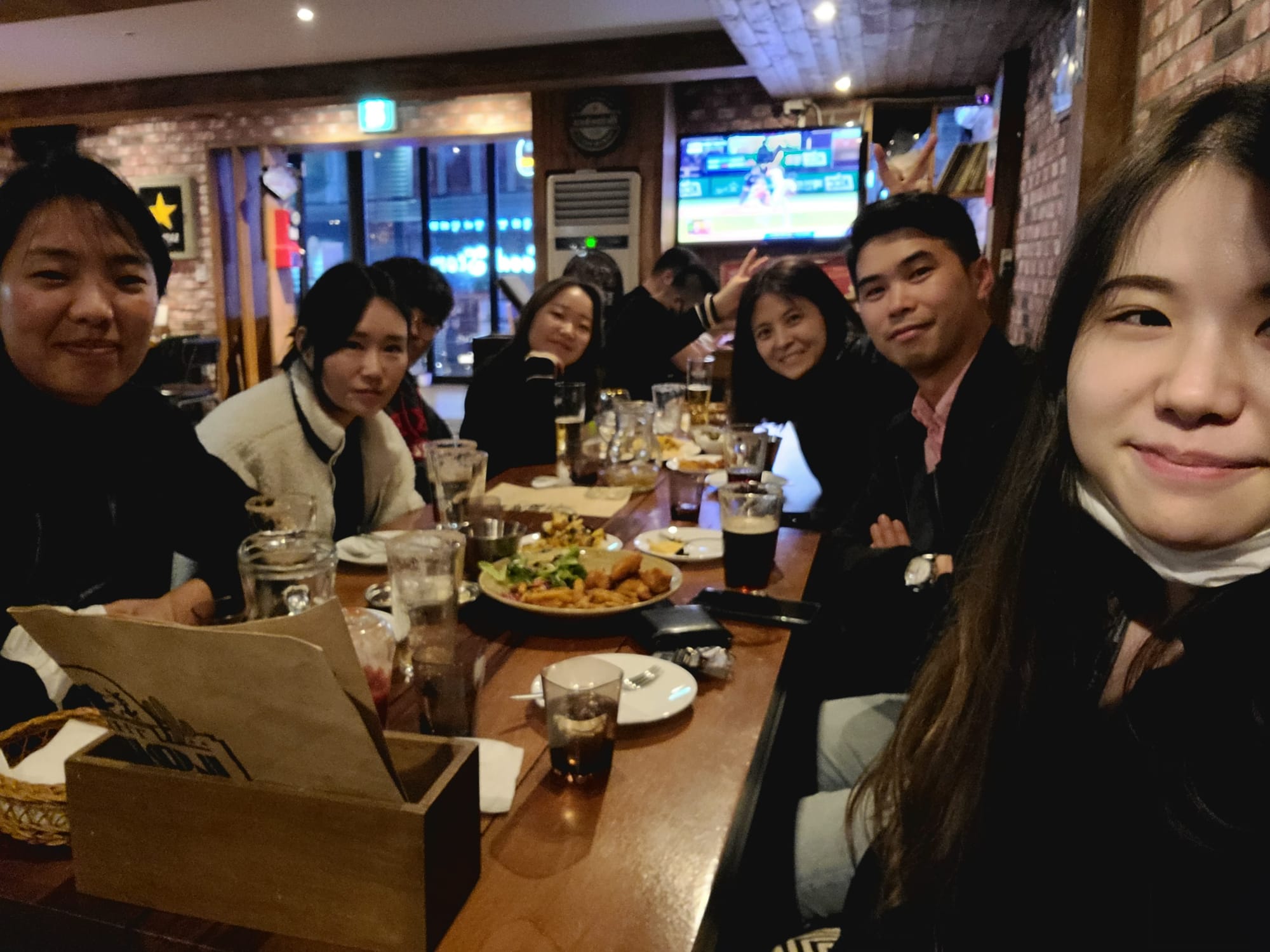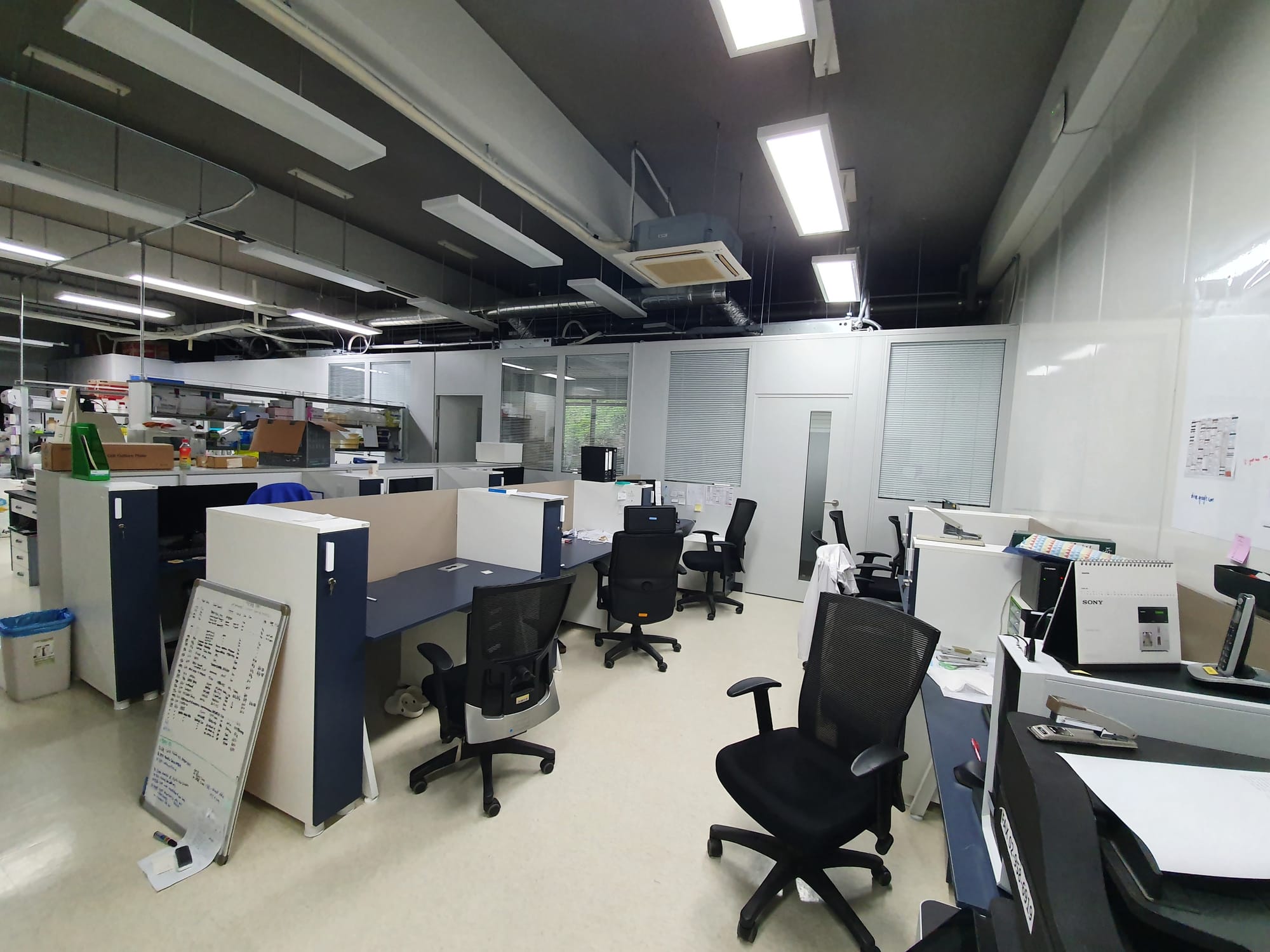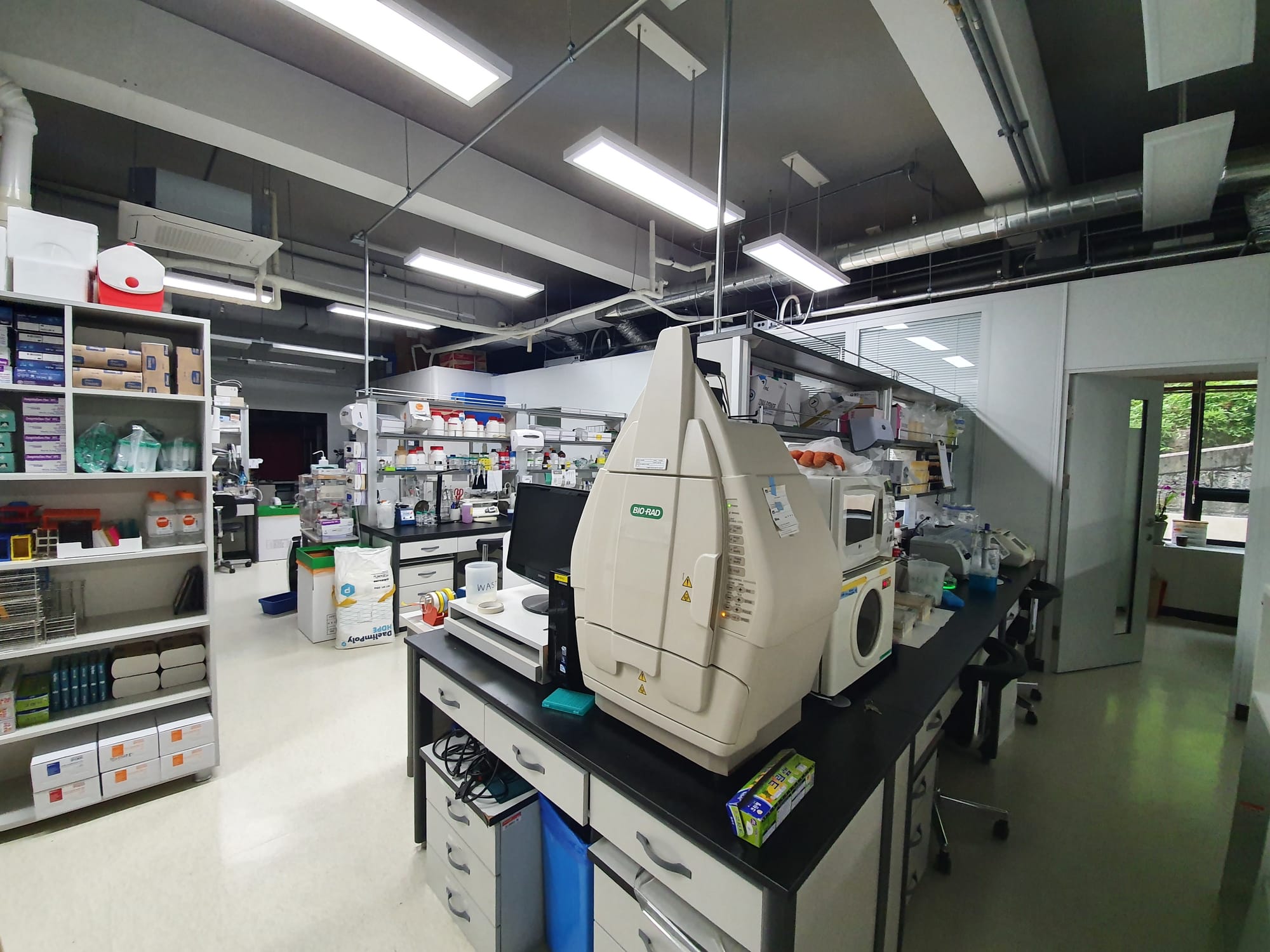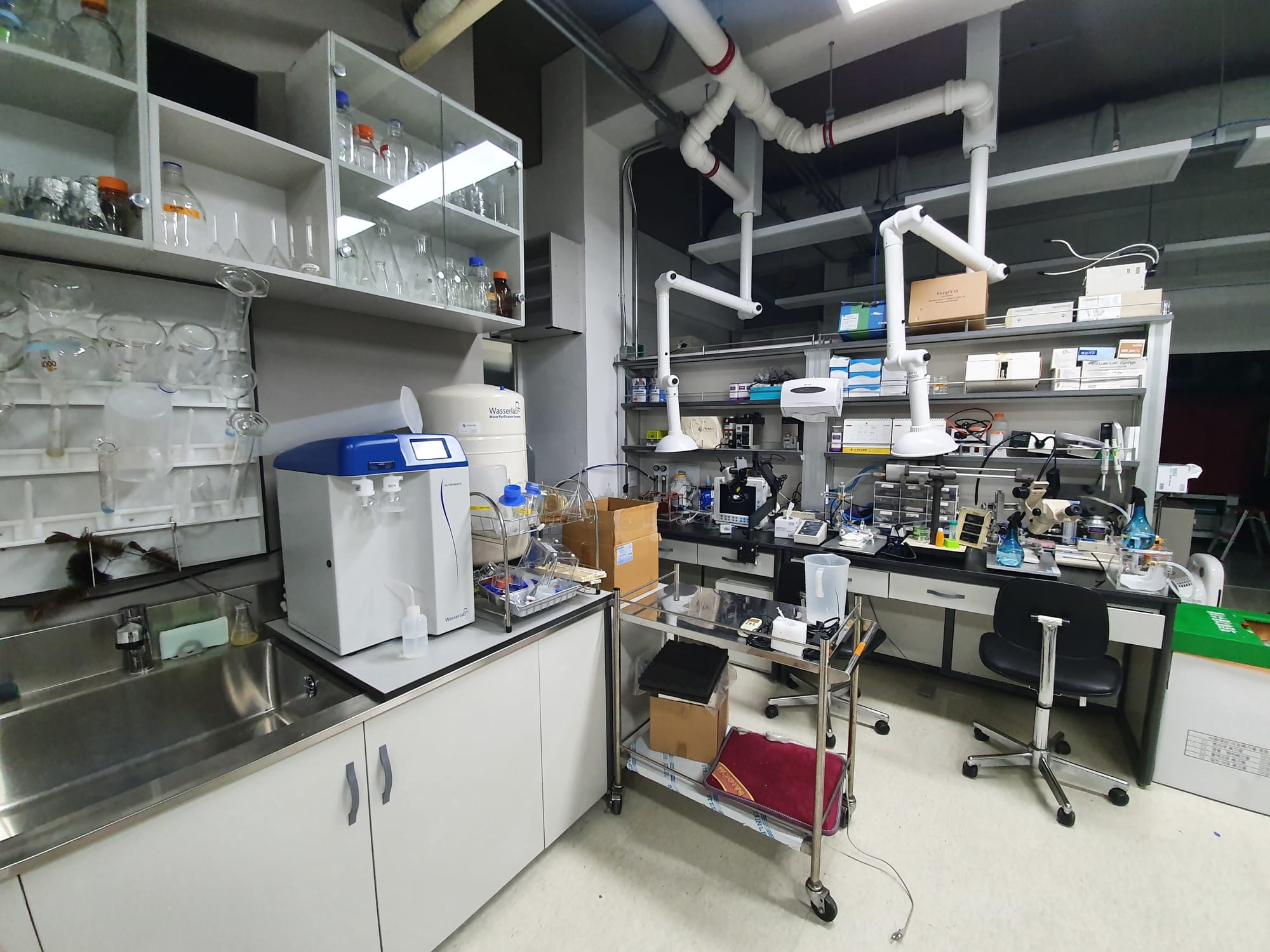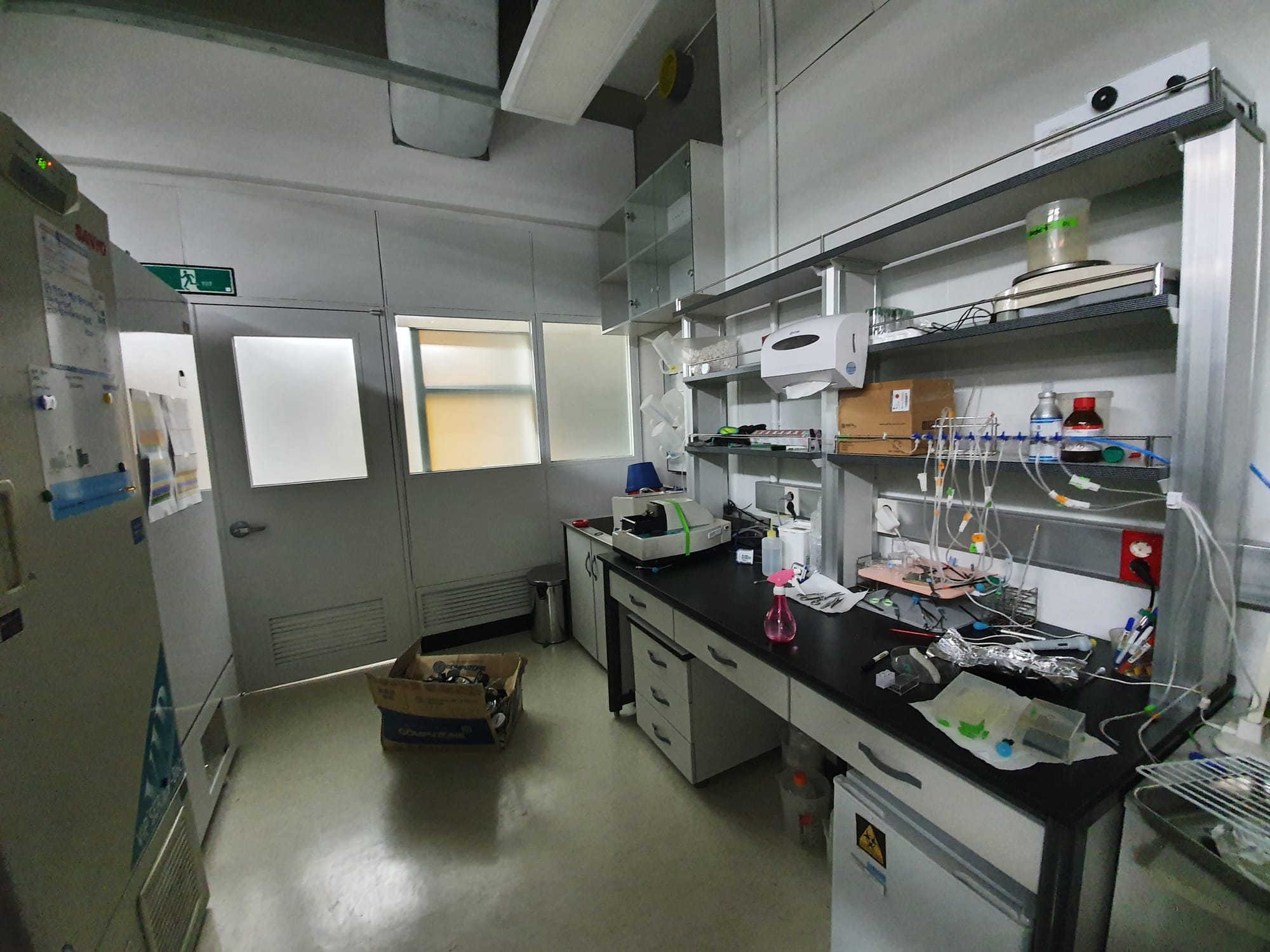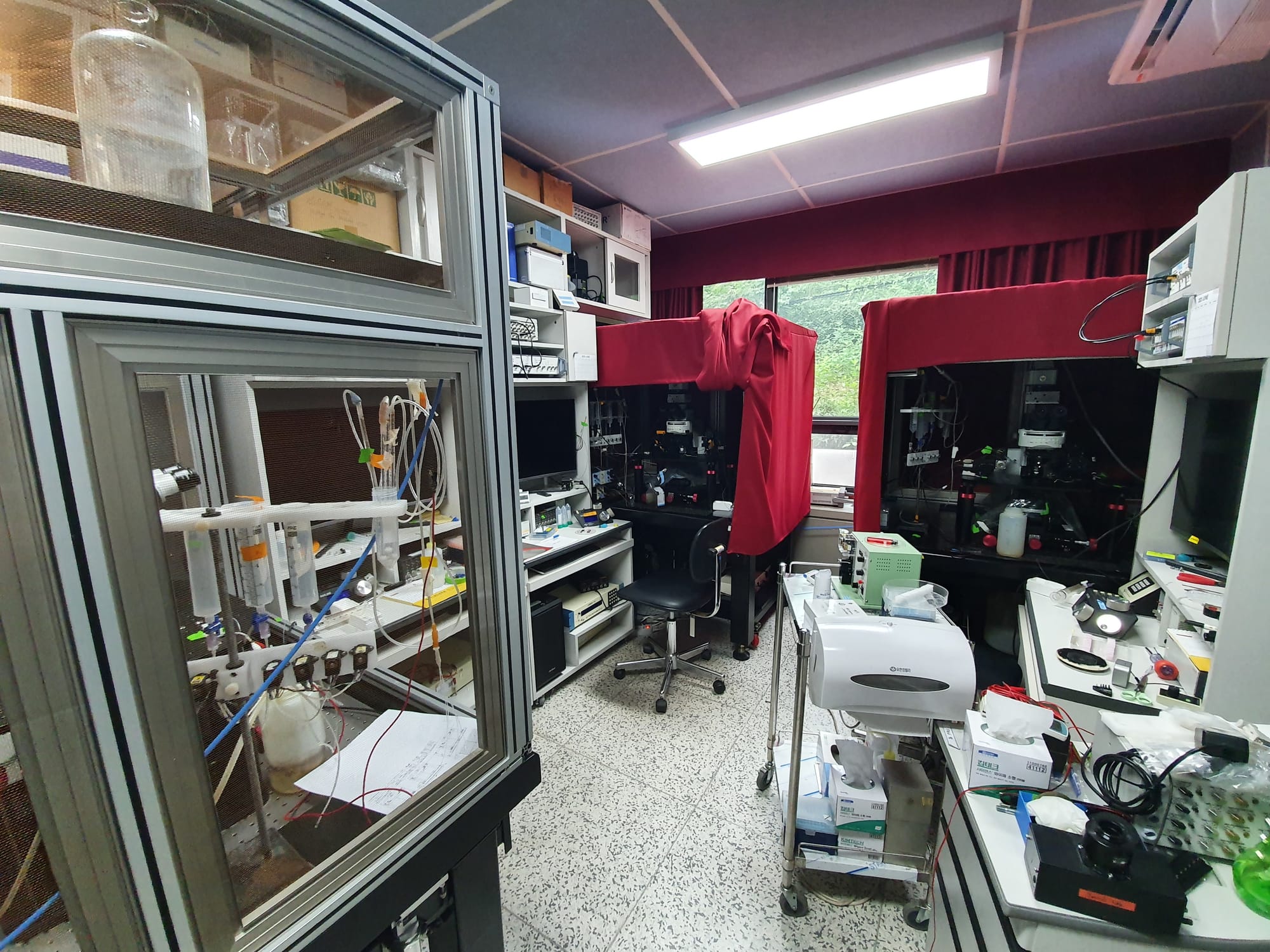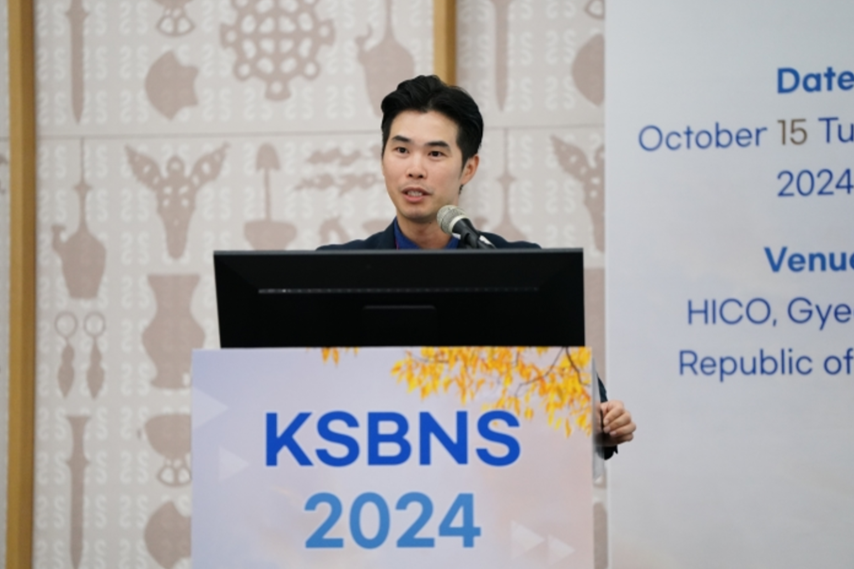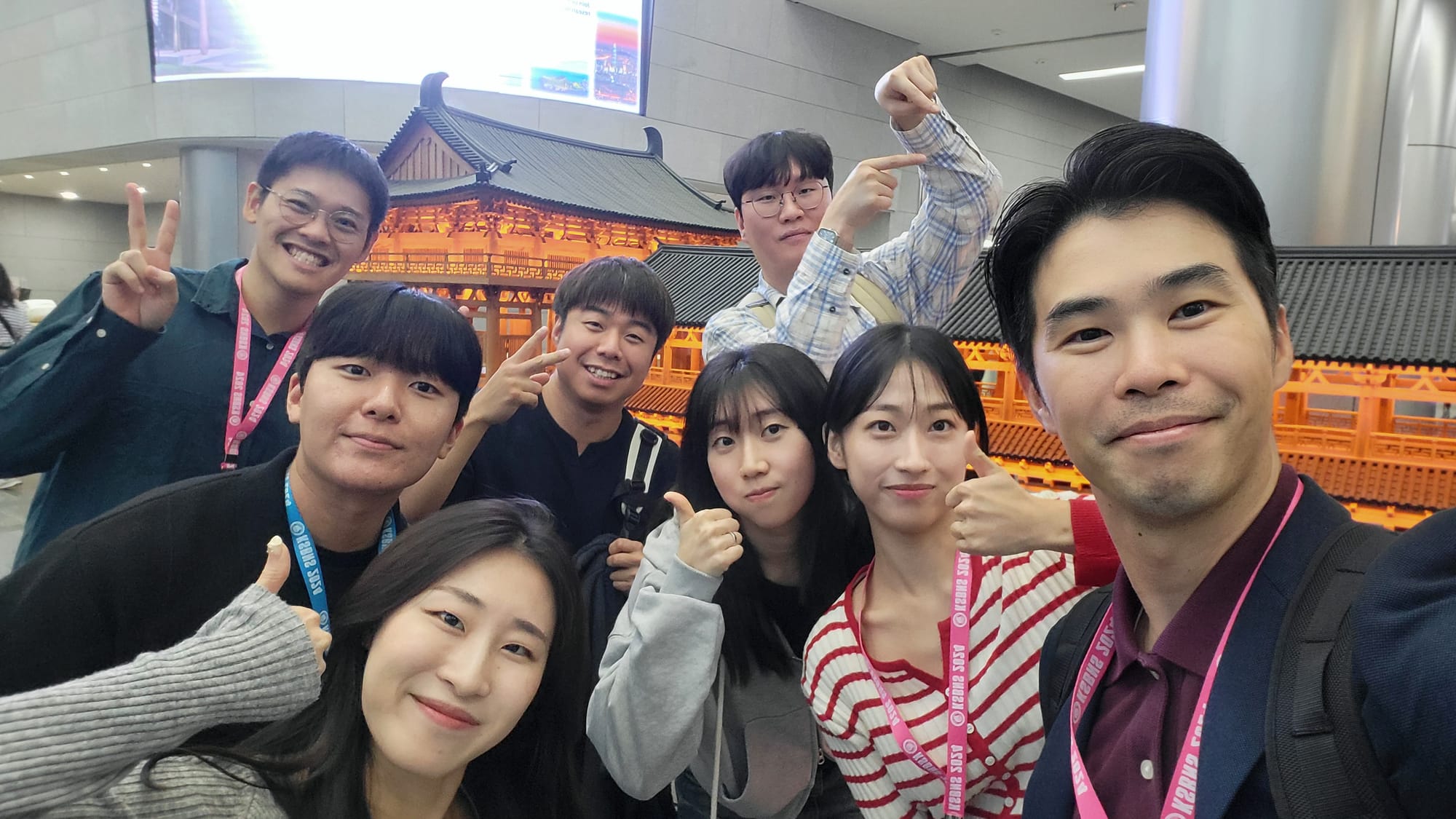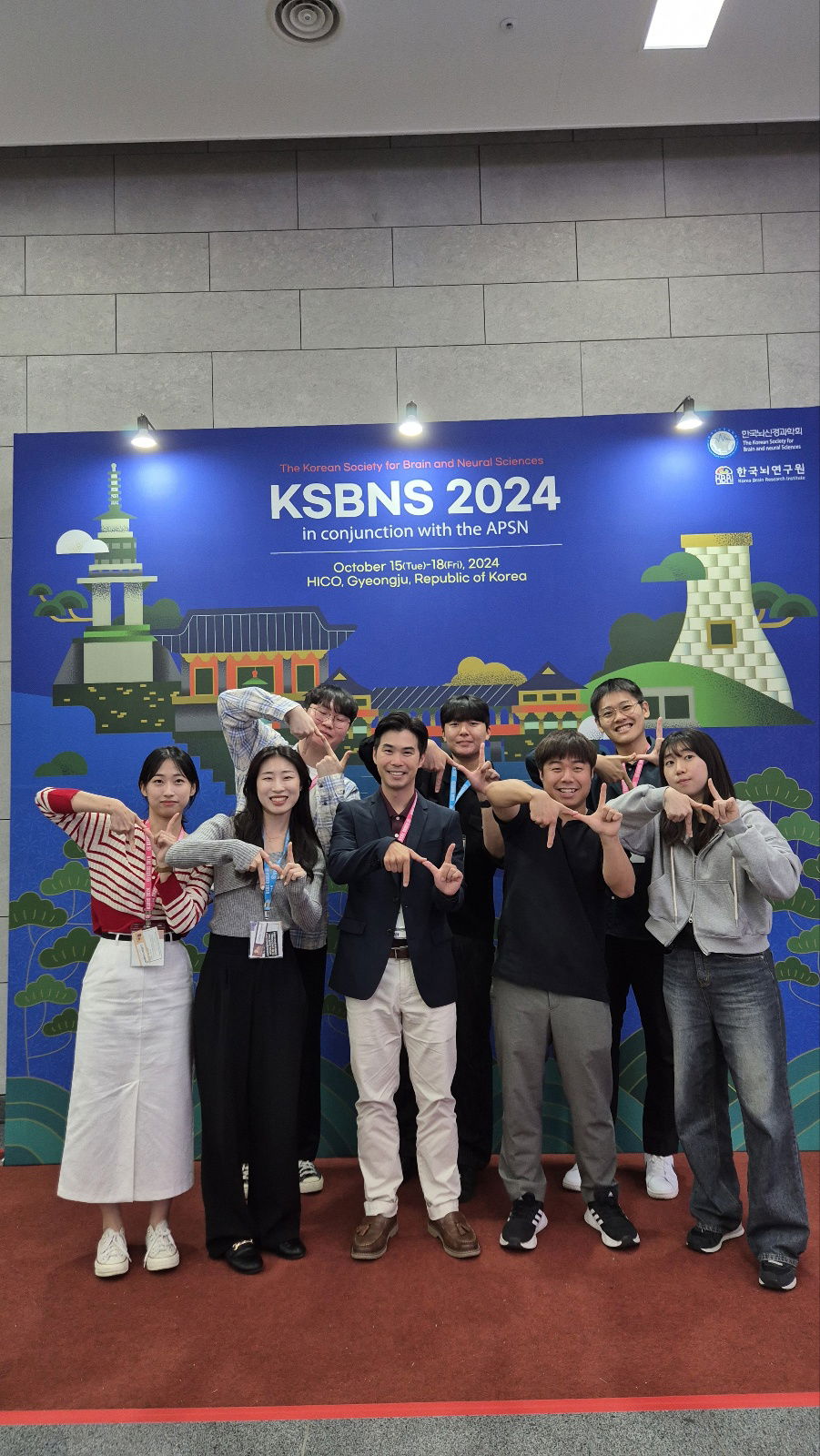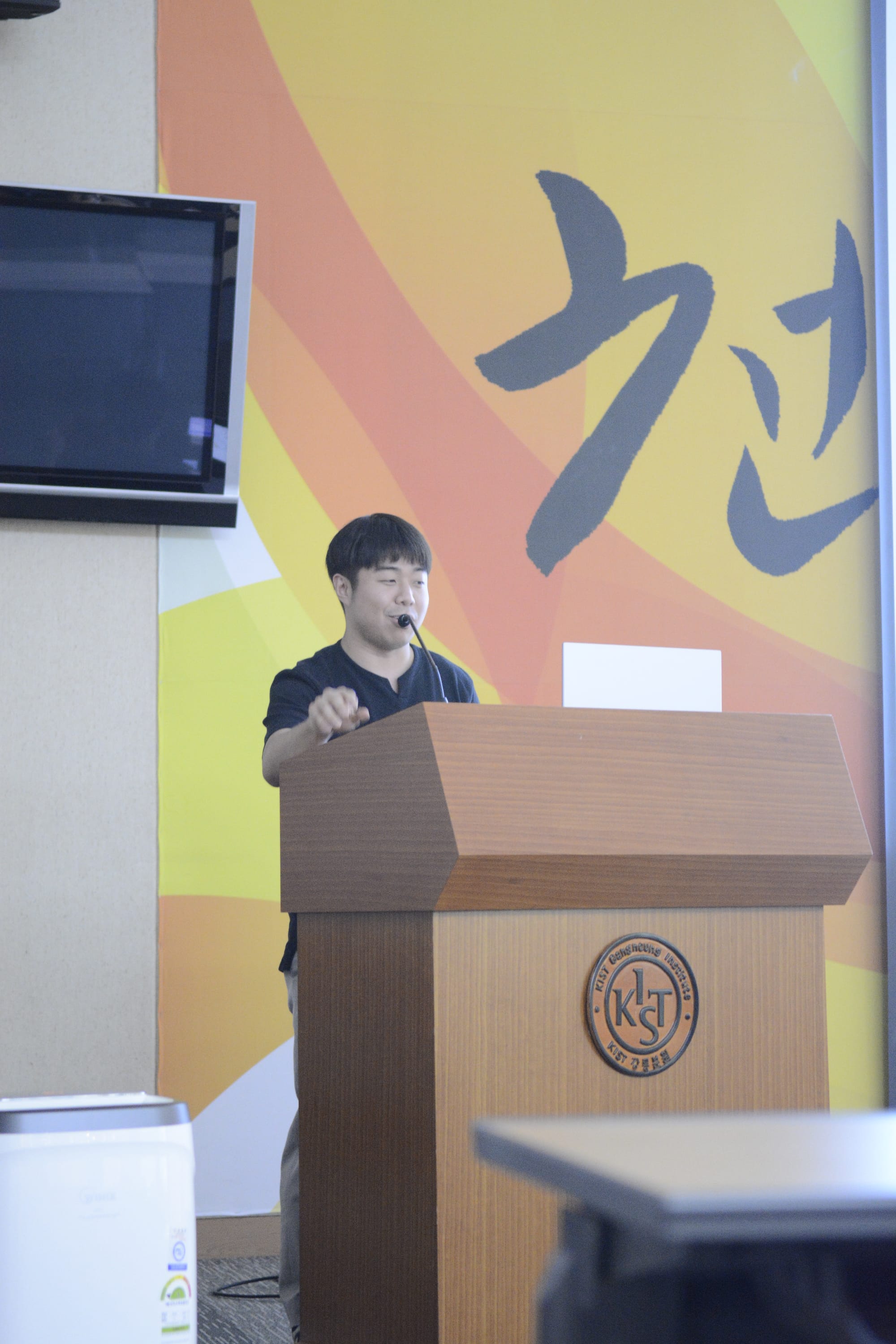Glia and Neuroinflammation
We study the pathology of brain disorders
and the mechanisms of acupuncture based on the gliocentric view.
Research
Reactive astrocytes in brain disorders
We study the pathological roles of reactive astrocytes in various brain disorders.
Learn More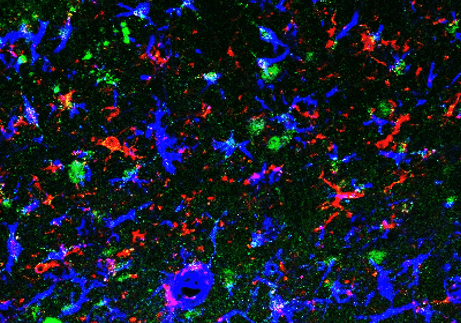
Astrocytes in the healthy brain
We study the physiological role of astrocytes in regulating brain function.
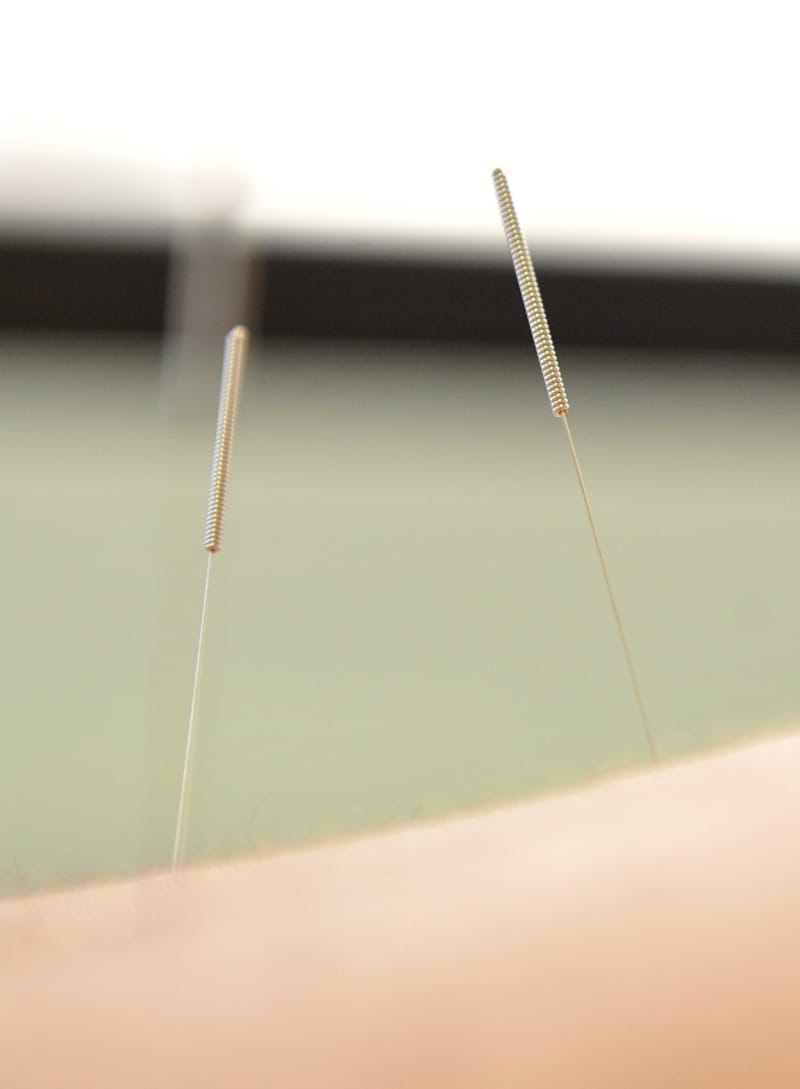
Neurobiological Mechanism of Acupuncture
We study the molecular, cellular and circuitry neurobiology of acupuncture and herbal medicine based on the gliocentric view.
Learn MorePublications
[2025]
- Kim H*, Park G*, Shin HG, Kwon DW, Kim H, Baek IY, Nam MH, Cho IJ, Kim J#, Seong J#, Optogenetic control of dopamine receptor 2 reveals a novel aspect of dopaminergic neurotransmission in motor function, Journal of Neuroscience, 2025, DOI: 10.1523/JNEUROSCI.1473-24.2024
- Han YE*, Lim S*, Lee SE, Nam MH, Oh SJ#, Novel mouse model of Alzheimer's disease exhibits pathology through synergistic interactions among amyloid-β, tau, and reactive astrogliosis, Zoological Research, 2025, DOI: 10.24272/j.issn.2095-8137.2024.257
- Song S, Kang M, Lee J, Yang YR, Lee H, Kim JI, Kim B, Choi HS, Hong EB, Nam MH, Suh PG, Kim J#, Role of Phospholipase Cη1 in Lateral Habenula Astrocytes on Depressive-Like Behavior in Mice, Experimental & Molecular Medicine, 2025, DOI: 10.1038/s12276-025-01432-1
- Pham TL, Sharma R, Neupane C, Gao F, Cha GH, Kim H, Nam MH, Lee SE, Yang S, Sim H, Lee S, Hur GM, Kim HW, Park JB#, Neuronal STING-GAT1 signaling maintains paclitaxel-induced neuropathic pain in the spinal cord, Pain,2025, DOI: 10.1097/j.pain.0000000000003593
- Kim J#, McHugh TJ#, Kim CH, Lau H, Nam MH, The future of neurotechnology: From big data to translation, Neuron, 2025, DOI: 10.1016/j.neuron.2025.02.019
- Jeon H, Oh JY, Ahn S, Yeom M, Ha IJ, Son HS, Park SE, Park J, Huh E, Baek IY, Nam MH, Na C, Oh MS, Park HJ#, Invasive laser acupuncture targeting muscle: a novel approach to protect dopaminergic neurons and reduce neuroinflammation in a brain of Parkinson's disease model, Chinese Medicine, 2025, DOI: 10.1186/s13020-025-01104-2
- Yasmin T*, Lee Y, Hwang H, Seo J, Kim MS, Park M, Oh SJ, Nam MH, Rhim H#, Elevated O-GlcNAcylation Enhances Metabolic Rate and Reduces the Excitability of Hypothalamic ARC Neurons in 10-month-old Male Mice, Experimental Neurobiology, 2025, doi: 10.5607/en25012
- Lee HY*, Lee JM*, Lee HL*, Park J, An H, Park EK, Hwang SY, Yoon SL, Hwang GY, Kim KN, Nam MH, Lee SE, Kang H, Won J, Jang BK, Lee EH, Choi S, Park MG, Kim SW, Park KD, Lee S, Lee CJ#, Ha Y#., Astrocytic monoamine oxidase B (MAOB)-gamma-aminobutyric acid (GABA) axis as a molecular brake on repair following spinal cord injury, Signal Transduction and Targeted Therapy, 2025, doi:10.1038/s41392-025-02398-2
- Yasmin T*, Lee Y, Kim WS, Lee B, Lee R, Hwang H, Nam MH, Nah SY, Kim MS, Rhim H., Lipid-Enriched Gintonin from Korean Red Ginseng Marc Alleviates Obesity via Oral and Central Administration in Diet-Induced Obese Mice. Nutrients. 2025, doi:10.3390/nu17233794
[2024]
- Nam MH#, Na H, Lee CJ#, Yun M#, A Key Mediator and Imaging Target in Alzheimer's Disease: Unlocking the Role of Reactive Astrogliosis through MAOB, Nuclear Medicine and Medical Imaging, 2024, DOI: 10.1007/s13139-023-00837-y (#co-corresponding authors)
- Kim D*, Ko HY*, Chung JI*, Park YM*, Lee S, Kim SY, Kim J, Chun JH, Han KS, Lee M, Ju YH, Park SJ, Park KD, Nam MH, Kim SH, Shim JK, Park Y, Lim H, Park J, Kim H, Kim S, Park U, Ryu H, Lee SY, Park S, Kang S#, Chang JH#, Lee CJ#, Yun M#, Visualizing Cancer-Originating Acetate Uptake Through MCT1 in Reactive Astrocytes in the Glioblastoma Tumor Microenvironment, Neuro-Oncology, 2024, DOI: 10.1093/neuonc/noad243
- Severino L, Kim J, Nam MH#, McHugh TJ#, From synapses to circuits: What mouse models have taught us about how autism spectrum disorder impacts hippocampal function, Neuroscience and Biobehavioral Reviews, 2024, DOI: 10.1016/j.neubiorev.2024.105559 (#co-corresponding authors)
- Cho M*, Han JK*, Suh J*, Kim JJ, Ryu JR, Min IS, Sang M, Lim S, Kim TS, Kim K, Kang K, Hwang K, Kim K, Hong EB, Nam MH, Kim J, Song YM, Lee GJ#, Cho IJ#, Yu KJ#, Fully bioresorbable hybrid opto-electronic neural implant system for simultaneous electrophysiological recording and optogenetic stimulation, Nature Communications, 2024, DOI: 10.1038/s41467-024-45803-0
- Ju YH*, Cho J*, Park JY, Kim H, Hong EB, Park KD, Lee CJ, Chung E, Kim HI#, Nam MH#, Tonic excitation by astrocytic GABA causes neuropathic pain through augmenting neuronal activity and glucose metabolism, Experimental & Molecular Medicine, 2024, DOI: 10.1038/s12276-024-01232-z (#co-corresponding authors)
- Won D*, Lee EH*, Chang JE, Nam MH, Park KD, Oh SJ#, Hwang JY#, The role of astrocytic γ-aminobutyric acid in the action of inhalational anesthetics, European Journal of Pharmacology, 2024, DOI: 10.1016/j.ejphar.2024.176494
- Cho J, Hong EB, Kim YS, Song J, Ju YH, Kim H, Lee H, Kim H#, Nam MH#, Baicalin and baicalein from Scutellaria baicalensis Georgi alleviate aberrant neuronal suppression mediated by GABA from reactive astrocytes, CNS Neuroscience & Therapeutics, 2024, DOI: 10.1111/cns.14740 (#co-corresponding authors)
- Oh JY, Bae SJ, Ji JY, Hwang TY, Ji S, Park JY, Kim SN, Ryu Y, Nam MH, Park HJ#, Peripheral mast cells derive the effects of acupuncture in Parkinson's disease, Frontiers in Aging Neuroscience, 2024, DOI: 10.3389/fnagi.2024.1376756
- Oh JY*, Lee H*, Jang SY, Kim H, Park G, Serikov A, Jang JH, Kim J, Yang S, Sa M, Lee SE, Han YE, Hwang TY, SJ Jung, Kim HY, Lee SE, Oh SJ, Kim J, Kim J, Kim J, McHugh TJ, Lee CJ, Nam MH#, Park HJ#, Central role of hypothalamic circuits for acupuncture's anti parkinsonian effects, Advanced Science, 2024, DOI: 10.1002/advs.202403245 (#co-corresponding authors) (featured as Back cover page)
- Park G, Park Y, Yang S, Cho Y, Serikov A, Jung D, Seo DC, Lee SE, Nam MH, Kim D, Kim J#, Neurotensin-specific cortico-thalamic circuit regulates innate response conflict, Current Biology, 2024, DOI: 10.1016/j.cub.2024.06.068
- Shin H, Nam MH, Lee SE, Yang SH, Yang E, Jung JT, Kim H, Woo J, Cho Y, Yoon Y, Cho IJ#, Transcranial optogenetic brain modulator for precise bimodal neuromodulation in multiple brain regions, Nature Communications, 2024, DOI: 10.1038/s41467-024-54759-0
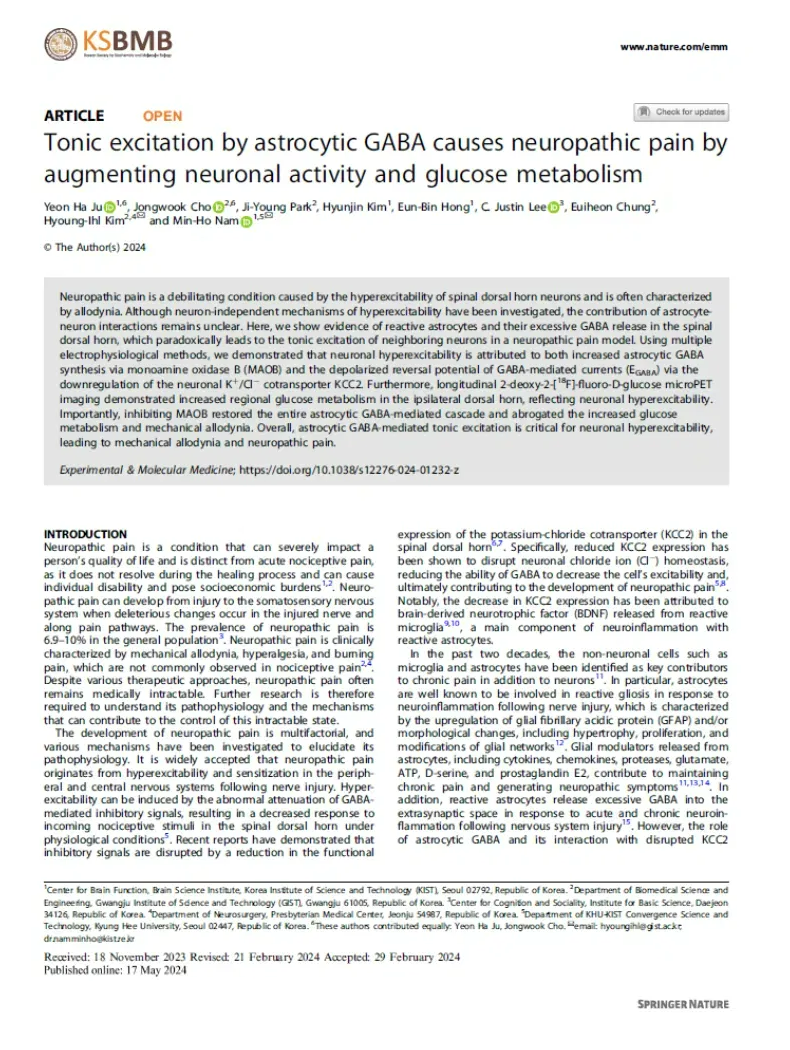
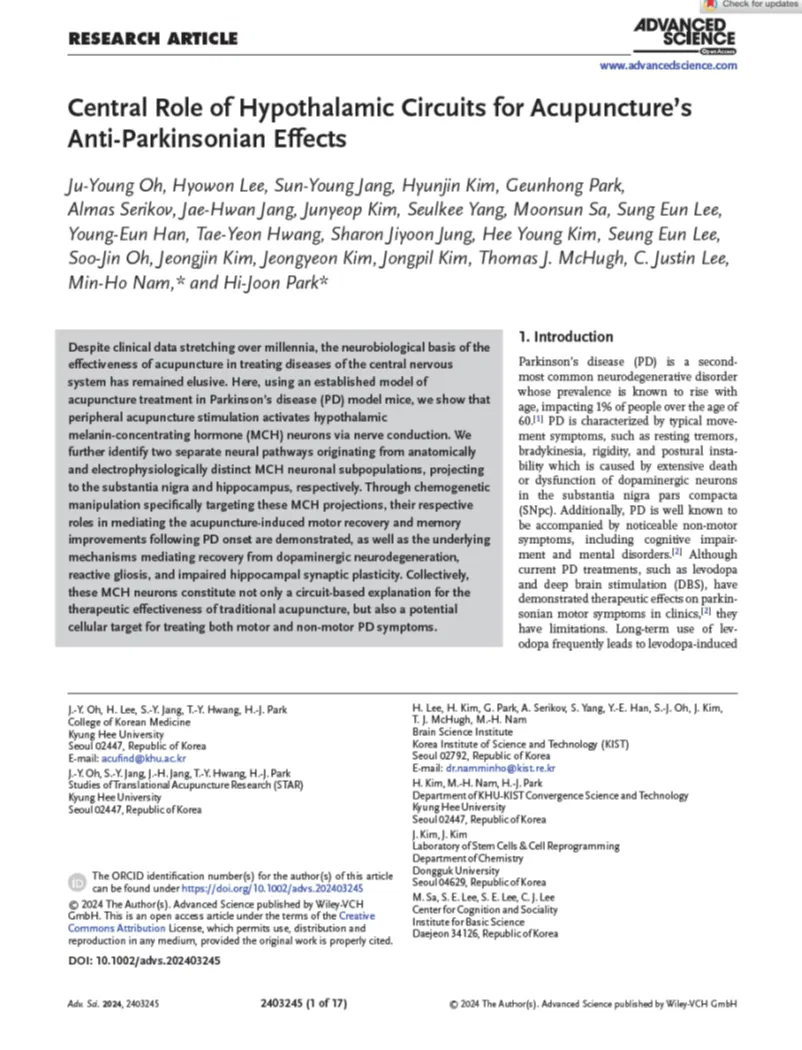
[2023]
- Nam MH*, Ko HY*, Kim D*, Lee S, Park YM, Hyeon SJ, Won W, Chung JI, Kim SY, Jo HH, Oh KT, Han YE, Lee GH, Ju YH, Lee H, Kim H, Heo J, Bhalla M, Kim KJ, Kwon J, Stein TD, Kong M, Lee H, Lee SE, Oh SJ, Chun JH, Park MA, Park KD, Ryu H#, Yun M#, Lee CJ#, Visualization of reactive astrocyte-neuron interaction in Alzheimer’s disease using 11C-acetate and 18F-FDG, Brain, 2023, DOI: 10.1093/brain/awad037 (selected as Editor's choice)
- Seo DC, Ju YH, Seo JJ, Oh SJ, Lee CJ, Lee SE#, Nam MH#, DDC-Promoter-Driven Chemogenetic Activation of SNpc Dopaminergic Neurons Alleviates Parkinsonian Motor Symptoms, International Journal of Molecular Sciences, 2023, DOI: 10.3390/ijms24032491 (#co-corresponding authors)
- Jeong S, Kang HW, Kim SH, Hong GS, Nam MH, Seong J, Yoon ES, Cho IJ, Chung S, Bang S, Kim HN, Choi N, Integration of reconfigurable microchannels into aligned three-dimensional neural networks for spatially controllable neuromodulation, Science Advances, 2023, DOI: 10.1126/sciadv.adf0925
- Sharma R, Neupane C, Pham TL, Lee M, Lee S, Lee SY, Nam MH, Kim CS, Park JB#, Tonic Activation of NR2D-Containing NMDARs Exacerbates Dopaminergic Neuronal Loss in MPTP-Injected Parkinsonian Mice, Journal of Neuroscience, 2023, DOI: 10.1523/JNEUROSCI.1955-22.2023

[2022]
- Chou N, Shin H, Kim K, Chae U, Jang M, Jeong UJ, Hwang KS, Yi B, Lee SE, Woo J, Cho Y, Lee C, Baker BJ, Oh SJ, Nam MH, Choi N, Cho IJ#, A Multimodal Multi-Shank Fluorescence Neural Probe for Cell-Type-Specific Electrophysiology in Multiple Regions across a Neural Circuit, Advanced Science, 2022, DOI: 10.1002/advs.202103564
- Yoon HH*, Ye S*, Lim S*, Jo A, Lee H, Hong F, Lee SE, Oh SJ, Kim NR, Kim K, Kim BJ, Kim H, Lee CJ, Nam MH#, Hur JW#, Jeon SR#, CRISPR/Cas9-mediated gene editing induces neurological recovery in an A53T-SNCA overexpression rat model of Parkinson's disease, The Crispr Journal, 2022, DOI: 10.1089/crispr.2021.0025 (#co-corresponding authors) (Featured as top 5 most-cited paper on Mar 7, 2024)
- Kim H, Nam MH, Jeong S, Lee H, Oh SJ, Kim J, Choi N, Seong J#, Visualization of differential GPCR crosstalk in DRD1-DRD2 heterodimer upon different dopamine levels, Progress in Neurobiology, 2022, https://doi.org/10.1016/j.pneurobio.2022.102266
- Nam MH*#, Sa M*, Ju YH, Park MG, Lee CJ#, Revisiting the Role of Astrocytic MAOB in Parkinson’s Disease. International Journal of Molecular Sciences, 2022, DOI: https://doi.org/10.3390/ijms23084453 (#co-corresponding authors)
- Kim D, Chun JH, Yi JH, Ko HY, Chung JI, Lee M, Park YM, Nam MH, Kim J, Kim SY, Park Y, Moon JH, Kang SG, Chang JH, Lee CJ, Kim SH, Yun MJ, 11C-Acetate PET/CT Detects Reactive Astrogliosis Helping Glioma Classification, Clinical Nuclear Medicine, 2022, https://doi.org/10.1097/RLU.0000000000004341
- Yang Y*, Seok MJ*, Kim YE*, Choi Y*, Song JJ, Sulistio YA, Kim S, Chang MY, Oh SJ, Nam MH, Kim YK, Kim TG, Im HI#, Koh SH#, Lee SH#, Adeno-associated virus (AAV) 9-mediated gene delivery of Nurr1 and Foxa2 ameliorates symptoms and pathologies of Alzheimer disease model mice by suppressing neuroinflammation and glial pathology, Molecular Psychiatry, 2022, DOI: 10.1038/s41380-022-01693-6
- Lee JY, Park SH, Kim Y, Cho YU, Park J, Hong JH, Kim K, Shin J, Jeong EJ, Min IS, Sang M, Shin H, Jeong UJ, Gao Y, Li B, Zhumbayeva A, Kim KY, Hong EB, Nam MH, Jeon H, Jung Y, Cheng H#, Cho IJ#, Yu KJ#, Foldable three dimensional neural electrode arrays for simultaneous brain interfacing of cortical surface and intracortical multilayers, npj flexible electronics, 2022, DOI: 10.1038/s41528-022-00219-y
[2021]
- Nam MH*, Won W*, Han KS, Lee CJ#, Signaling mechanisms of μ-opioid receptor (MOR) in the hippocampus: disinhibition versus astrocytic glutamate regulation, Cellular and Molecular Life Sciences, 2021;78(2):415-426. DOI: 10.1007/s00018-020-03595-8
- An H, Heo JY#, Lee CJ#, Nam MH#, The pathological role of astrocytic MAOB in Parkinsonism revealed by genetic ablation and over-expression of MAOB, Experimental Neurobiology, 2021;30(2):113-119. DOI: 10.5607/en21007 (#co-corresponding authors)
- Cho HU*, Kim S*, Shim J, Yang S, Nam MH#, Jang DP#, Lee CJ#, Redefining differential roles of MAO-A in dopamine degradation and MAO-B in tonic GABA synthesis, Experimental & Molecular Medicine, 2021. DOI: 10.1038/s12276-021-00646-3 (#co-corresponding authors)
- An H, Lee H, Yang S, Won W, Lee CJ#, Nam MH#, Adenovirus-induced reactive astrogliosis exacerbates the pathology of Parkinson's disease, Experimental Neurobiology, 2021;30(3):222-231. DOI: 10.5607/en21013 (#co-corresponding authors)
- An H, Koh W, Kang S, Nam MH#, Lee CJ#, Differential proximity of perisynaptic astrocytic Best1 at the excitatory and inhibitory tripartite synapses in APP/PS1 and MAOB-KO mice revealed by Lattice Structured-Illumination Microscope, Experimental Neurobiology, 2021, Online ahead of print. DOI: 10.5607/en21015 (#co-corresponding authors) Featured on the cover page!!
- Chae U, Shin H, Choi N, Ji MJ, Park HM, Lee SH, Woo J, Cho Y, Kim K, Yang S, Nam MH, Yu HY, Cho IJ#, Bimodal neural probe for highly co-localized chemical and electrical monitoring of neural activities in vivo, Biosensors and Bioelectronics, 2021:191;113473. DOI: 10.1016/j.bios.2021.113473
- Nam MH*, Park JH*, Song HJ*, Choi JW, Kim S, Jang BK, Yoon HH, Heo JY, Lee H, An H, Kim H, Park SJ, Cho DW, Yang YS, Han SC, Kim S, Oh SJ, Jeon SR, Park KD#, Lee CJ#, KDS2010, a newly developed reversible MAO-B inhibitor, as an effective therapeutic candidate for Parkinson’s disease, Neurotherapeutics, 2021;18(3):1729-1747. DOI: 10.1007/s13311-021-01097-4

[2020]
- Nam MH*, Cho J*, Kwon DH, Park JY, Woo J, Lee J, Lee S, Ko HY, Won W, Kim RG, Song H, Oh SJ, Choi JW, Park KD, Park EK, Jung H, Kim HS, Lee MC, Yun M, Lee CJ#, Kim HI#, Excessive astrocytic GABA causes cortical hypometabolism and impedes functional recovery following subcortical stroke, Cell Reports, 2020, 32, 107861. DOI: 10.1016/j.celrep.2020.107861
- Yoon HH*, Nam MH*, Choi I, Min J, Jeon SR#, Optogenetic inactivation of the entopeduncular nucleus improves forelimb akinesia in a Parkinson's disease model. Behavioural Brain Research, 2020, 10:112551. DOI: 10.1016/j.bbr.2020.112551
- Heo JY*, Nam MH*, Yoon HH*, Kim J*, Hwang YJ*, Won W, Woo DH, Lee JA, Park HJ, Jo S, Lee MJ, Kim S, Shim JE, Jang DP, Kim KI, Huh SH, Jeong JY, Kowall NW, Lee J, Im H, Park JH, Jang BK, Park KD, Lee HJ, Shin H, Cho IJ, Hwang EM, Kim Y, Kim HY, Oh SJ, Lee SE, Paek SH, Yoon JH, Jin BK, Kweon GR, Shim I, Hwang O, Ryu H#, Jeon SR#, Lee CJ#, Aberrant tonic inhibition of dopaminergic neuronal activity causes motor symptoms in animal models of Parkinson’s disease, Current Biology, 2020;30(2):276-291. DOI: 10.1016/j.cub.2019.11.079
- Pandit S, Neupane C, Woo J, Sharma R, Nam MH, Lee GS, Yi MH, Shin N, Kim DW, Cho H, Jeon BH, Kim HW, Lee CJ#, Park JB#, Bestrophin1-mediated tonic GABA release from reactive astrocytes prevents the development of seizure-prone network in kainate-injected hippocampi, Glia, 2020;68(5):1065-1080. DOI: 10.1002/glia.23762


[2019]
- Nam MH*, Han KS*, Lee J*, Won WJ, Koh W, Bae JY, Woo J, Kim J, Kwong E, Choi TY, Chun H, Kim SB, Park KD, Choi SY, Bae YC#, Lee CJ#, Activation of astrocytic mu-opioid receptor causes conditioned place preference, Cell reports, 2019;28(5):1154-1166. DOI: 10.1016/j.celrep.2019.06.071
- Park JH*, Ju YH*, Choi JW, Song HJ, Jang BK, Woo J, Chun H, Kim HJ, Shin SJ, Yarishkin O, Jo S, Park M, Yeon SK, Kim S, Kim J, Nam MH, Londhe AM, Hwang SY, Kim SW, Cho J, Pae AN, Lee CJ#, Park KD#, Newly developed reversible MAO-B inhibitor circumvents the shortcomings of irreversible inhibitors in Alzheimer's disease. Science Advances, 2019;20:5(3):eaav0316. DOI: 10.1126/sciadv.aav0316

[2018]
- Woo DH*, Bae JY*, Nam MH*, An H, Ju YH, Won J, Choi JH, Hwang E, Han KS, Bae YC#, Lee CJ#, Activation of Astrocytic m-opioid Receptor Elicits Fast Glutamate Release Through TREK-1-Containing K2P Channel in Hippocampal Astrocytes, Frontiers in Cellular Neuroscience, 2018;12:319. DOI: 10.3389/fncel.2018.00319
- Nam MH*, Han KS*, Lee J, Bae JY, An H, Park S, Oh SJ, Kim E, Hwang E, Bae YC#, Lee CJ#, Expression of μ-Opioid Receptor in CA1 Hippocampal Astrocytes, Experimental Neurobiology, 2018;27:120-128. DOI: 10.5607/en.2018.27.2.120 (F1000 Prime recommended)
[2017]
- Nam MH*, Park M*, Park H, Kim Y, Yoon S, Sawant VS, Choi JW, Park JH, Park KD, Min SJ, Lee CJ, Choo H, Indole-substituted benzothiazoles and benzoxazoles as selective and reversible MAO-B inhibitors for treatment of Parkinson’s disease, ACS Chemical Neuroscience, 2017 Mar 23, DOI: 10.1021/acschemneuro.7b00050
[-2017]
- Kim BI, Kim JH, Sim DY, Nam MH, Jung JH, Shim B, Lee J, Kim SH, Inhibition of JAK2/STAT3 and activation of caspase‑9/3 are involved in KYS05090S‑induced apoptosis in ovarian cancer cells. International Journal of Oncology, 2019;55(1):203-210.
- Paik SH*, Nam MH*, Lee BC#, Cucumis Melo L. alleviates obesity and insulin resistance in obese human subjects and high fat diet-induced obese mice, International Journal of Clinical and Experimental Medicine, 2018;11(6):5774-5783.
- Lee SW*, Nam MH*, Lee BC#, Herbal Acupuncture for Type 2 Diabetes: A Systematic Review, Experimental and Therapeutic Medicine, 2017, DOI: 10.3892/etm.2017.4379
- Kim JH, Kwon HY, Ryu DH, Nam MH, Shim BS, Kim JH, Lee JY, Kim SH#, Inhibition of CUG-binding protein 1 and activation of caspases are critically involved in piperazine derivative BK10007S induced apoptosis in hepatocellular carcinoma cells, Plos One, 2017;16;12(10):e0186490.
- Hong SH, Lee H, Lee HJ, Kim B, Nam MH, Shim BS, Kim SH#, Ethanol Extract of Pinus koraiensis Leaf Ameliorates Alcoholic Fatty Liver via the Activation of LKB1-AMPK Signaling In Vitro and In Vivo., Phytotherapy Research, 2017 Mar 16. doi: 10.1002/ptr.5801.
- Nam MH, Jung SJ, Lim J#, Seo E, Lim J, Lee SJ, Yoon SZ, Soh KS#, A novel fibrous duct structure in the brain meninges discovered using polarized light microscopy, Journal of Korean Physical Society, 2016;68(10):1246-53.
- Nam MH*, Lee SW*, Na HY, Yoo JH, Paik SH, Ahn KS, Ahn YM, Ahn SY, Choi SH, Lee BC#, Herbal Acupuncture for the Treatment of Obesity, Journal of Acupuncture & Meridian Studies, 2016, 9(2):49-57.
- Nam MH, Ahn KS, Choi SH#. Acupuncture: A potent tool for inducing adult neurogenesis, Neural Regeneration Research, 2015;10(1):33-35.
- Kim J#, Stefanov M, Nam MH, Kim S, Tracing Mercox Injected at Acupuncture Points under the Protocol of Partial Body Macerations in Mice, Journal of Acupuncture & Meridian Studies, 2015;8(6):314-20.
- Nam MH*, Baek M*, Lim J, Lee S, Yoon J, Kim J, Lee MS, Soh KS#. Discovery of a novel fibrous tissue in the spinal pia mater by polarized light microscopy, Connective Tissue Research, 2014;55(2):147–155.
- Nam MH, Ahn KS, Choi SH#. Acupuncture stimulation induces neurogenesis in adult brain, International Review of Neurobiology, 2013;111:67-90.
- Stefanov M#, Potroz M, Kim J, Lim J, Cha R, Nam MH. The Primo Vascular System as a New Anatomical System, Journal of Acupuncture & Meridian Studies, 2013;6(6):331-338.
- SJ Jung, KH Bae, Nam MH, HM Kwon, YK Song, KS Soh#, Primo Vascular System Floating in Lymph Ducts of Rats, Journal of Acupuncture & Meridian Studies, 2013;6(6):306-318. (Featured article)
- Lee SH, Bae KH, Kim GO, Nam MH, Choi YB, Kwon HM, Ryu Y, Soh KS#. Primo vascular system in the lymph vessel from the inguinal to the axillary nodes, Evidence-Based Complementary and Alternative Medicine, vol. 2013, Article ID 472704, 6 pages, 2013. doi:10.1155/2013/472704.
- Bae KH, Park SH, Lee BC, Nam MH, Yoon JW, Kwon HM, Yoon SZ#. Novel threadlike structures may be present on the large animal organ surface: evidence in swine model, Evidence-Based Complementary and Alternative Medicine, vol. 2013, Article ID 758763, 5 pages, 2013. doi:10.1155/2013/758763.
- Stefanov M#, Kim JD, Nam MH, Soh KS. New approach of corrosion casting using direct injection of mercox into the parenchyma of different organs, The Anatomical Record, 2013;296:724–725.
- Nam MH, Lim J, Choi SH, Kim SC, Soh KS#. A primo vascular system underneath the superior sagittal sinus in the brain of a rabbit, Journal of Acupuncture & Meridian Studies, 2012;5(5):210-217.
- Nam MH, Choi SH, Soh KS#. Light and primo vascular system in the brain, Journal of the Korean Physical Society, 2012;60(6):903-906.
- Nam MH, Yin CS, Choi SH, Soh KS#. Adult neurogenesis and acupuncture stimulation at ST36, Journal of Acupuncture & Meridian Studies, 2011;4(3):153-158.
- Nam MH, Kim Y, Kim H, Park J, Yeh HY, Lee YS, Lee S, Jung WM, Hong YK, Lee H, Park HJ, Chae Y#, A Comparison Study of Factors of Willingness to Use Traditional Medicine between Korean, Chinese and Taiwanese, J Korean Oriental Med 2011;32(1):36-55.
- Kim SY, Kim H, Nam MH, Li Y, Chung HC, Park HJ, Lee H, Chae Y#, Evaluation of a Traditional Korean Medicine Content Factor and Satisfaction with the Drama ‘Daejanggeum’, The Journal of Korean Acupuncture & Moxibustion Society, 2010;27(1):11-20.
Lab people
Min-Ho Nam, KMD, PhD
Principal Investigator
Min-Ho Nam is a neuroscientist who studies pathological mechanism of neurological disorders including Parkinson's disease and Alzheimer's disease from the astrocyte-centered perspective. As a physician (Korean Medical Doctor)-scientist, he also studies the neurobiological mechanism of acupuncture treatment on Parkinson's disease. He completed his PhD under supervision of Dr. C. Justin Lee at KIST and earned his PhD from Kyung Hee University, Korea (joint with KIST) in 2017. Since 2020, he joined KIST as a senior researcher as well as the lab head of Nam lab.
Young-Jung Kim, PhD
Post-Doc / NRF Fellowship Post-Doc
Young-Jung Kim received his undergraduate degree in pharmacy from Sungkyunkwan University, Korea, in 2017 and obtained a pharmacist license. He continued his adventure in the neuroscience of drug addiction and psychopharmacology. He received his PhD in investigating the biomolecular mechanisms and regulating targets of cocaine-induced reward behaviors in animals from the Sungkyunkwan University working under the supervision of Dr. Choon-Gon Jang in 2022. He worked as a postdoctoral researcher and lecturer at Sungkyunkwan University from 2022 to 2024. After two years of research experience, he joined the laboratory of Dr. Min-Ho Nam at KIST as a postdoctoral researcher.
Seungha Kim
Post-Doc / Brain Pool Scientist
Seungha Kim received his undergraduate degree in Nursing from Chung-Ang University in 2015 and obtained a registered nurse license. To deepen his understanding of basic medical science, he pursued a Ph.D. in Biomedical Science with a focus on Neurophysiology at Seoul National University College of Medicine under the supervision of Professor Sang Jeong Kim. His doctoral research revealed a novel role of cerebellar Bergmann glial cells in pain modulation, and he earned his Ph.D. in 2024. He then conducted postdoctoral research under the supervision of Dr. Sebastian Choi at the University of Texas Southwestern Medical Center (UTSW) for one year. In 2025, he joined Dr. Min-Ho Nam’s laboratory at KIST as a postdoctoral researcher.
Hyowon Lee, MSc
PhD Candidate
He received his master degree from Dongguk University and studied plant genetics. He worked as a research intern in a neuroscience lab at Fred Hutchinson Cancer Research Center. Currently, he is studying neuroscience in Nam lab at KIST as a PhD student.
Hyunjin Kim, MSc
PhD candidate
He received his Master of science degree from Ajou University, He has been investigating the role of a sugar transporter which is present in the brain through molecular biological approaches. In NAM lab, he is investigating the glia-neuronal metabolic interaction, particularly through glucose and fructose metabolism using various approaches including molecular biology, electrophysiology, imaging, etc.
In-Yeop Baek, Msc
PhD student
In-Yeop obtained a master's degree from Kyung Hee University. He developed a fluorescent biosensor capable of measuring the activity of GPCR. Additionally, as an intern researcher at KIST, he participated in the development of a screening platform for GPCR-targeted drugs using FRET technology. Currently, in the Nam lab, he's working on developing chemogenetic tools which can induce GPCR signaling.
Yasmin Tamanna, MSc
PhD student
She obtained her bachelor's degree in pharmacy from Primeasia University in Bangladesh and her master's degrees, one from the same university and another from Kyung Hee University. After three years of PhD course under the supervision of Dr. Hyewon Rhim at KIST, she moved to the Nam lab in 2024 autumn.
Heesu Na
MS student
Heesu majors in biomedical science and engineering at Konkuk University. After completing internships at a vaccine development company and a biomedical research company, she discovered her passion for research and decided to pursue it further. With a keen interest in neuroscience, specifically neurodegenerative diseases and neuroinflammation, she joined Nam Lab as a research intern in March 2023. Her ultimate goal is to make significant contributions to the development of treatments for neurodegenerative diseases. As such, she is eager to participate in studies that clarify the pathogenesis of these conditions.
Min-Seo Ko
Research Intern
After receiving her B.S. degree in Biology from Kyonggi University, Min-Seo decided to pursue her long-standing interest in brain science, particularly electrophysiology. As a research intern and an incoming graduate student (starting September 2025), she is working to elucidate neural circuits related to Parkinson’s disease and the gut–brain axis.
Dong-Chan Seo
Visiting Graduate Student (Integrated MS-PhD course)
After earning his B.S. degree in molecular biology from Dankook University, he is pursuing a PhD in neuroscience at Korea University while also conducting research at KIST's virus facility under the guidance of Dr. Seung Eun Lee. Currently, he is involved in collaborative research projects with Nam Lab, focusing on the development of viral promoters in the brain.
Eunbin Hong
MS student
She received B.S. degree of applied chemistry from Dongduk women’s University. She has previously worked as a research intern for 2 semesters in Nam lab. Now she is working as a graduate student researcher, and simultaneously, she is in the Master’s course in Biotechnology major at Yonsei University. She is studying the molecular mechanism of neurodegeneration diseases such as Alzheimer's disease and Parkinson’s disease through reactive astrocytes.
Alumni
Join
Join
The NAM Lab employs a multi-disciplinary approach including optogenetic (chemogenetic), ex vivo electrophysiological, pharmacological and imaging techniques to find mechanistic explanations for how reactive astrocytes contribute to brain pathophysiology and/or how acupuncture works through neuro- and glio-modulation.
Graduate students
The NAM Lab always welcomes highly self-motivated students to discover their talents! Please e-mail me (dr.namminho@kist.re.kr) your academic transcripts and CV, and we can make a time to meet.
Post-docs
The NAM Lab always welcomes highly self-motivated Ph.D.s to build up interesting stories of glia and neuroinflammation! Please e-mail me (dr.namminho@kist.re.kr) with your CV (and a cover letter which includes what you have done in the past and what you want to get from the NAM lab).
